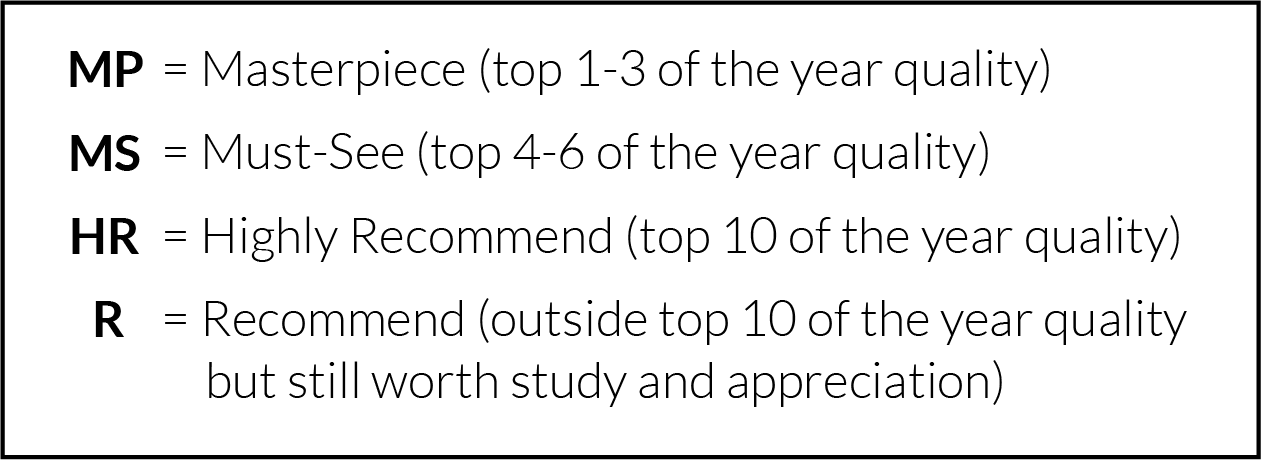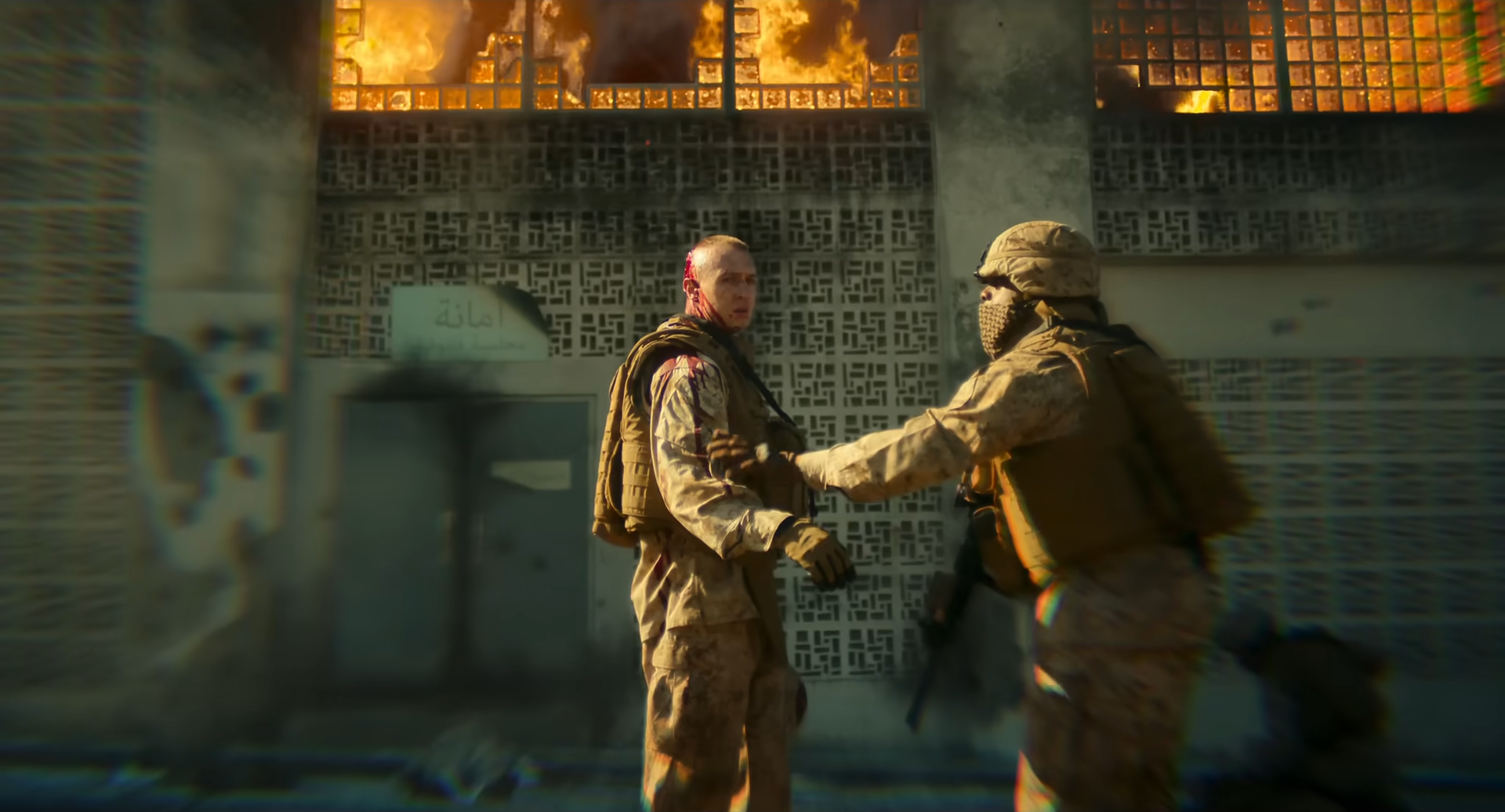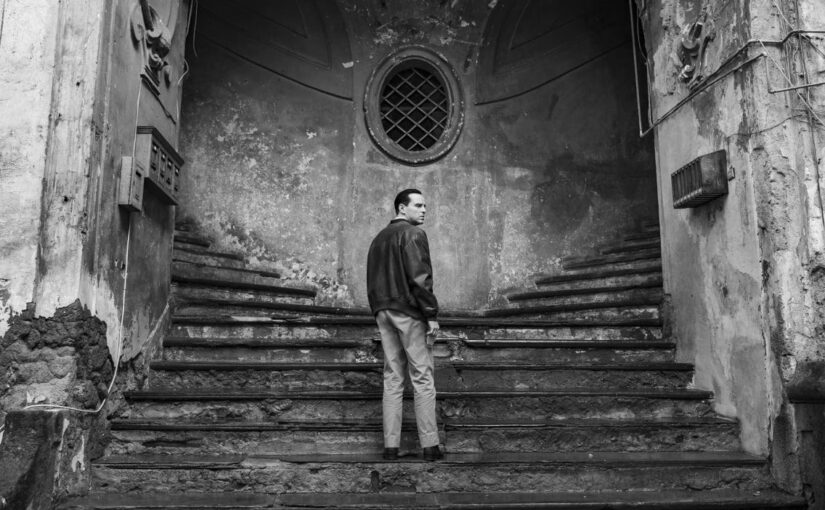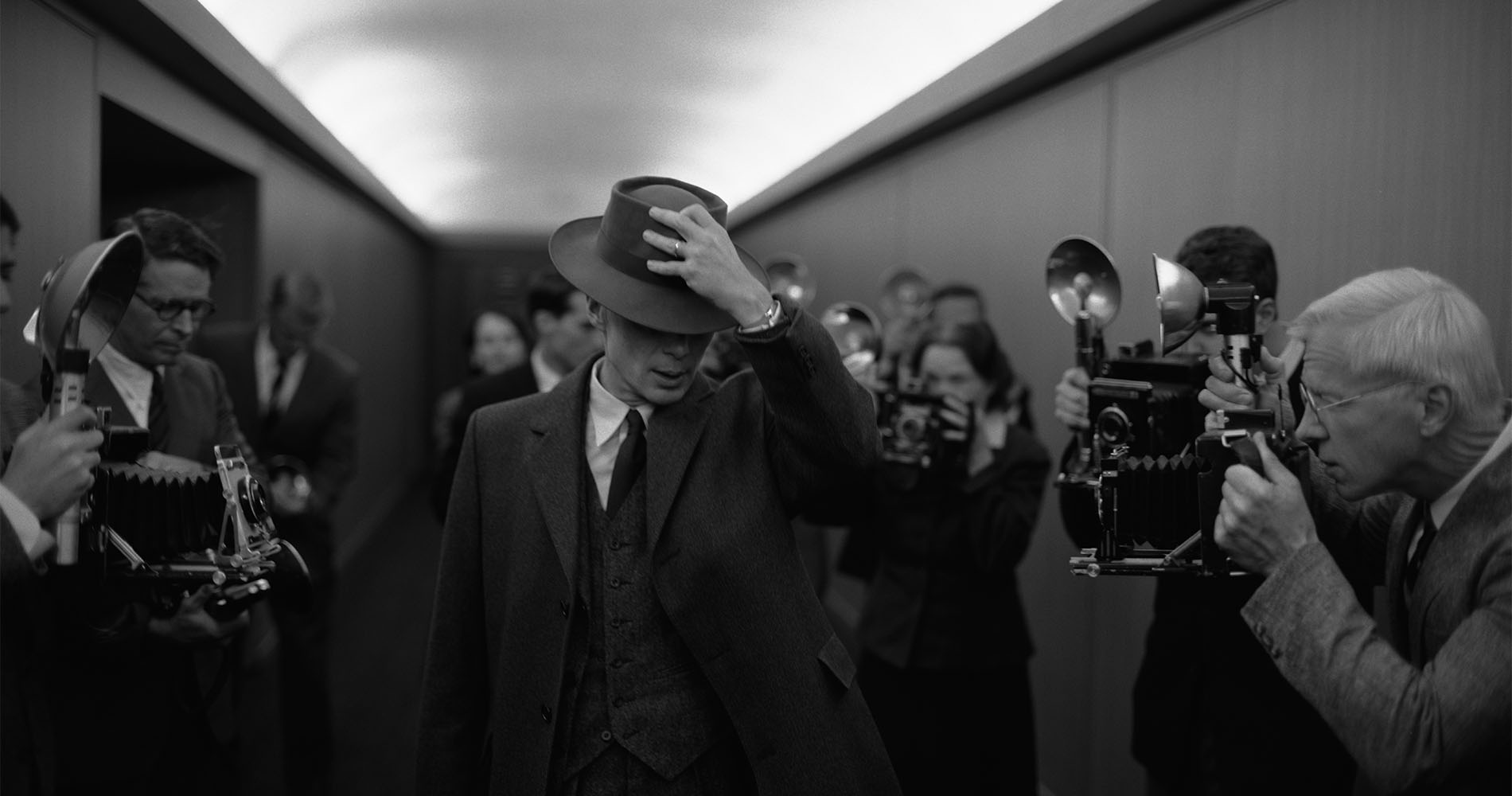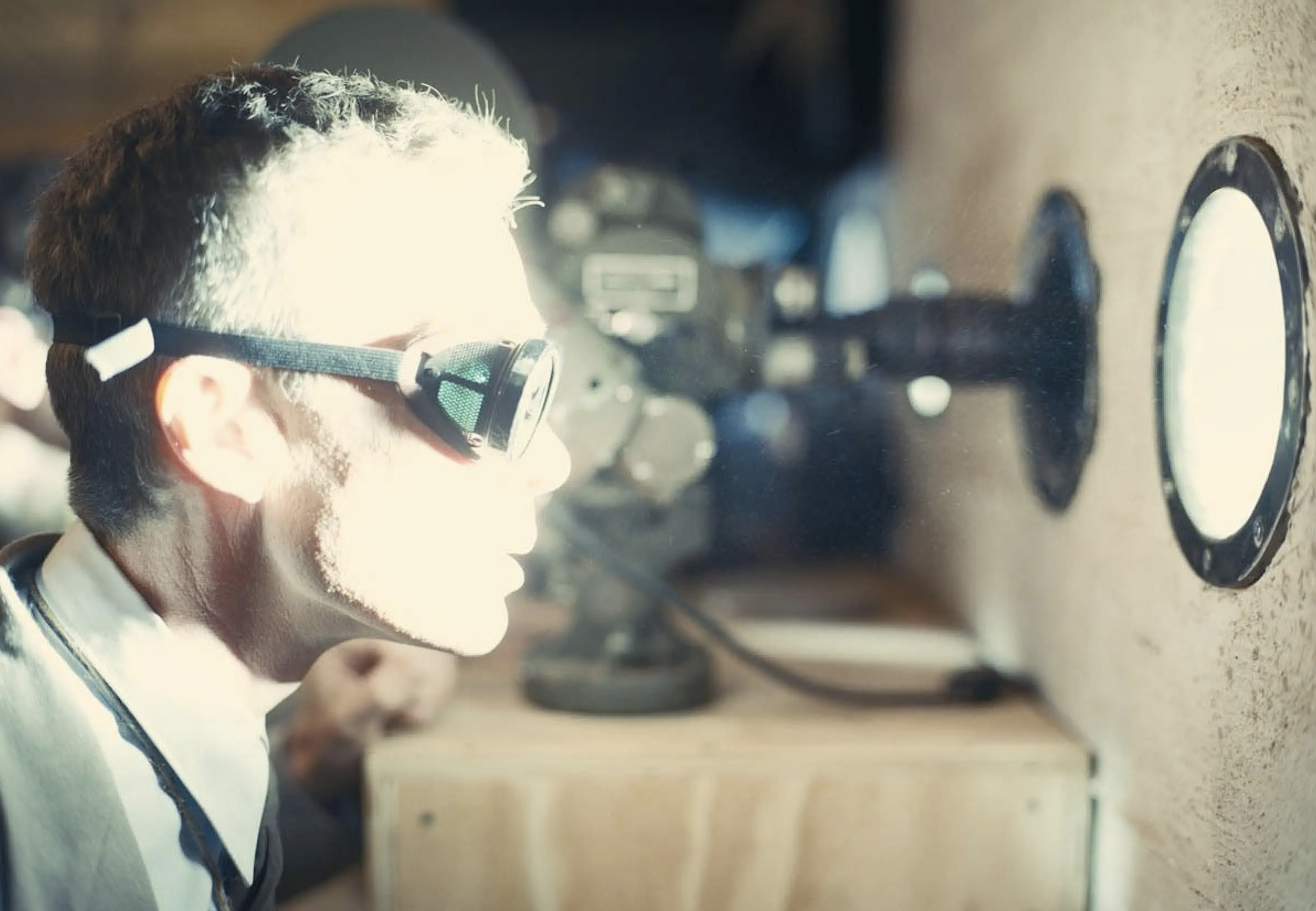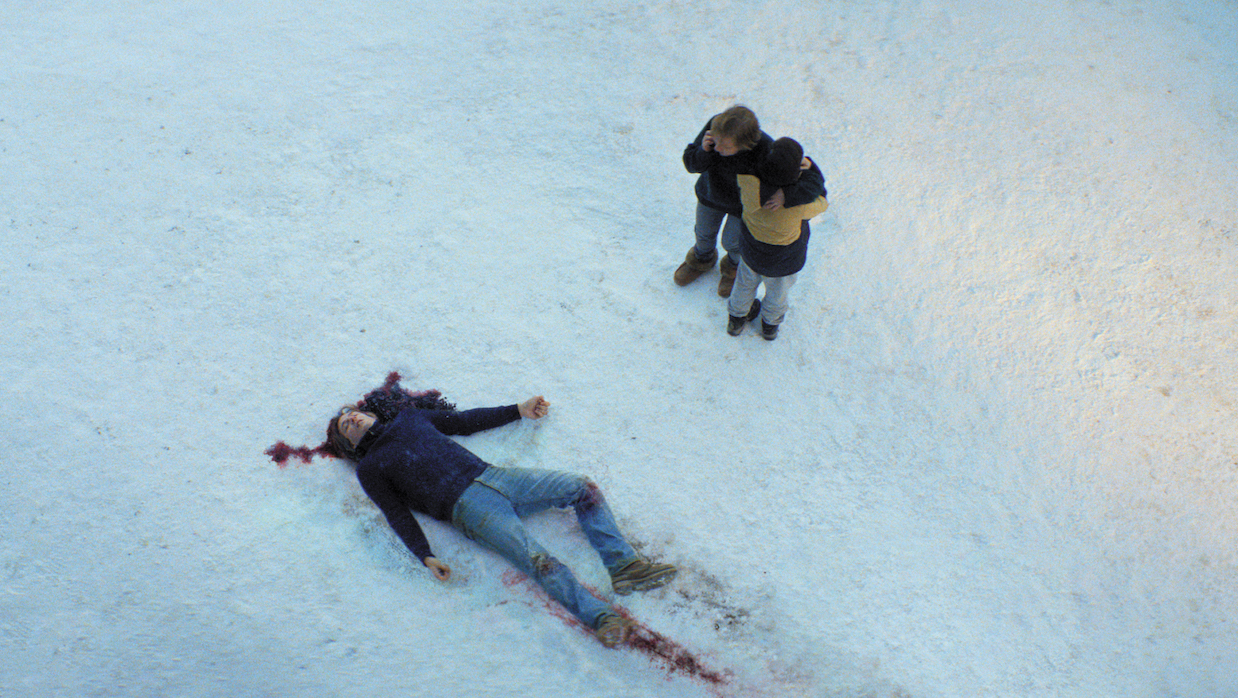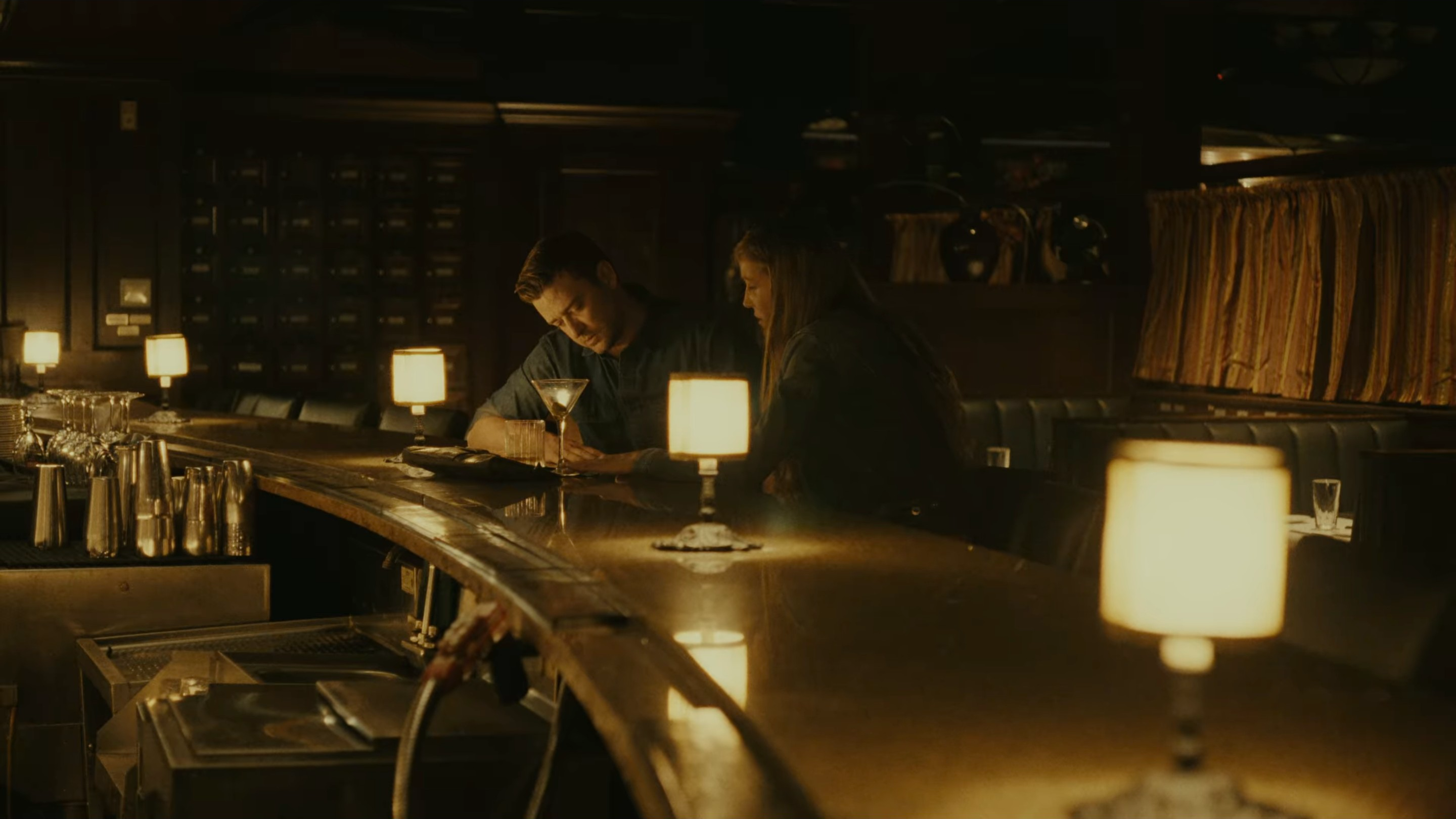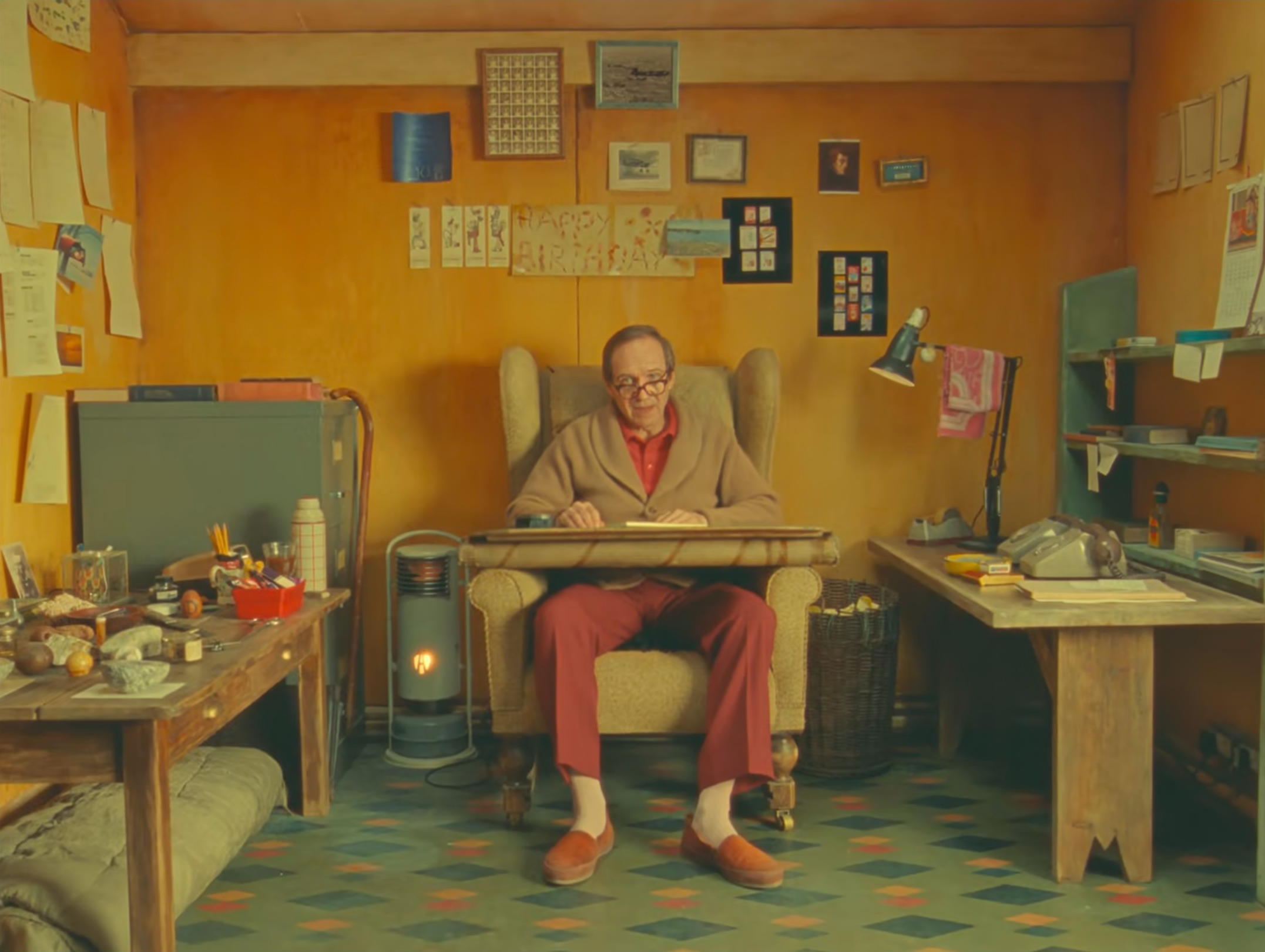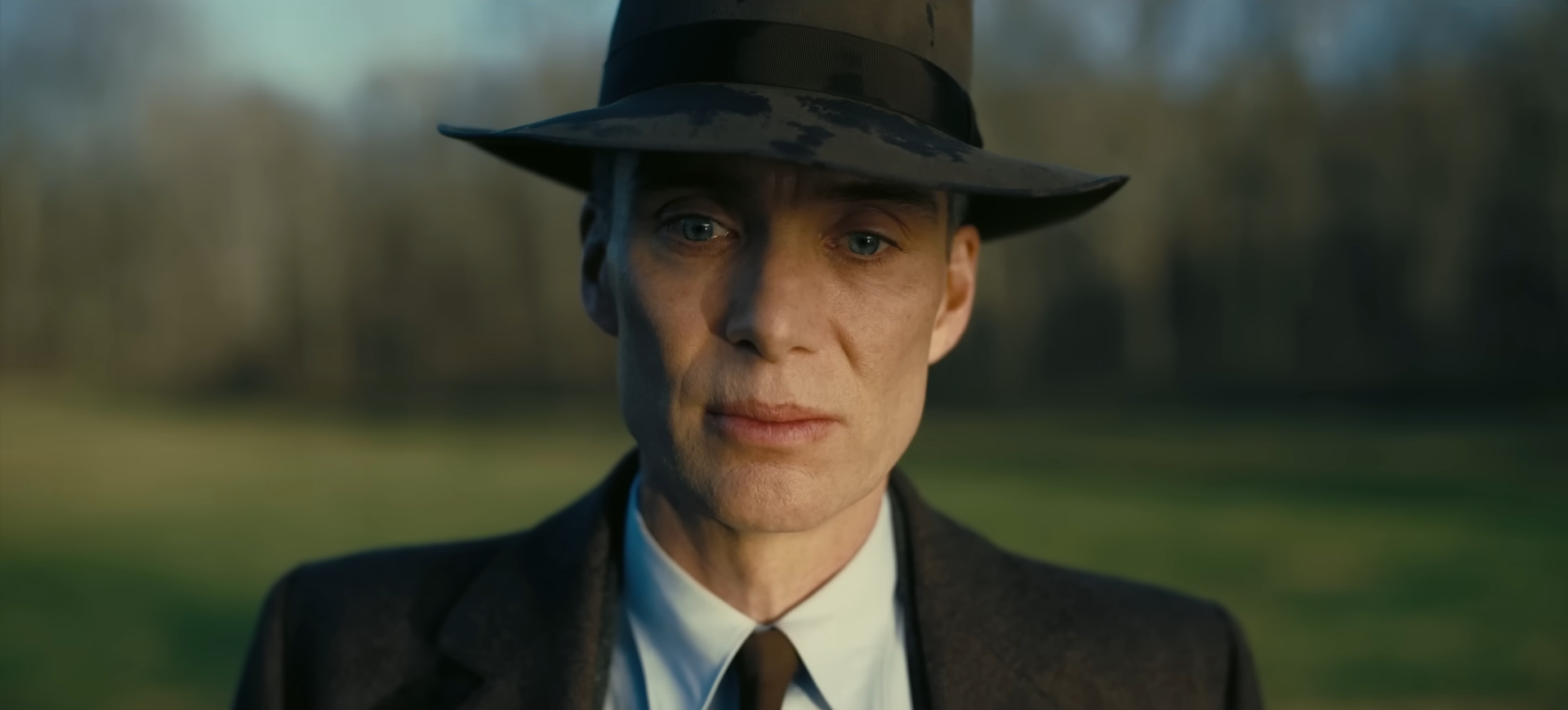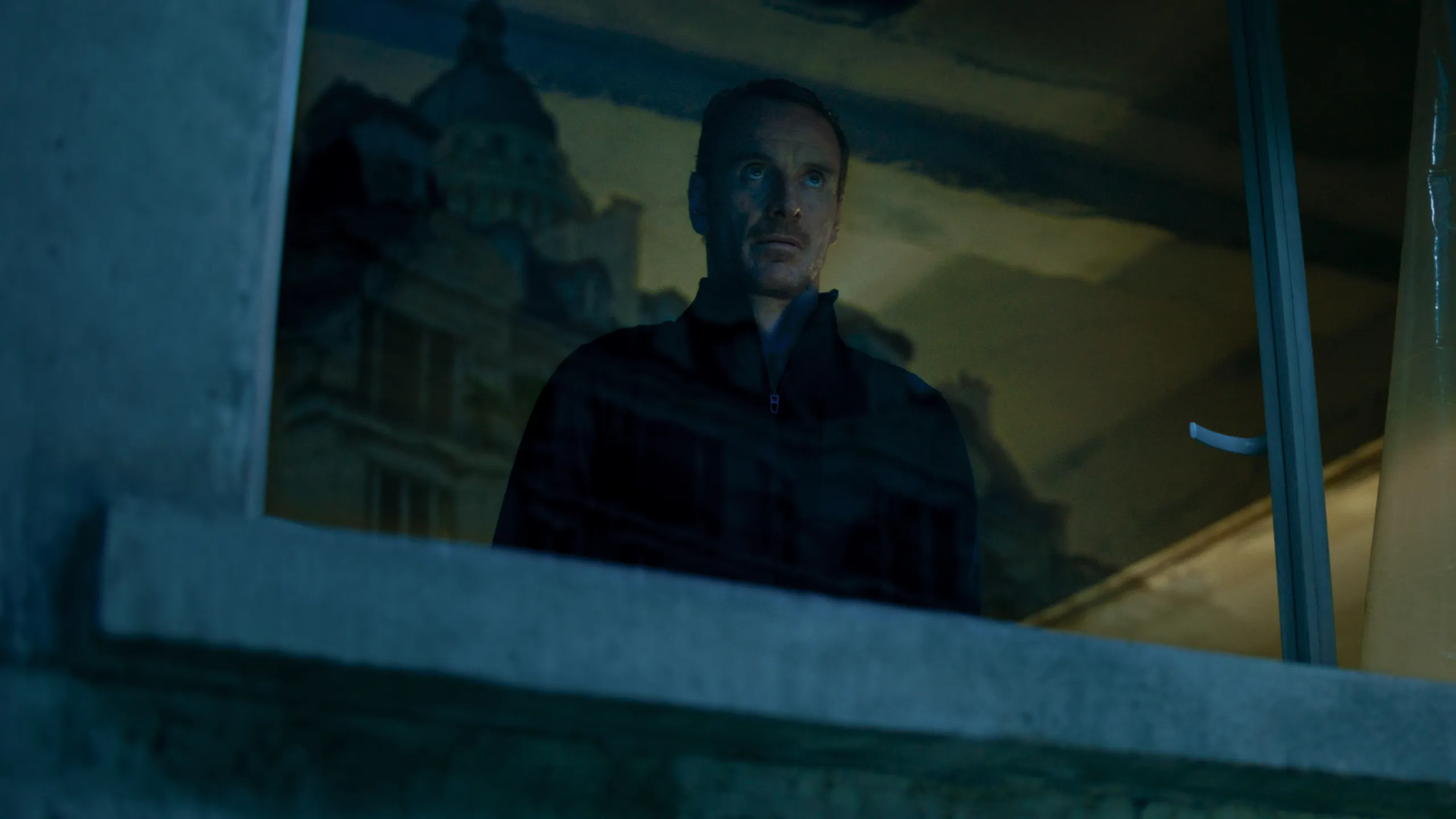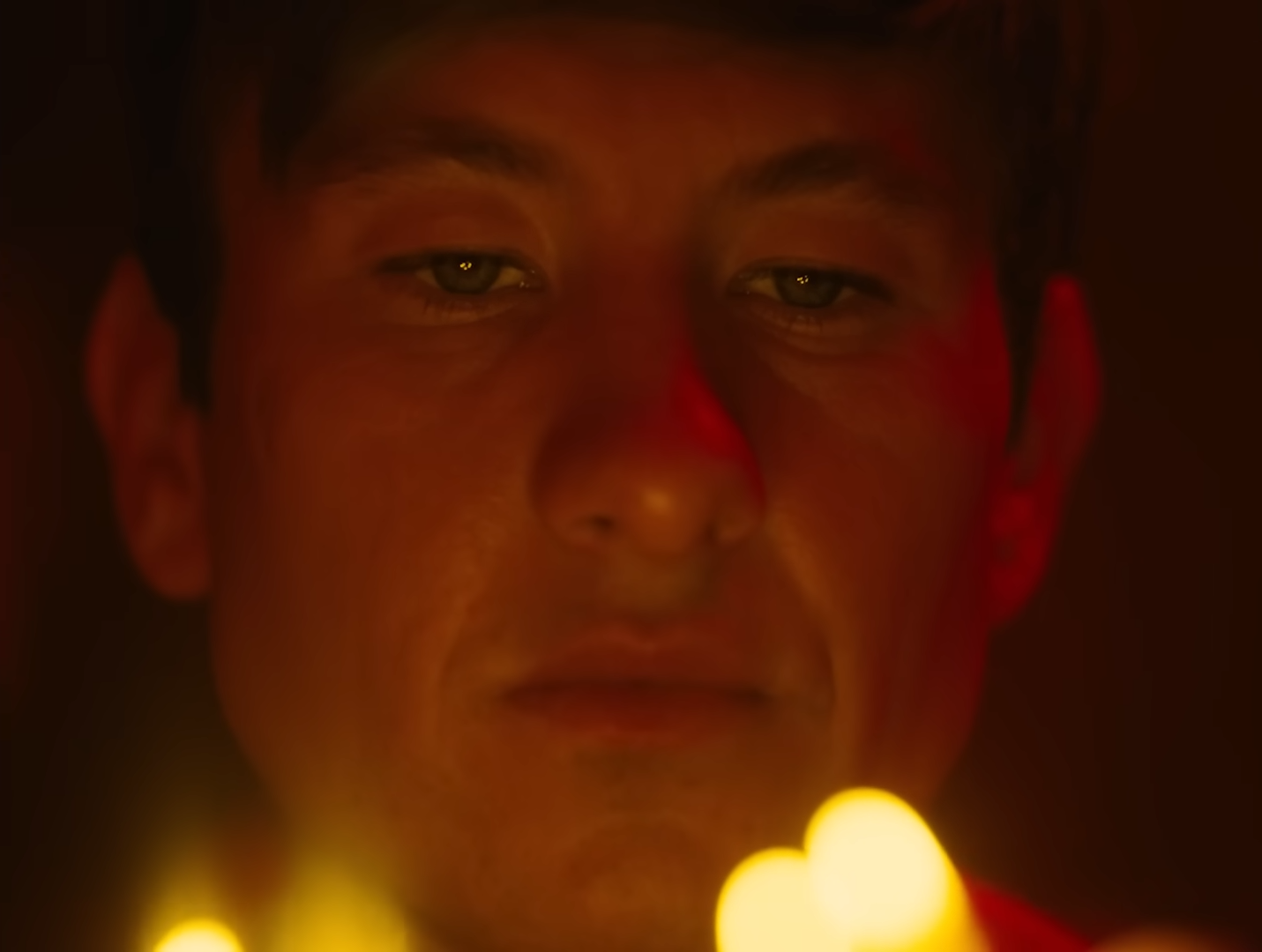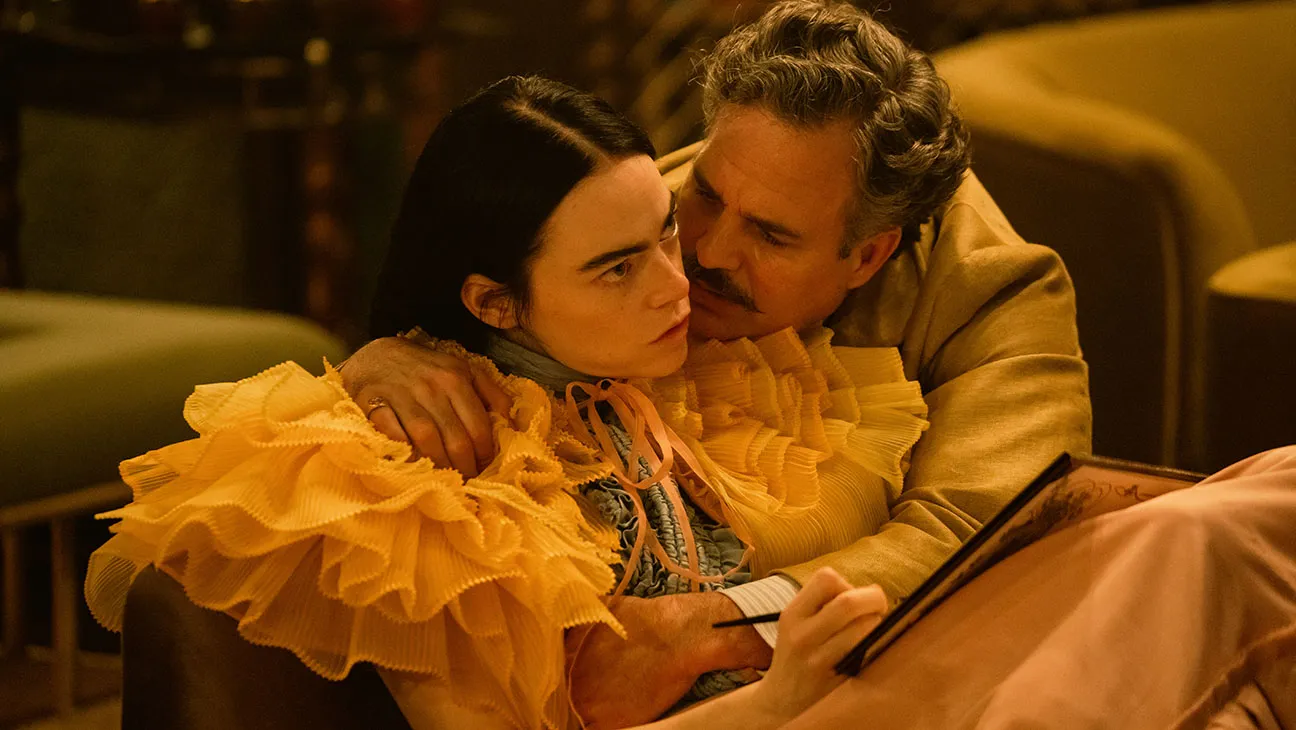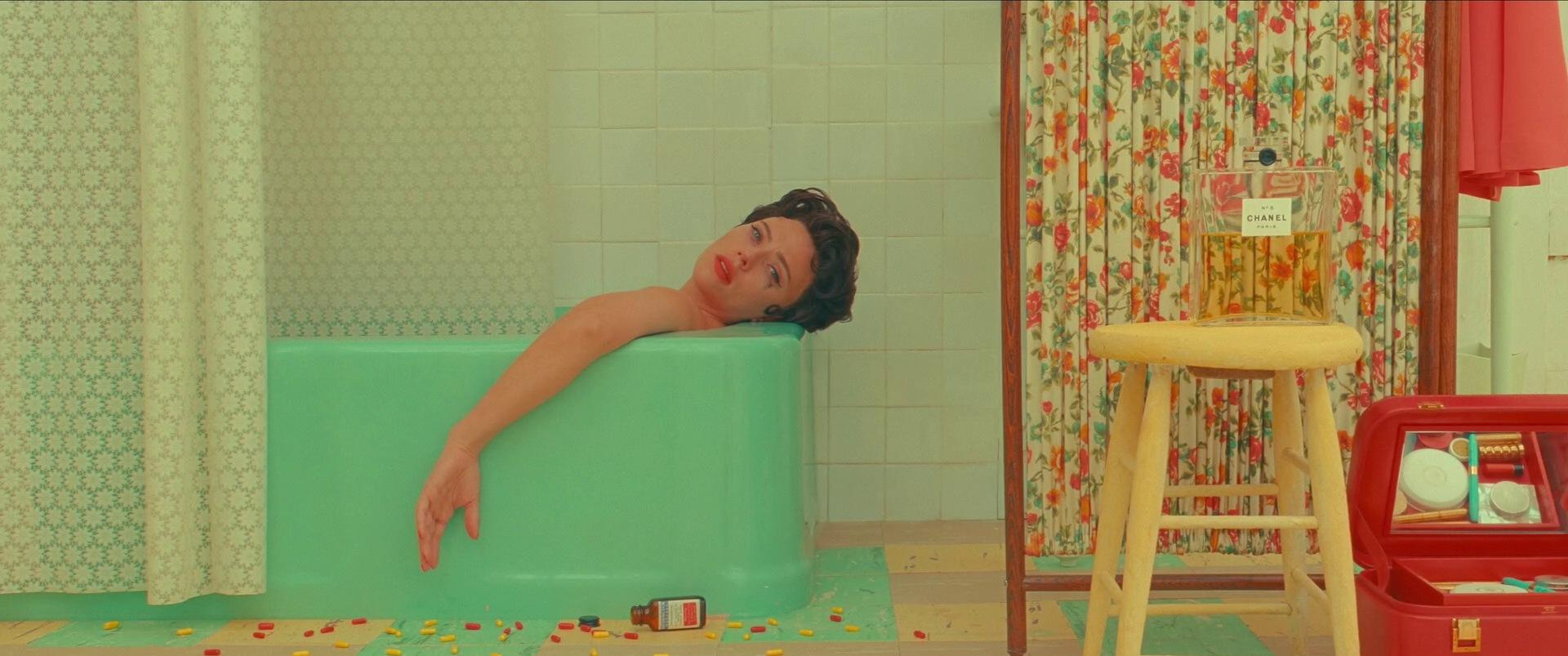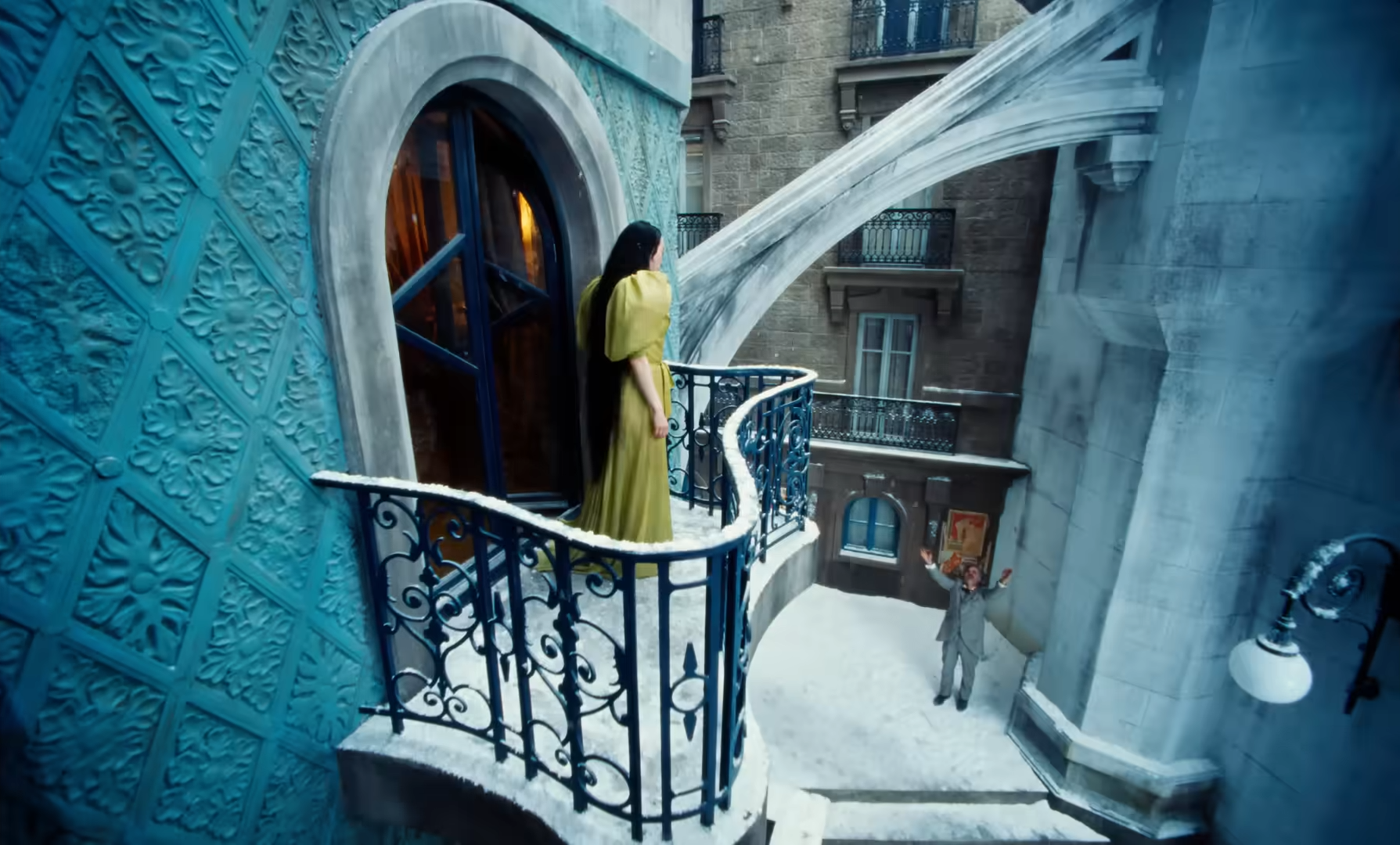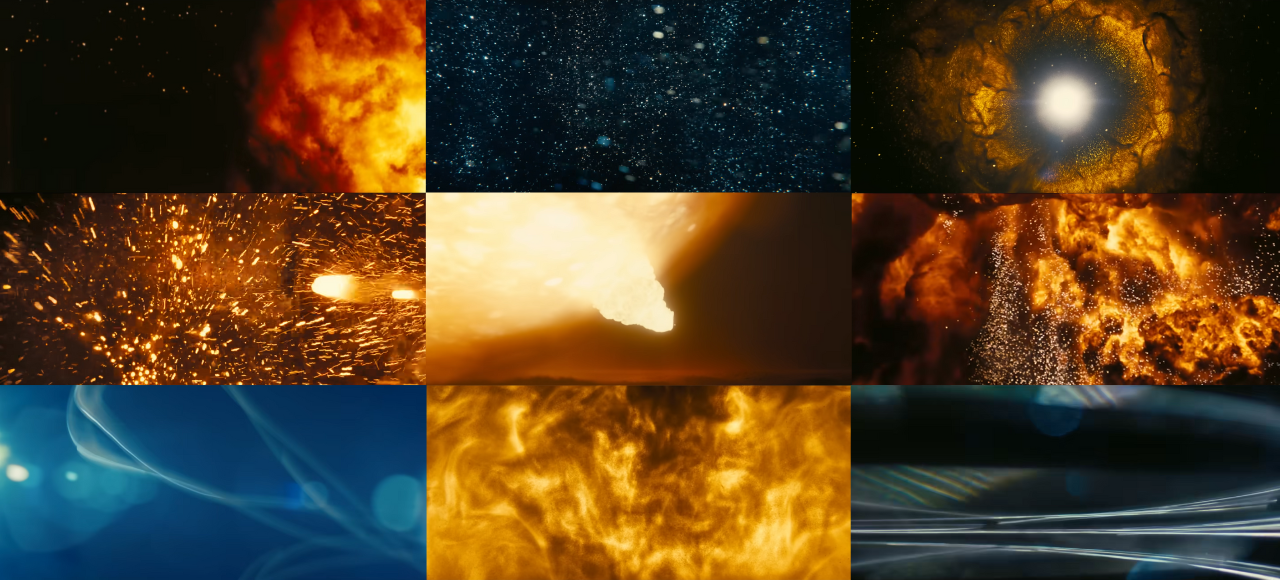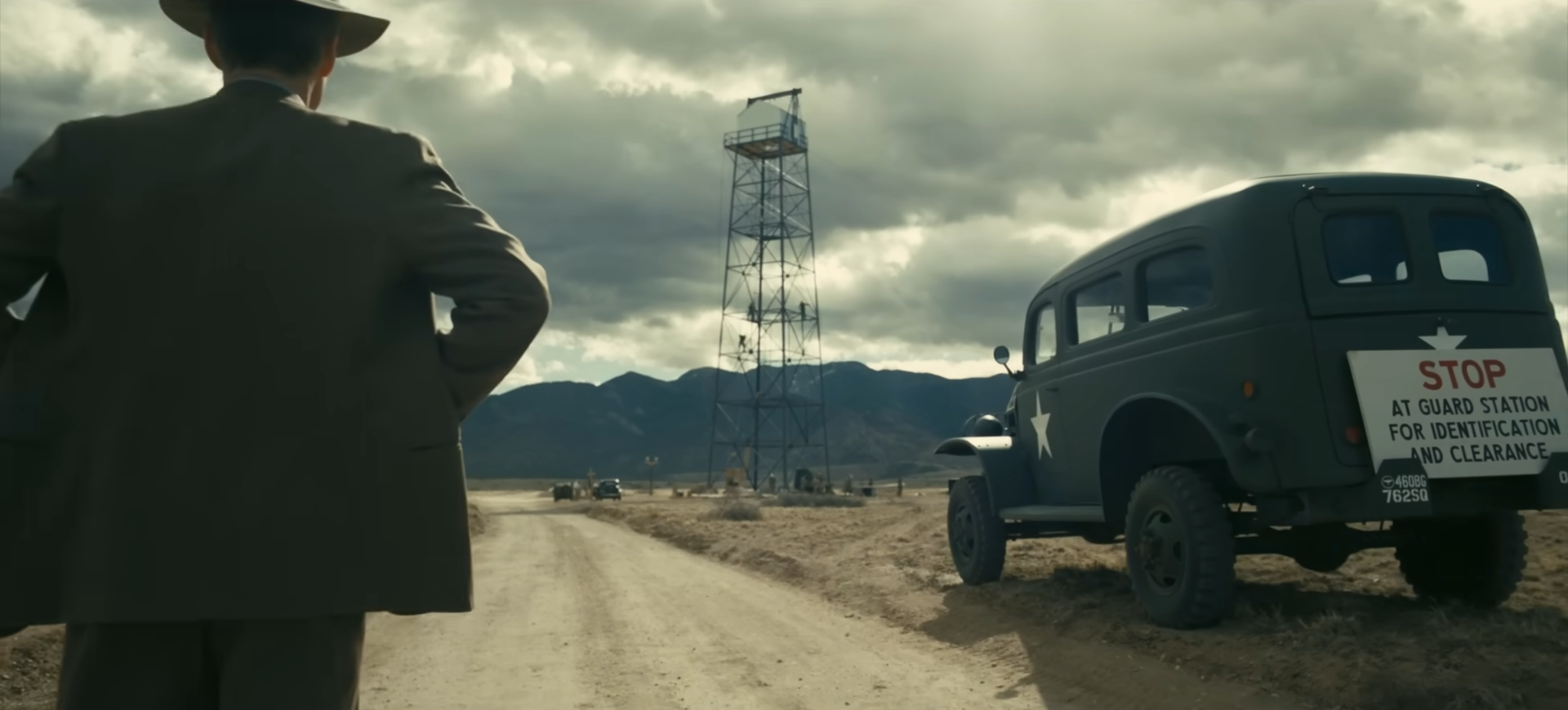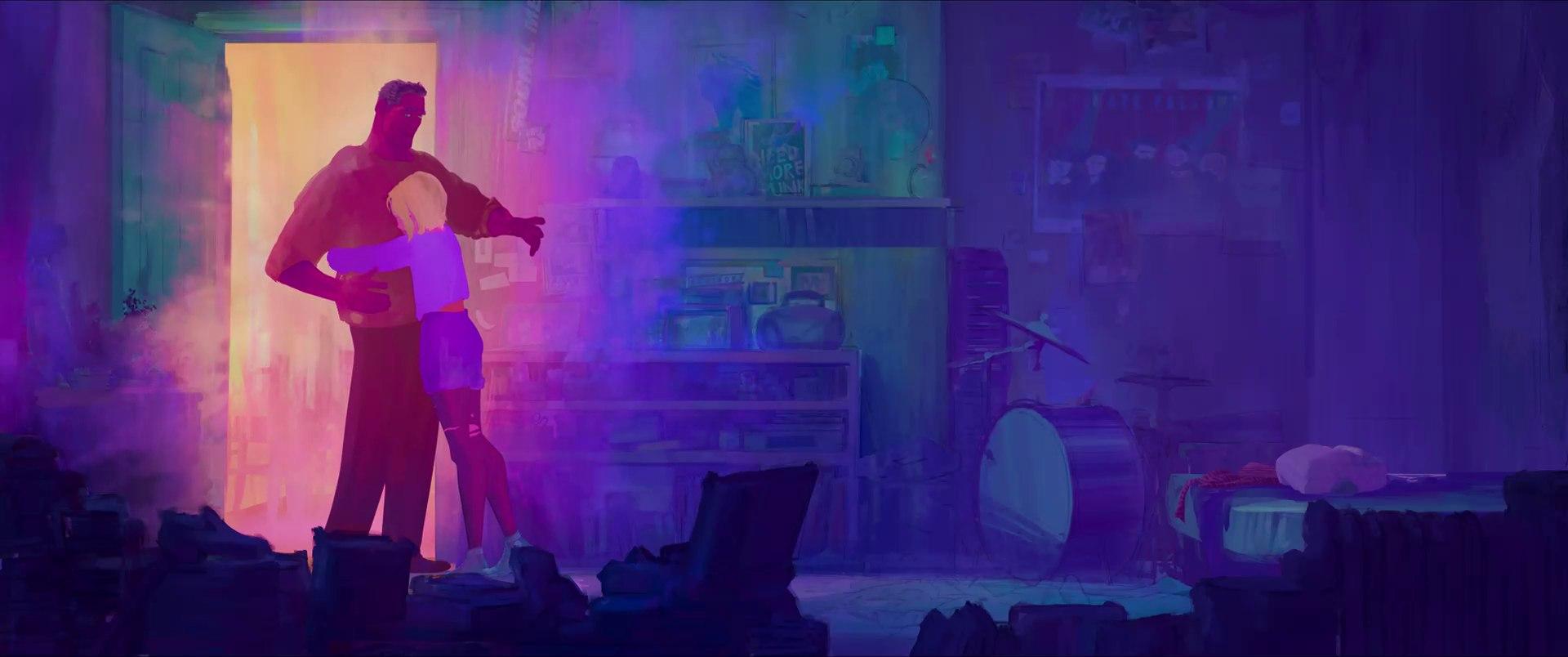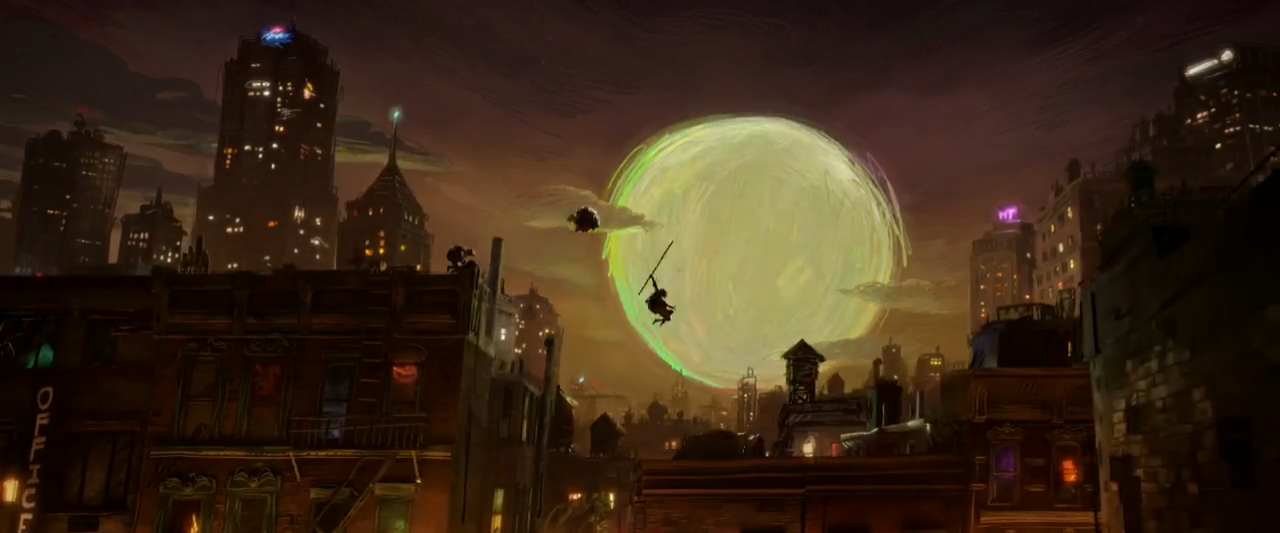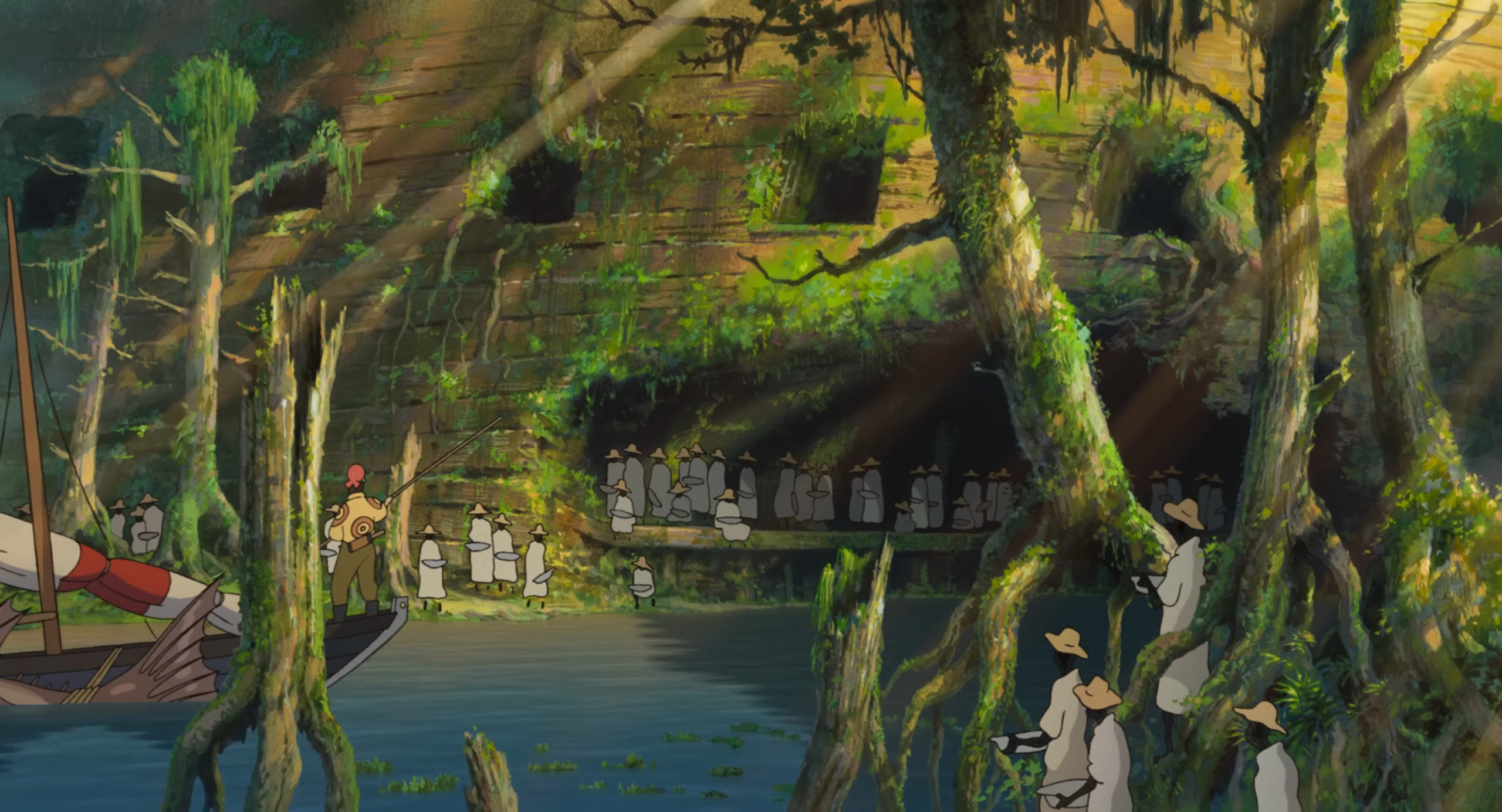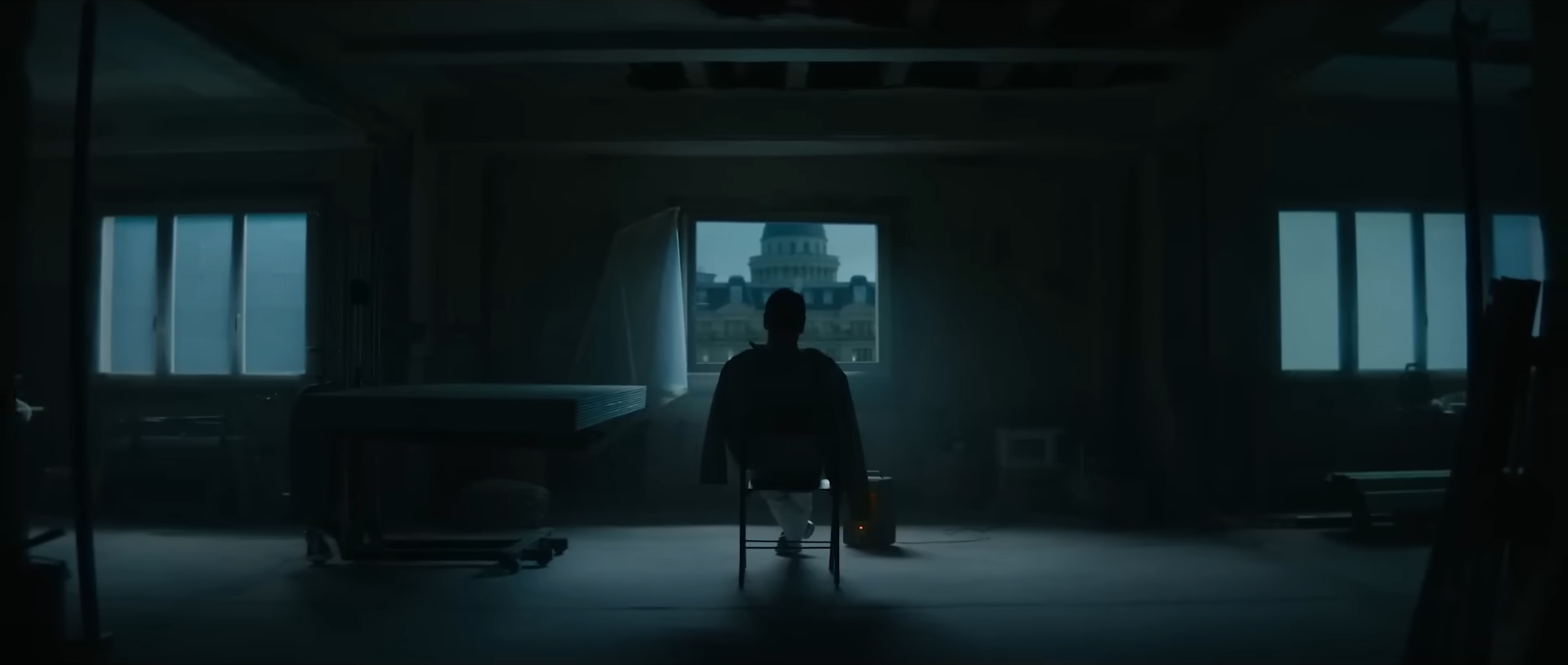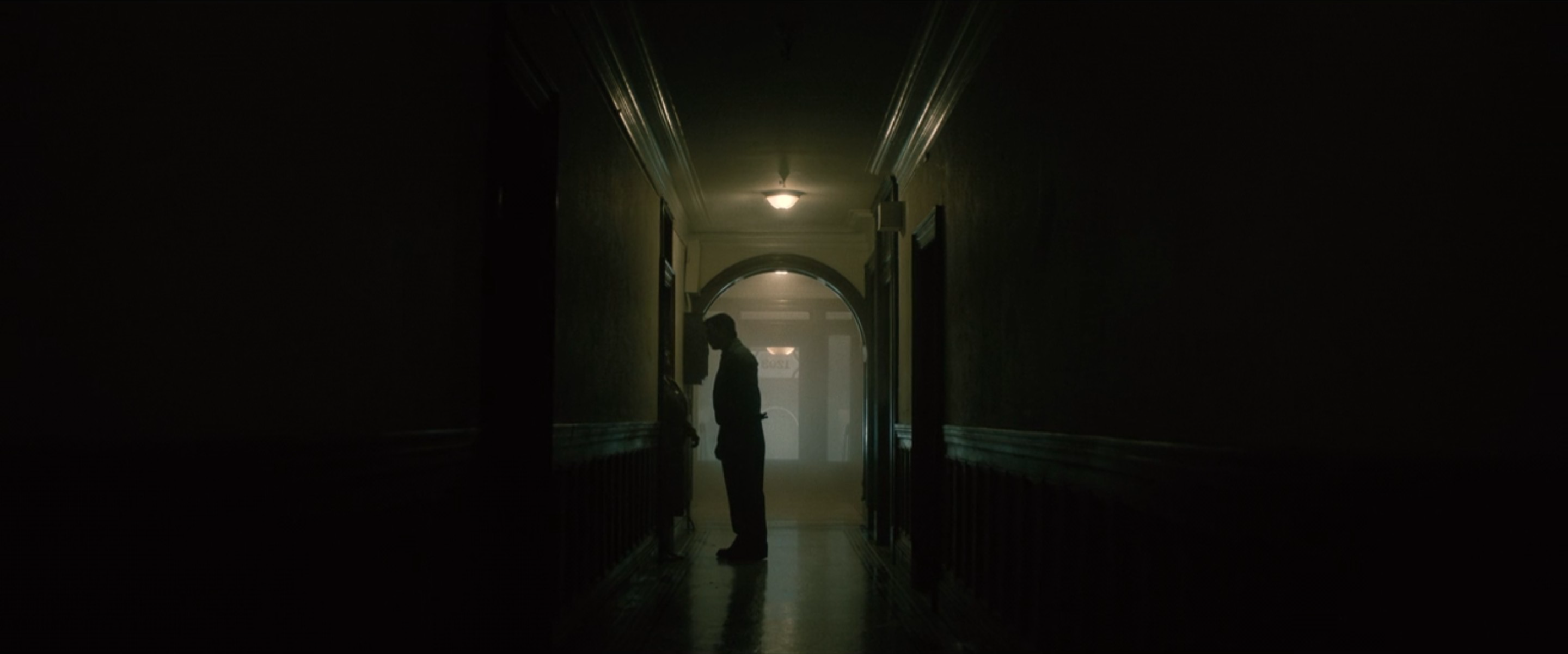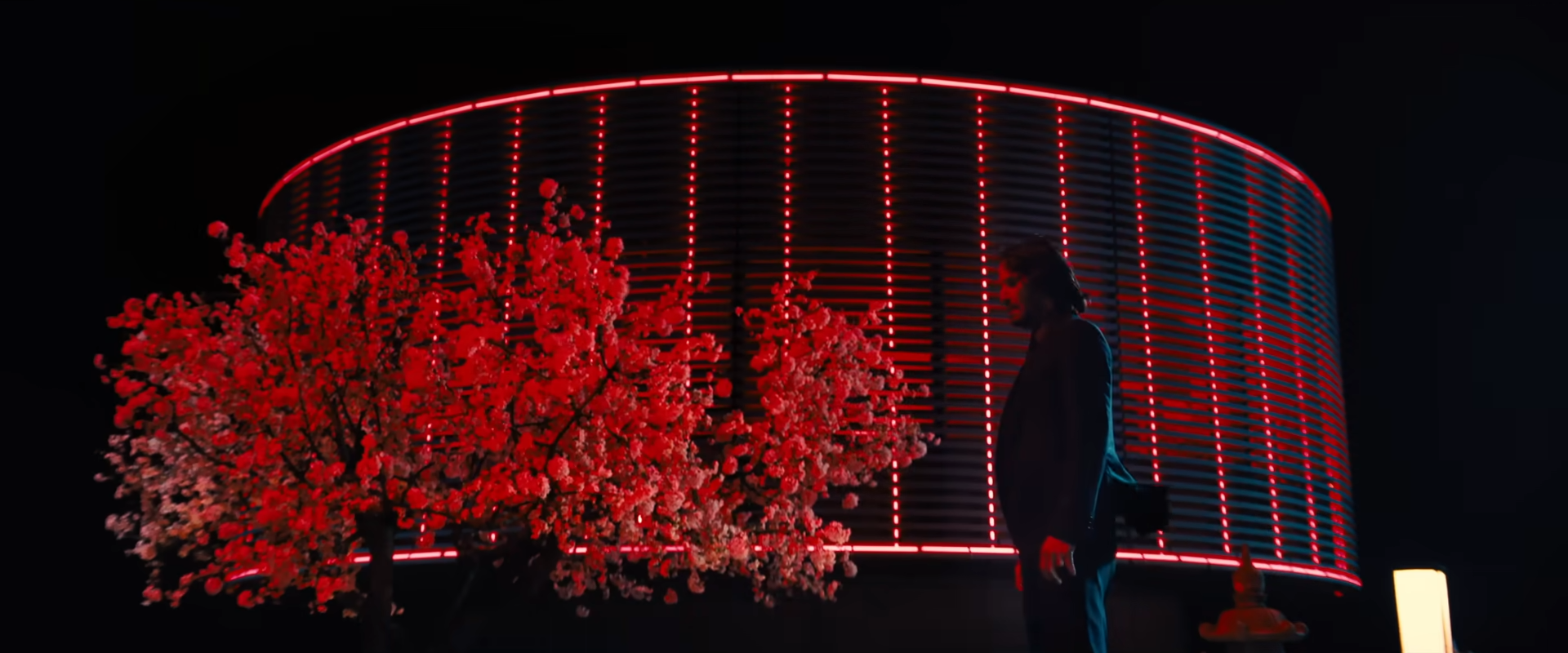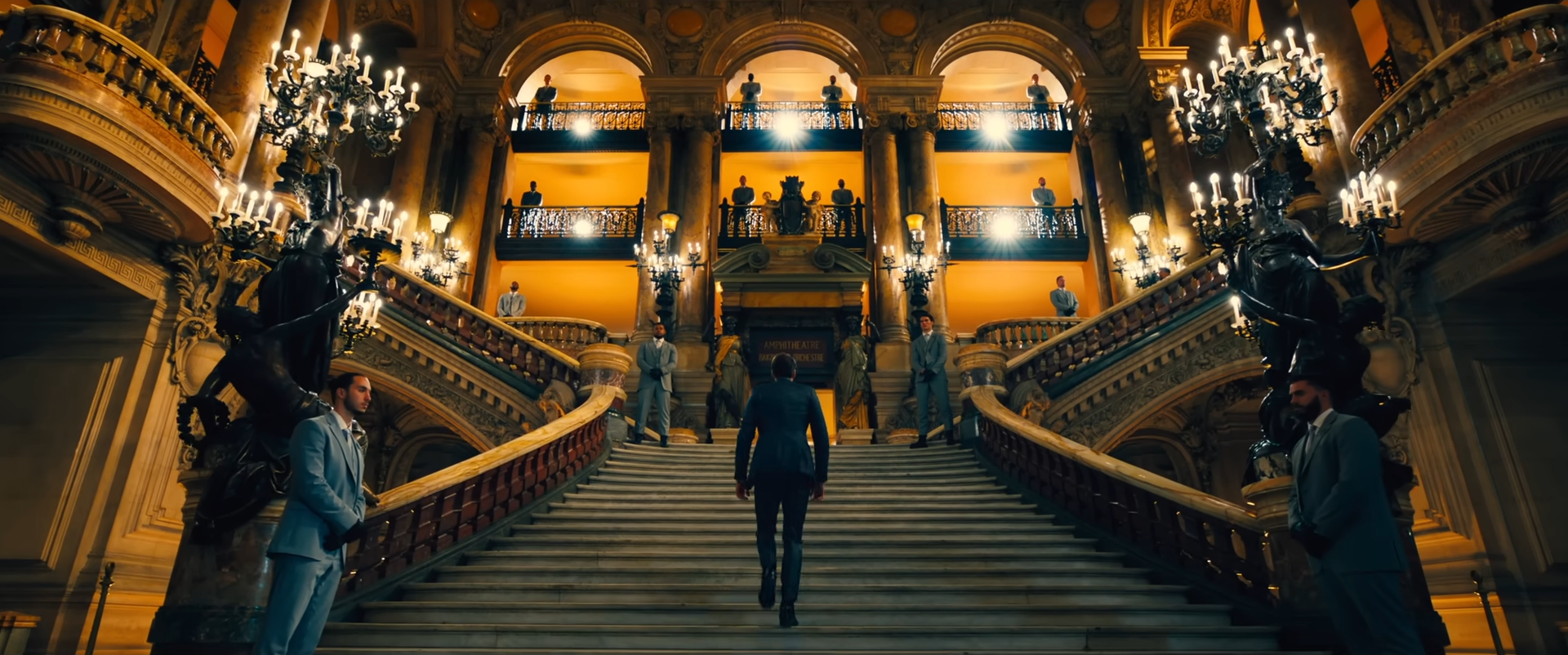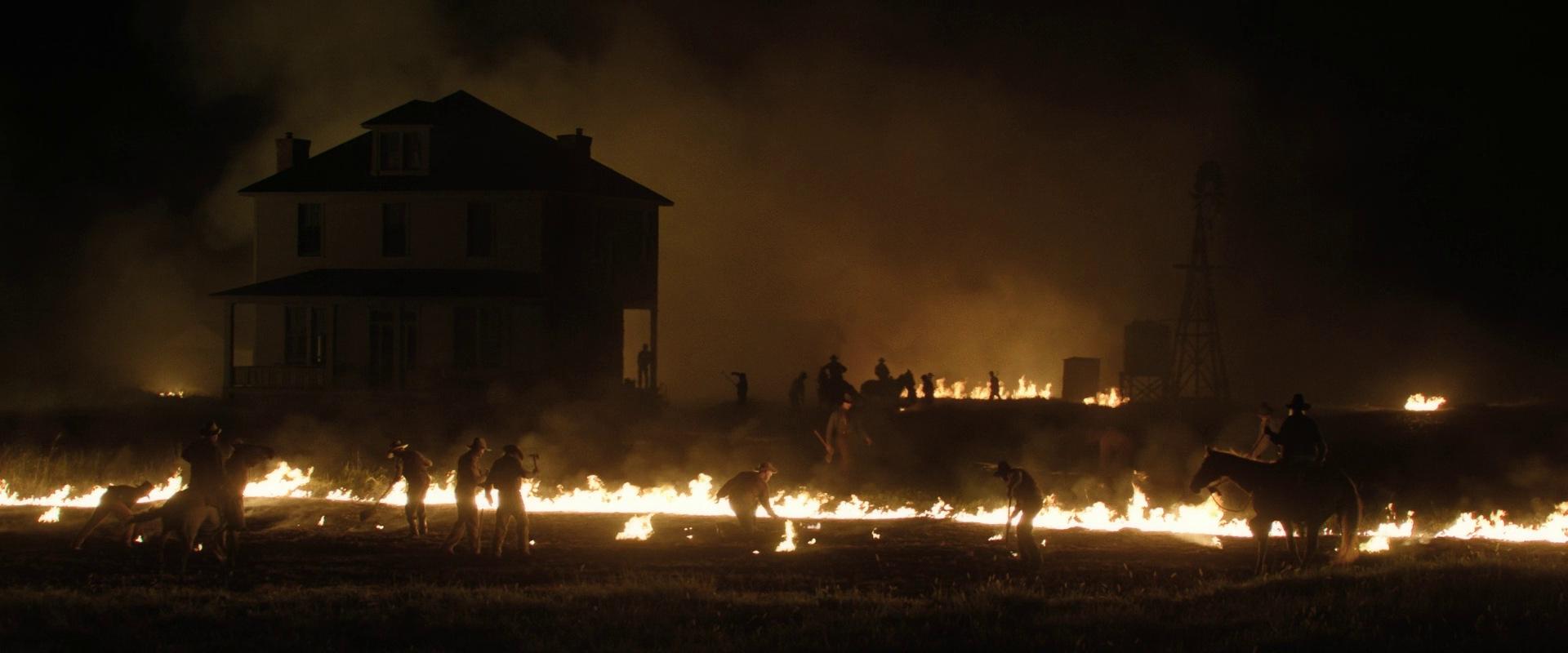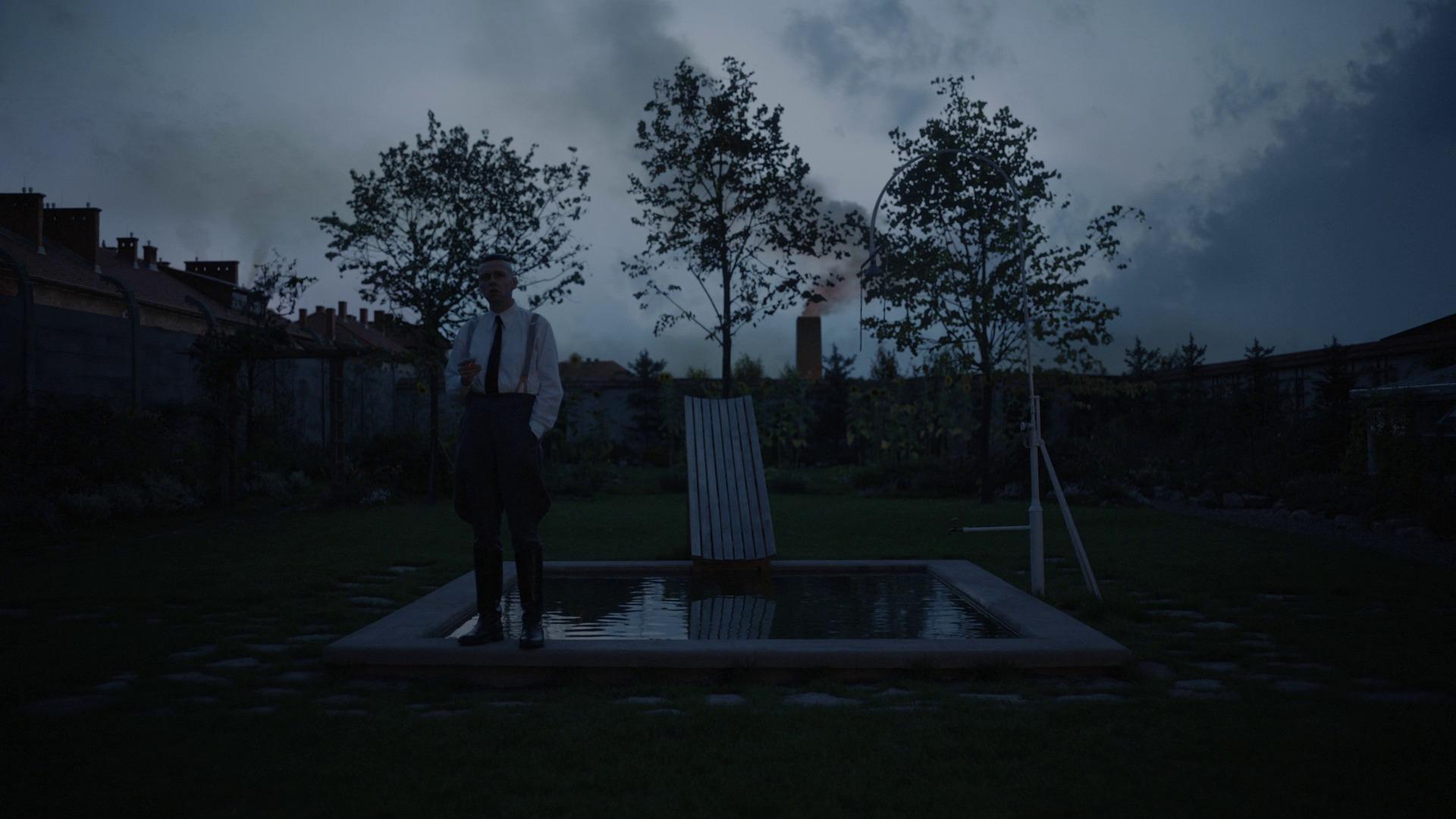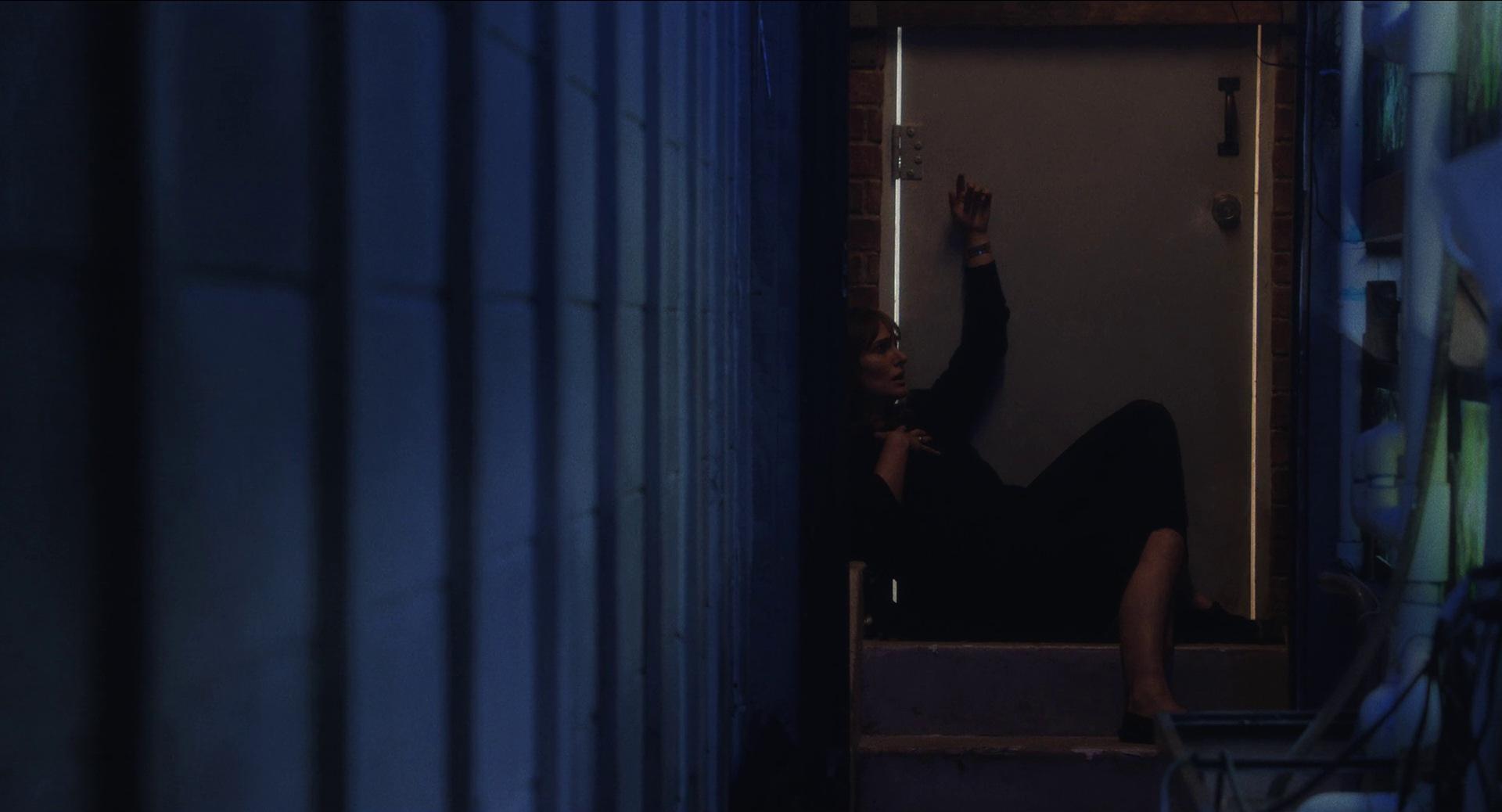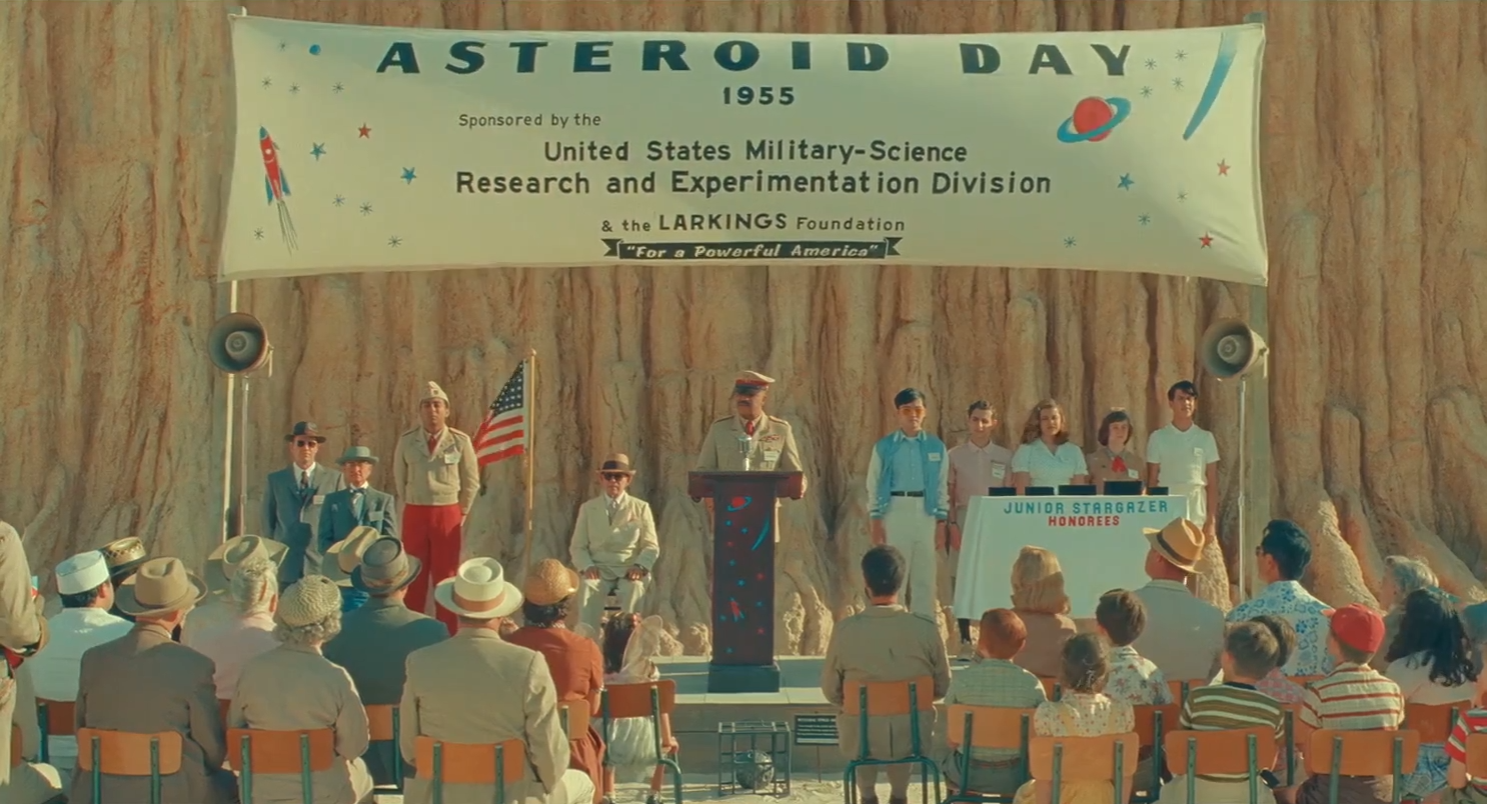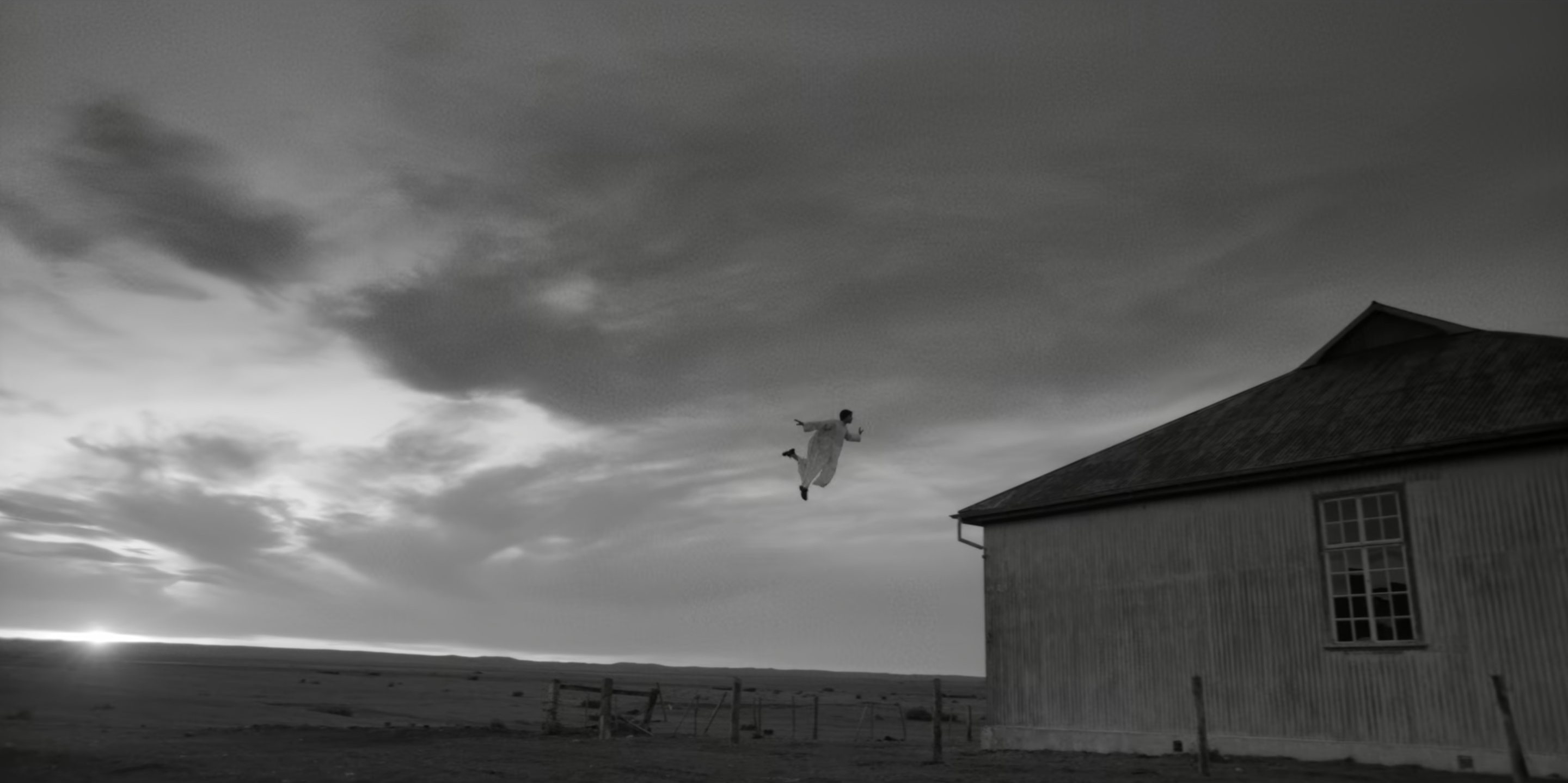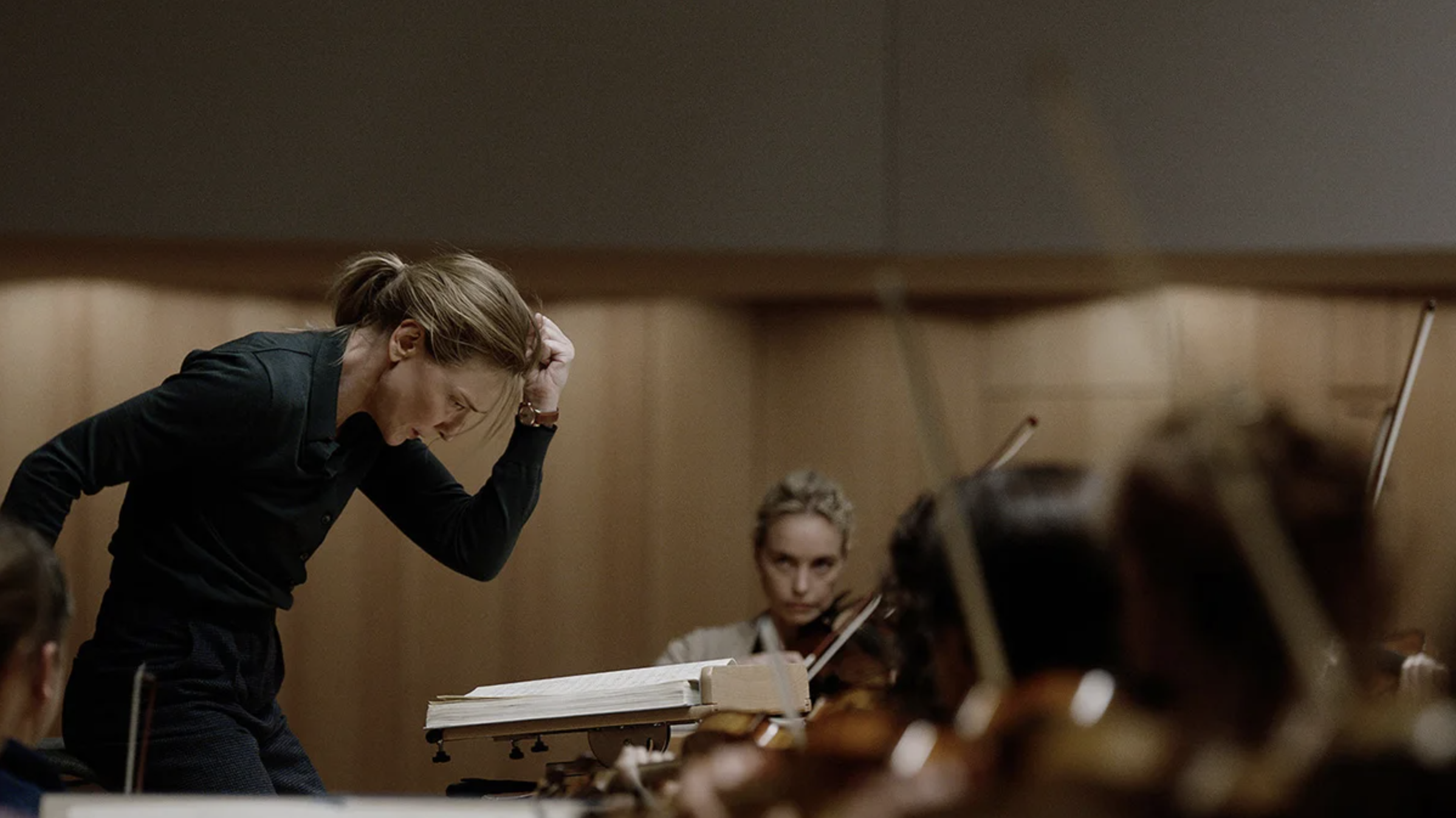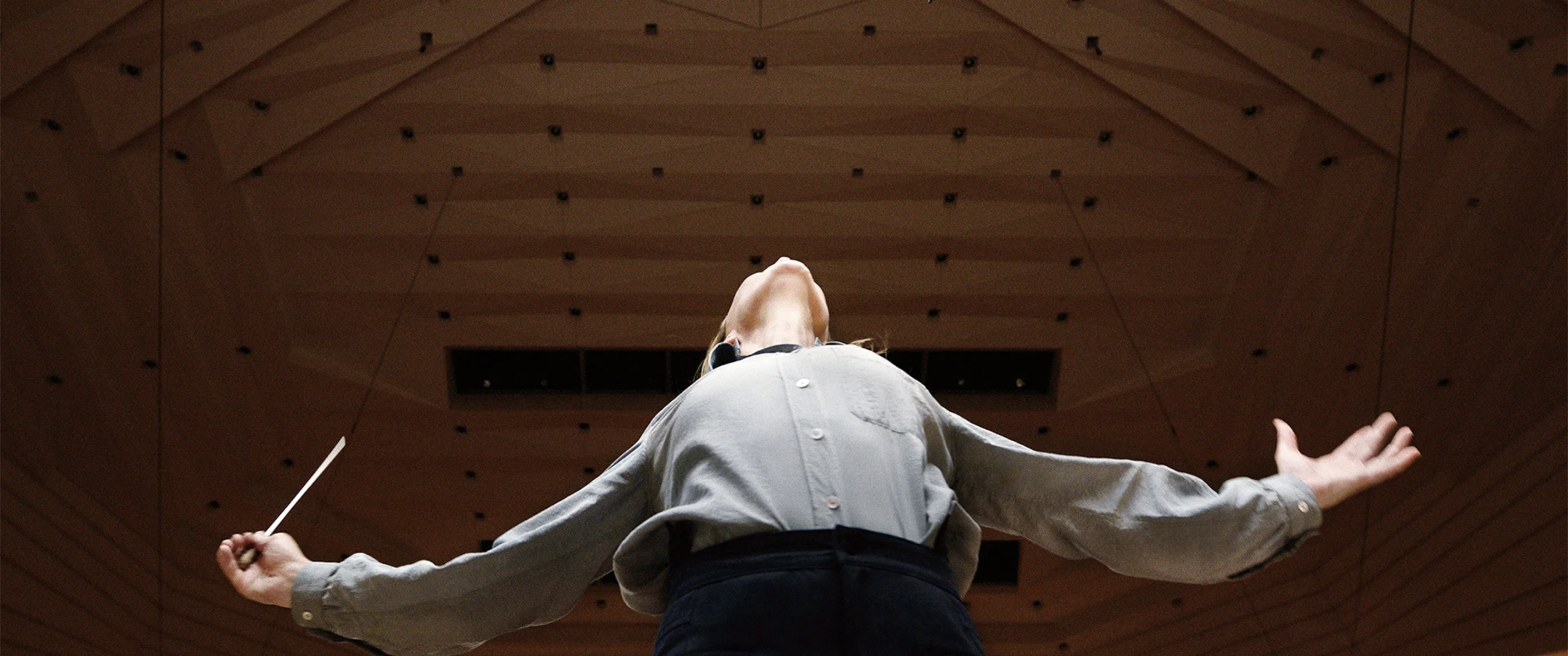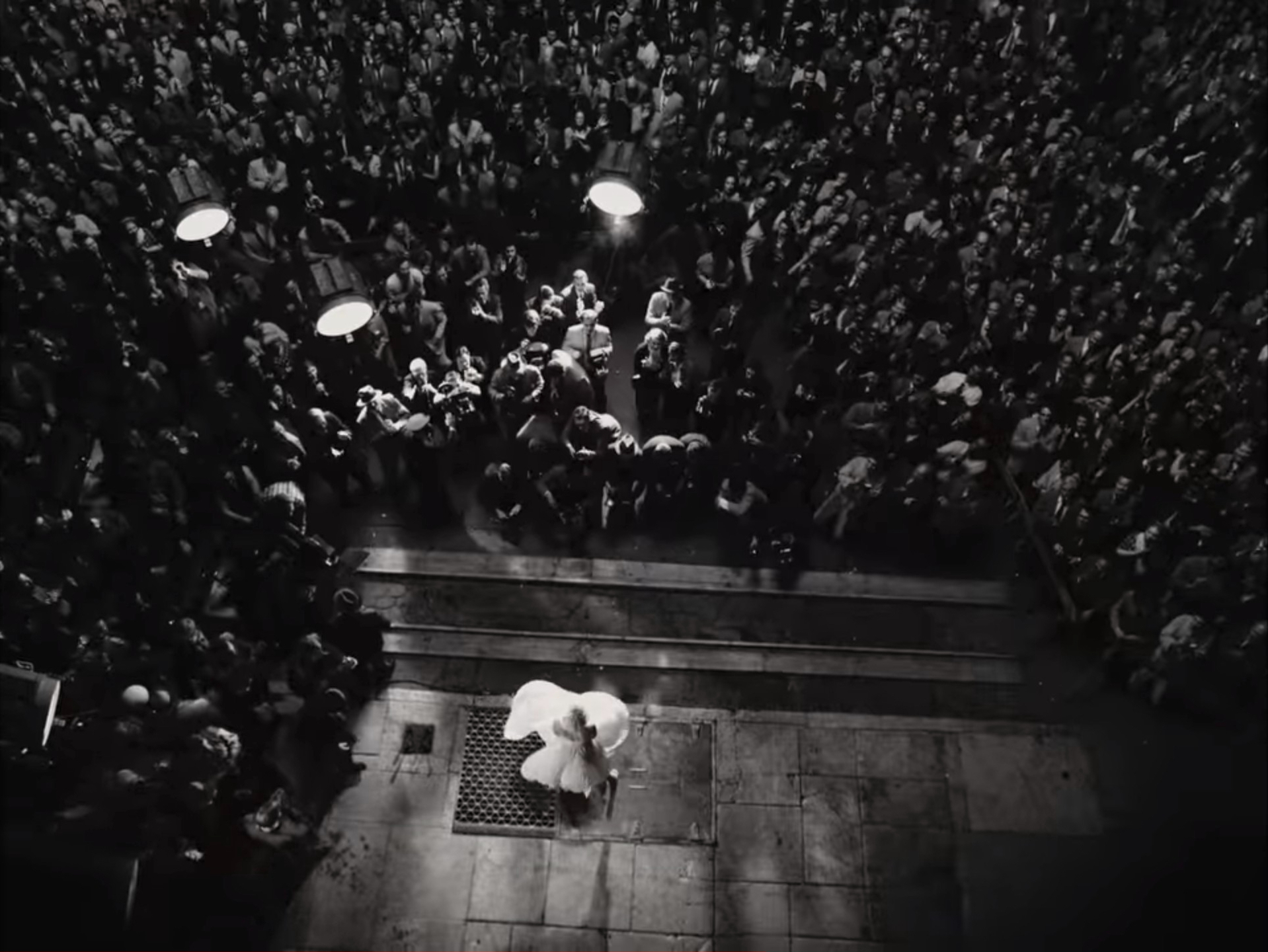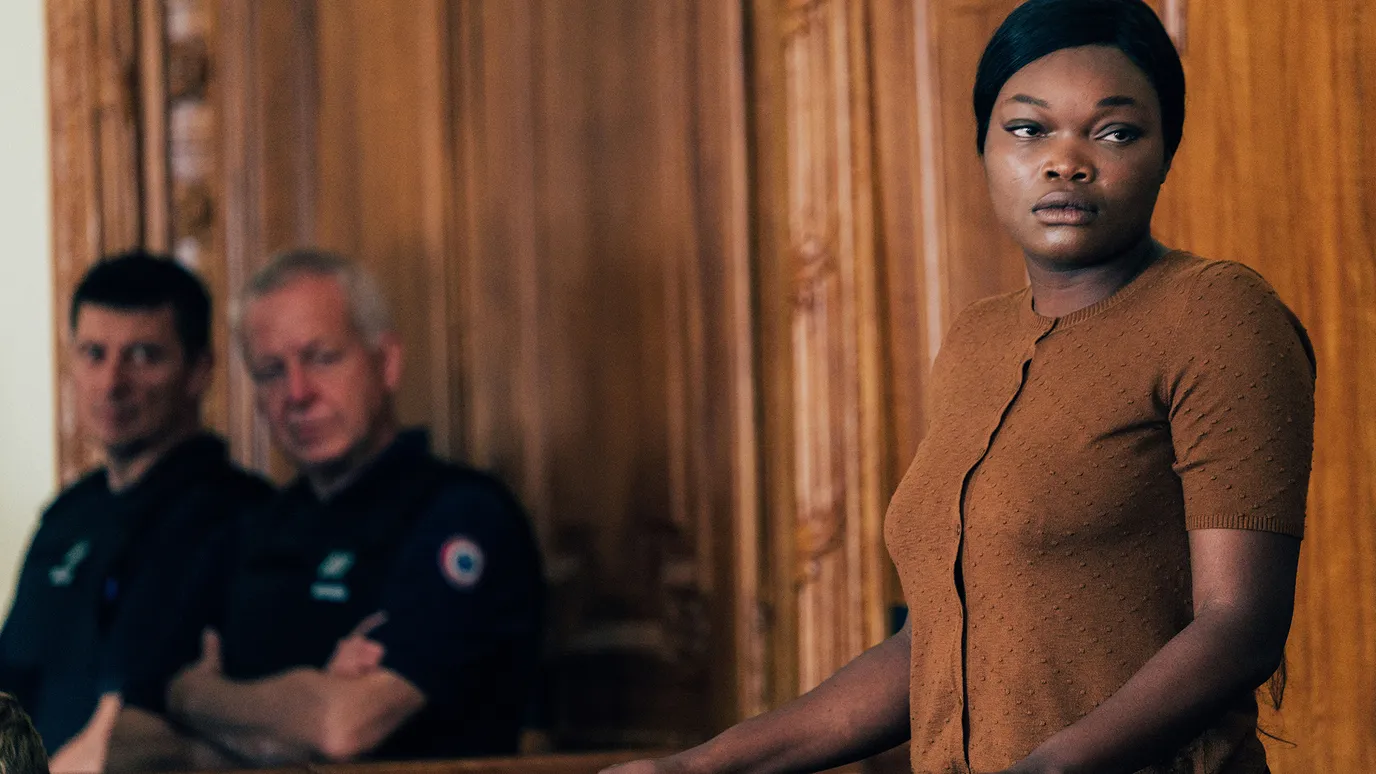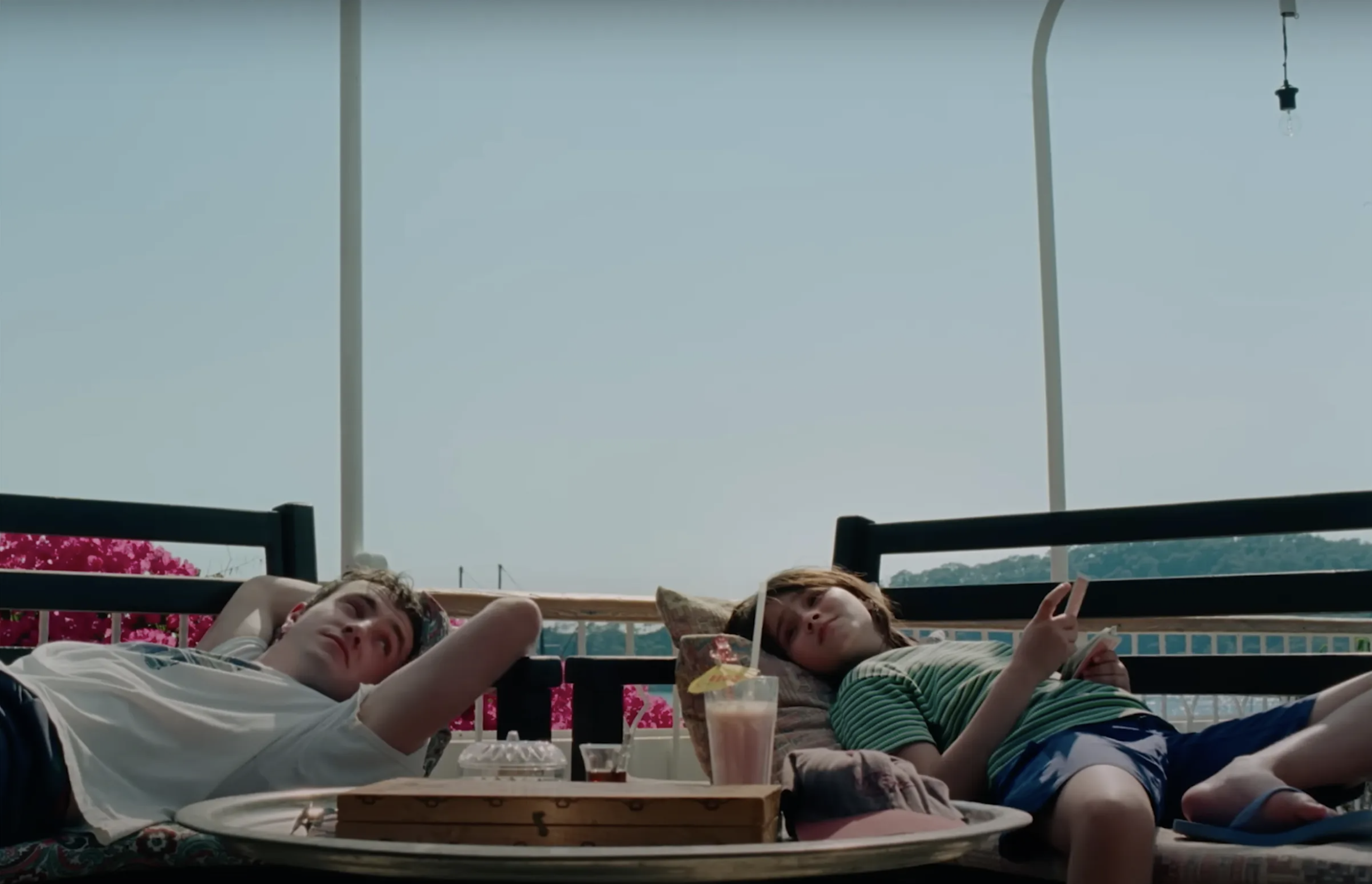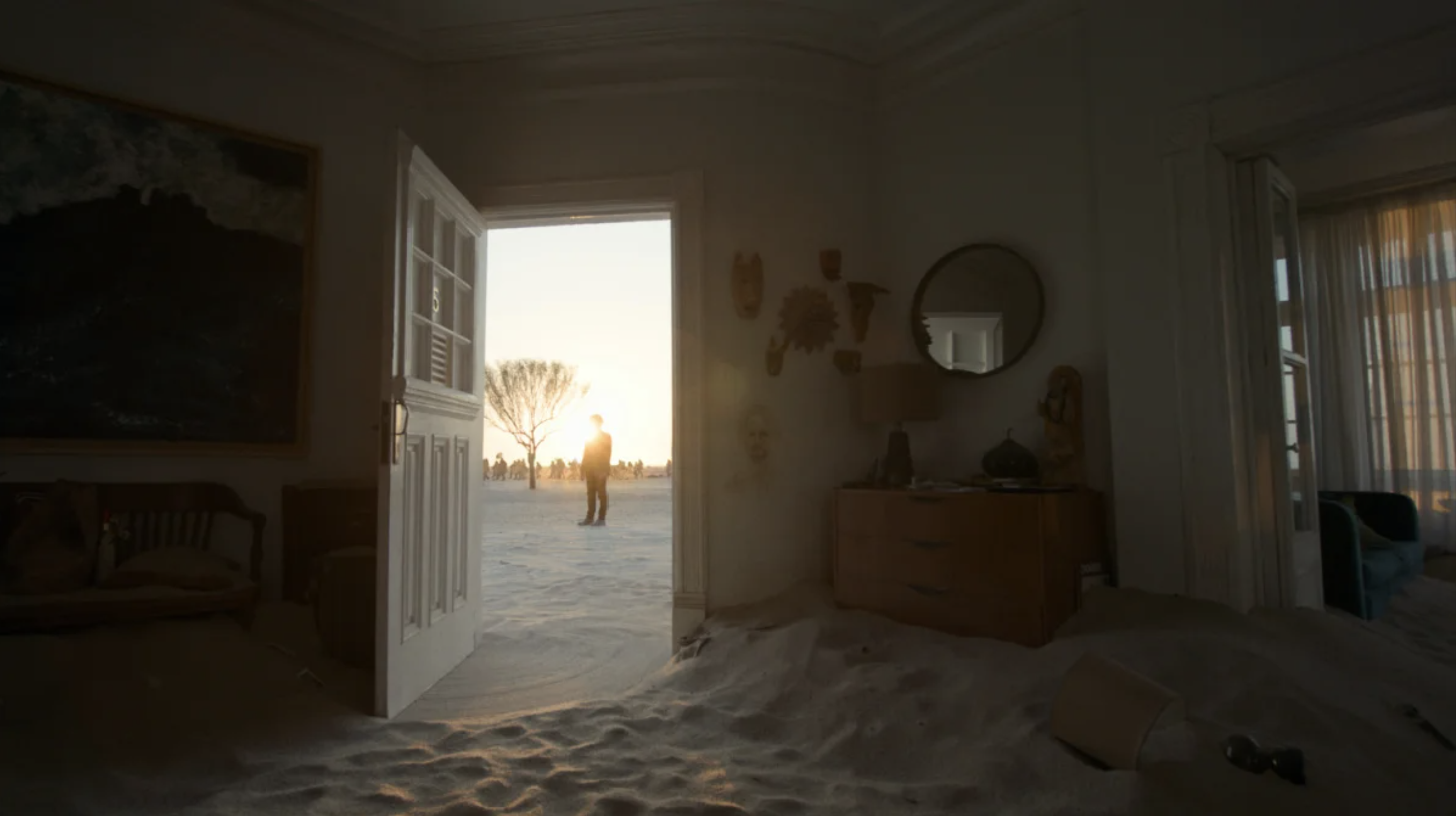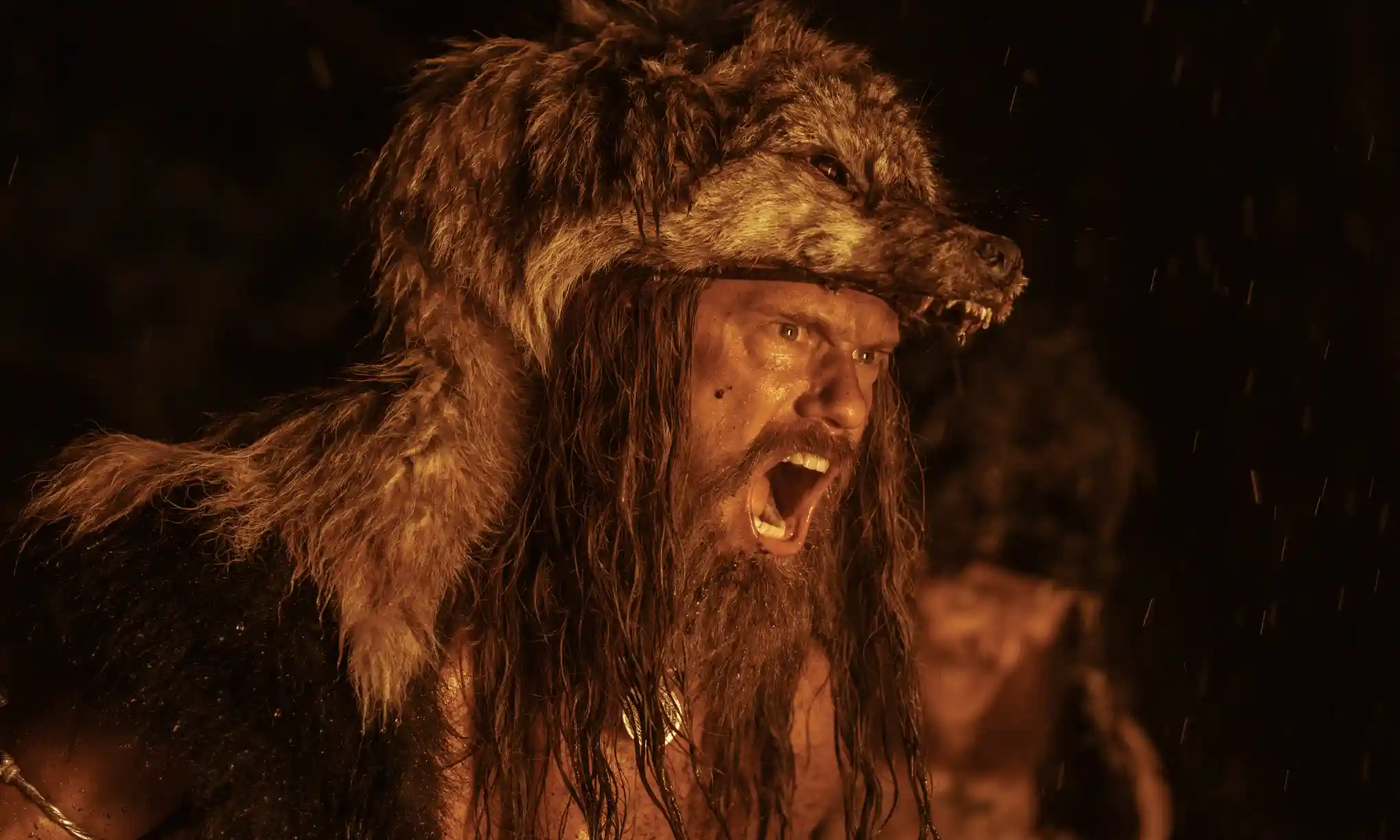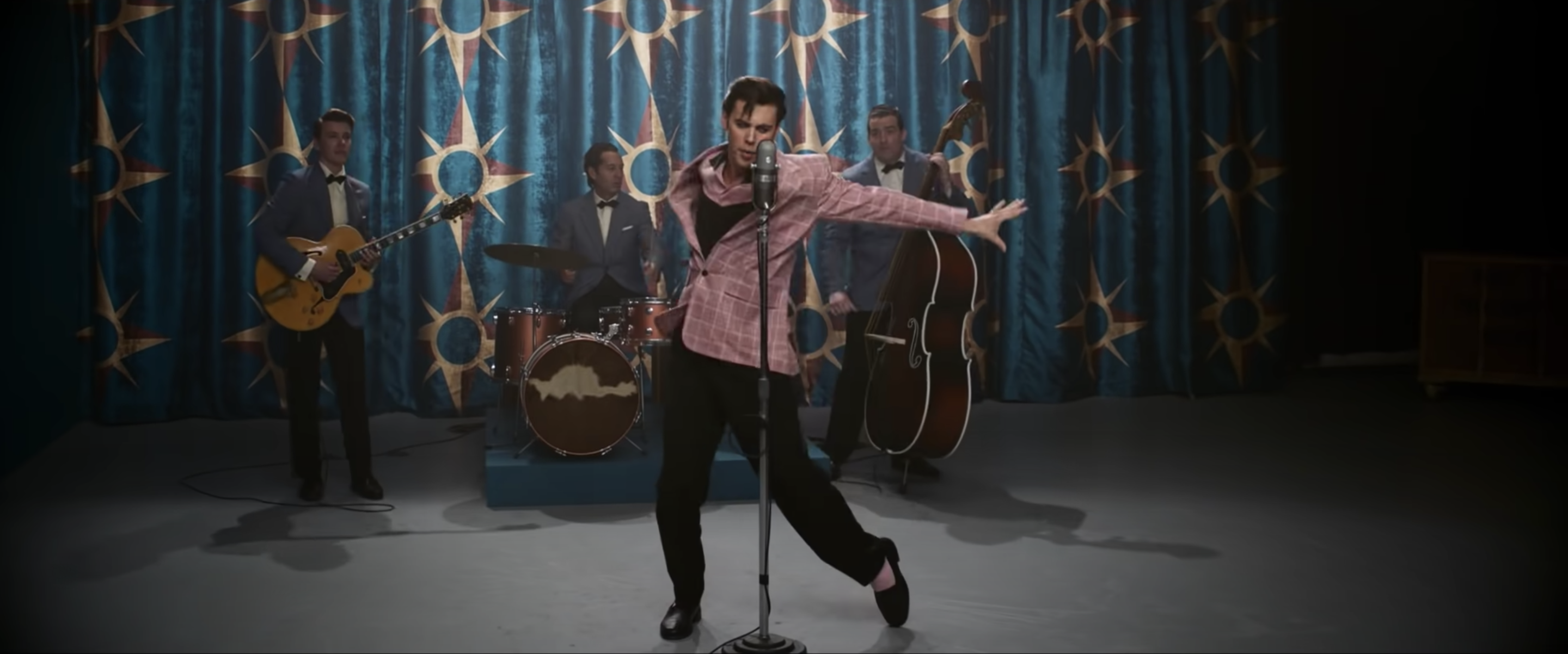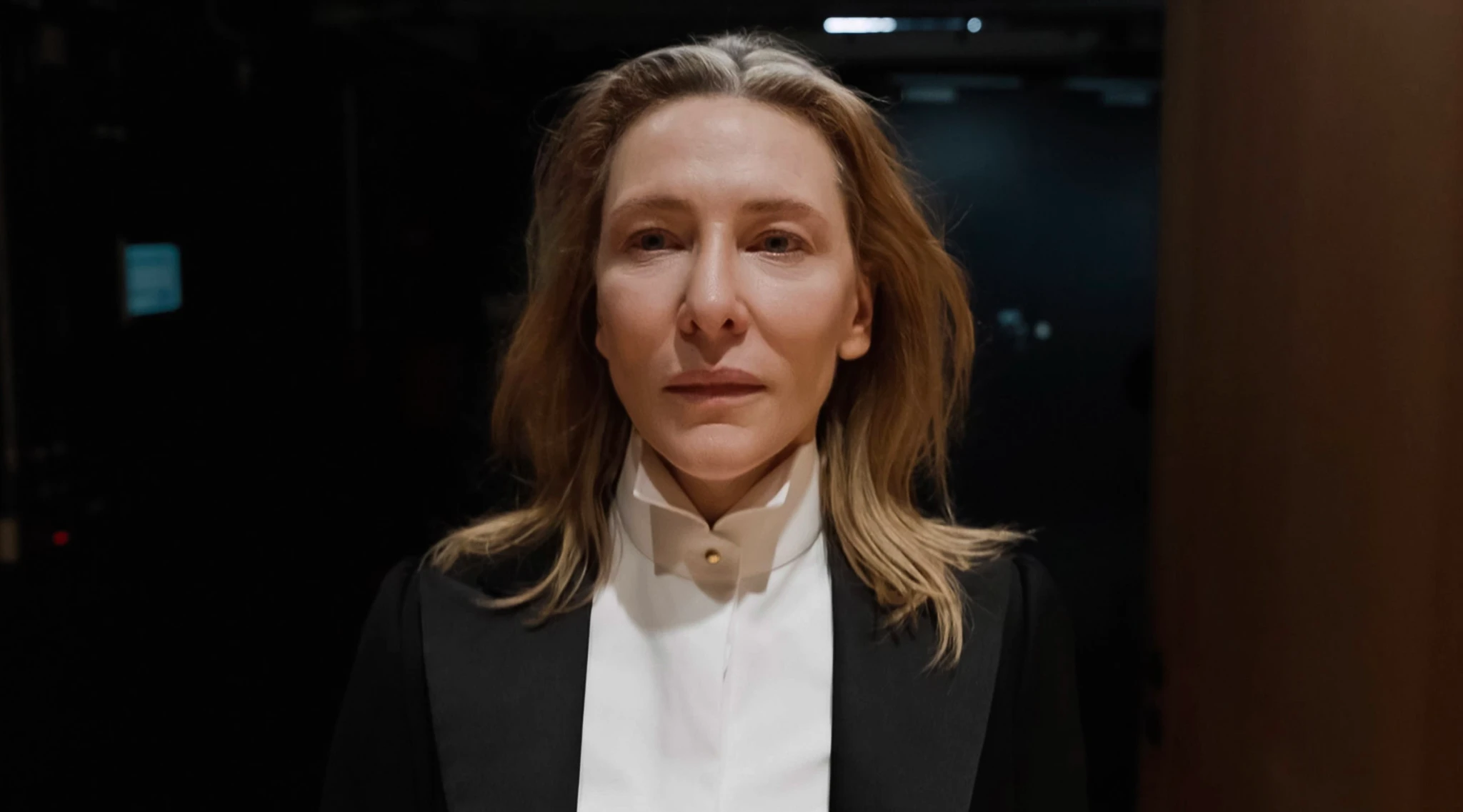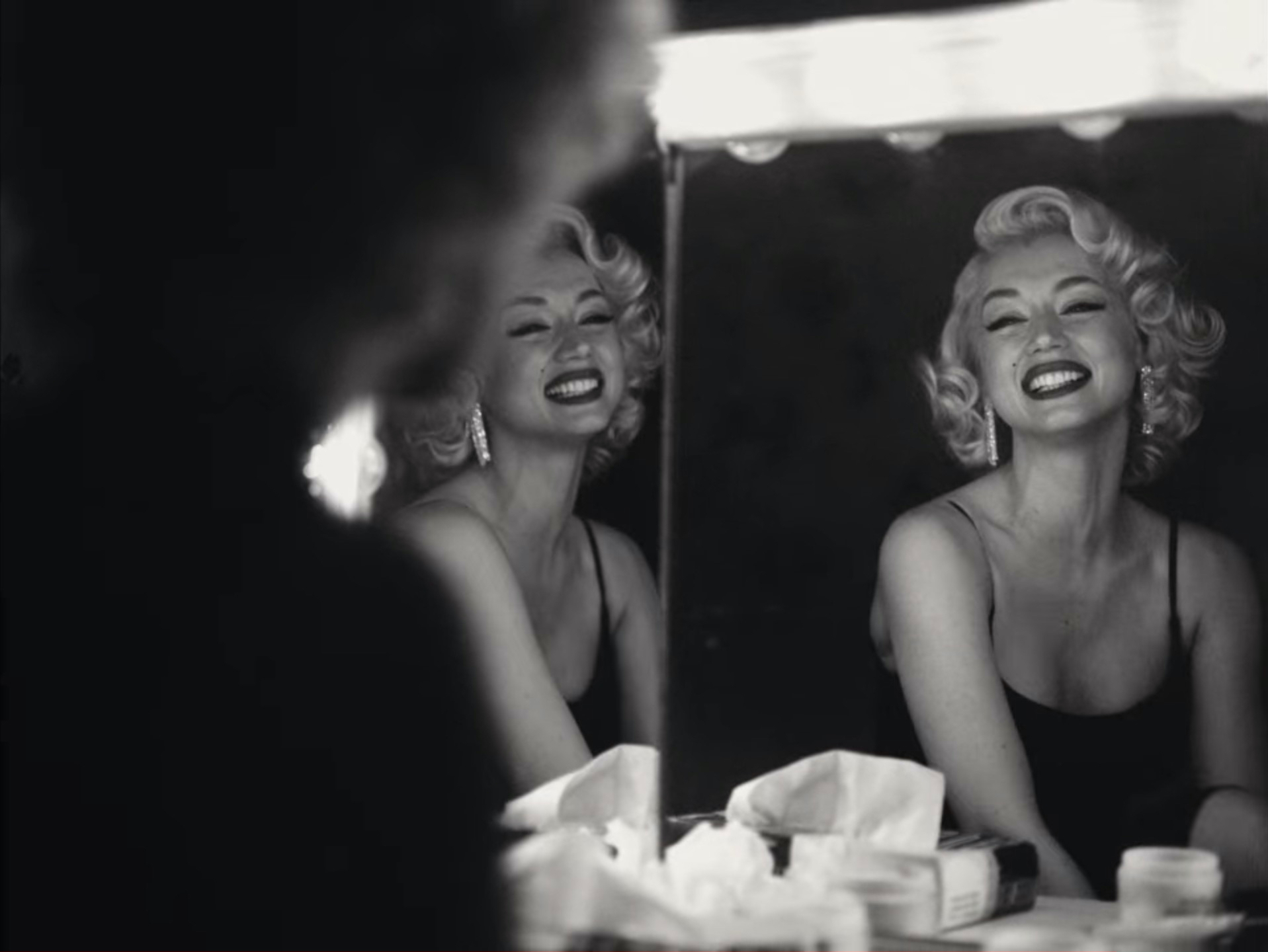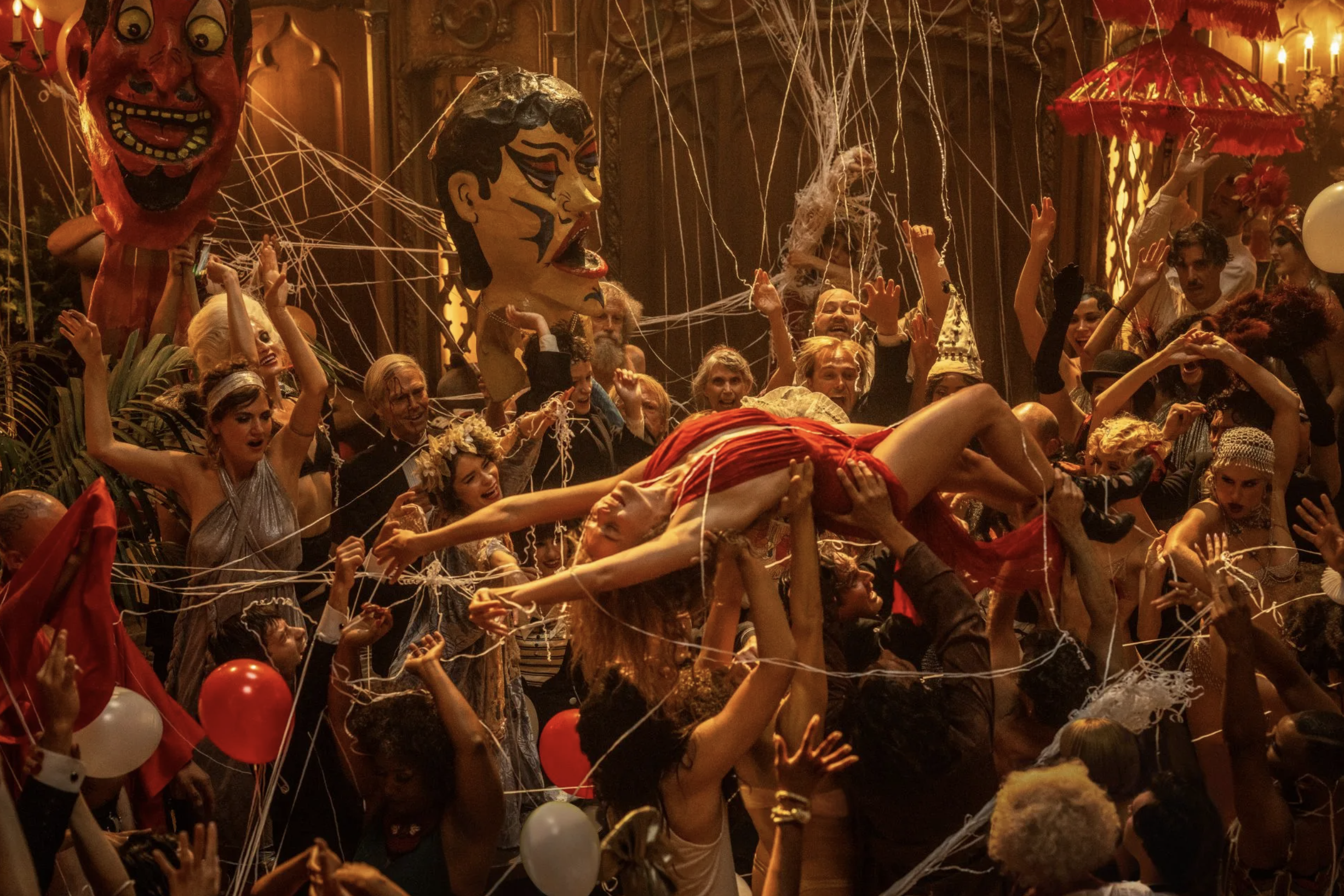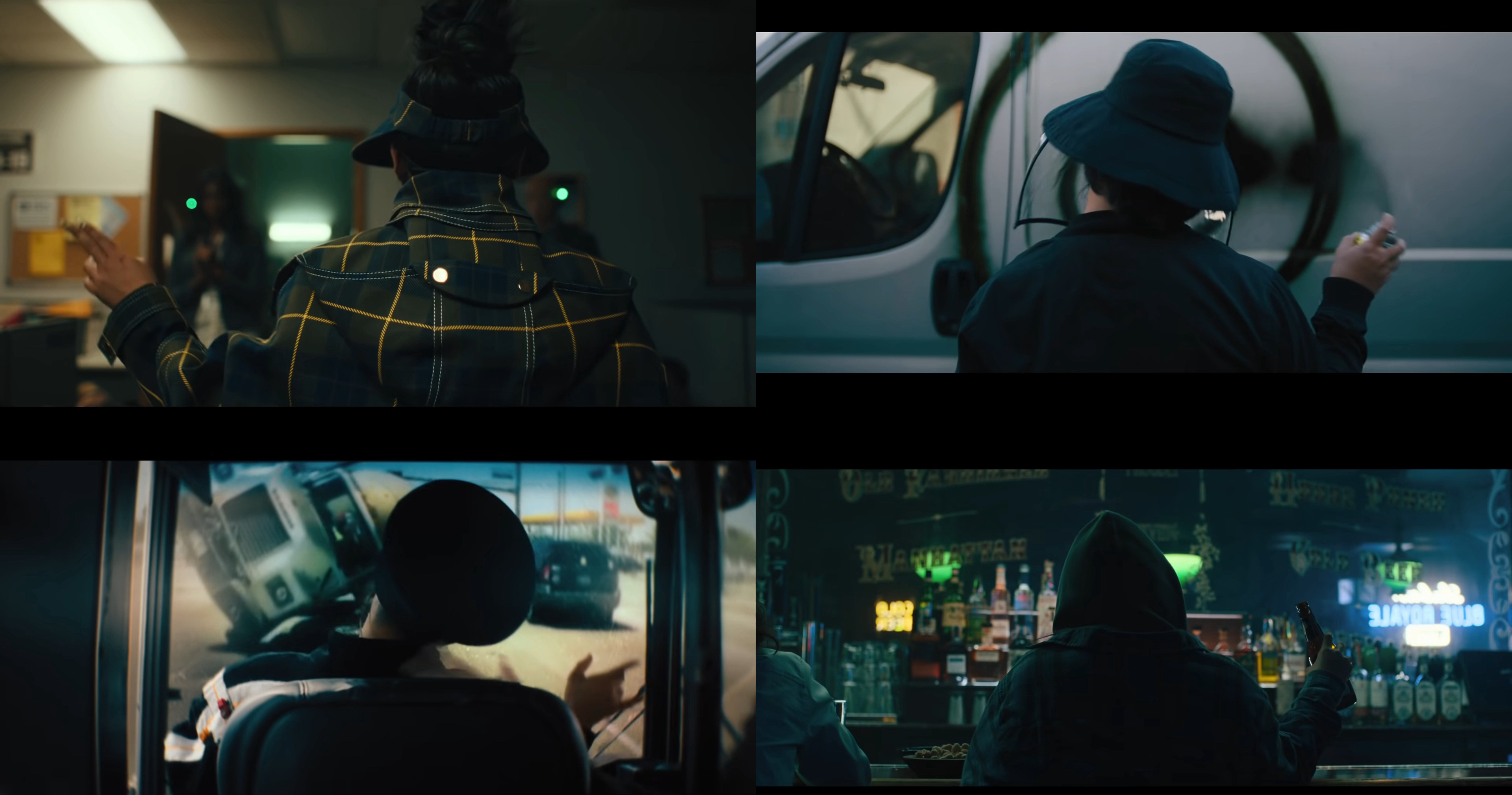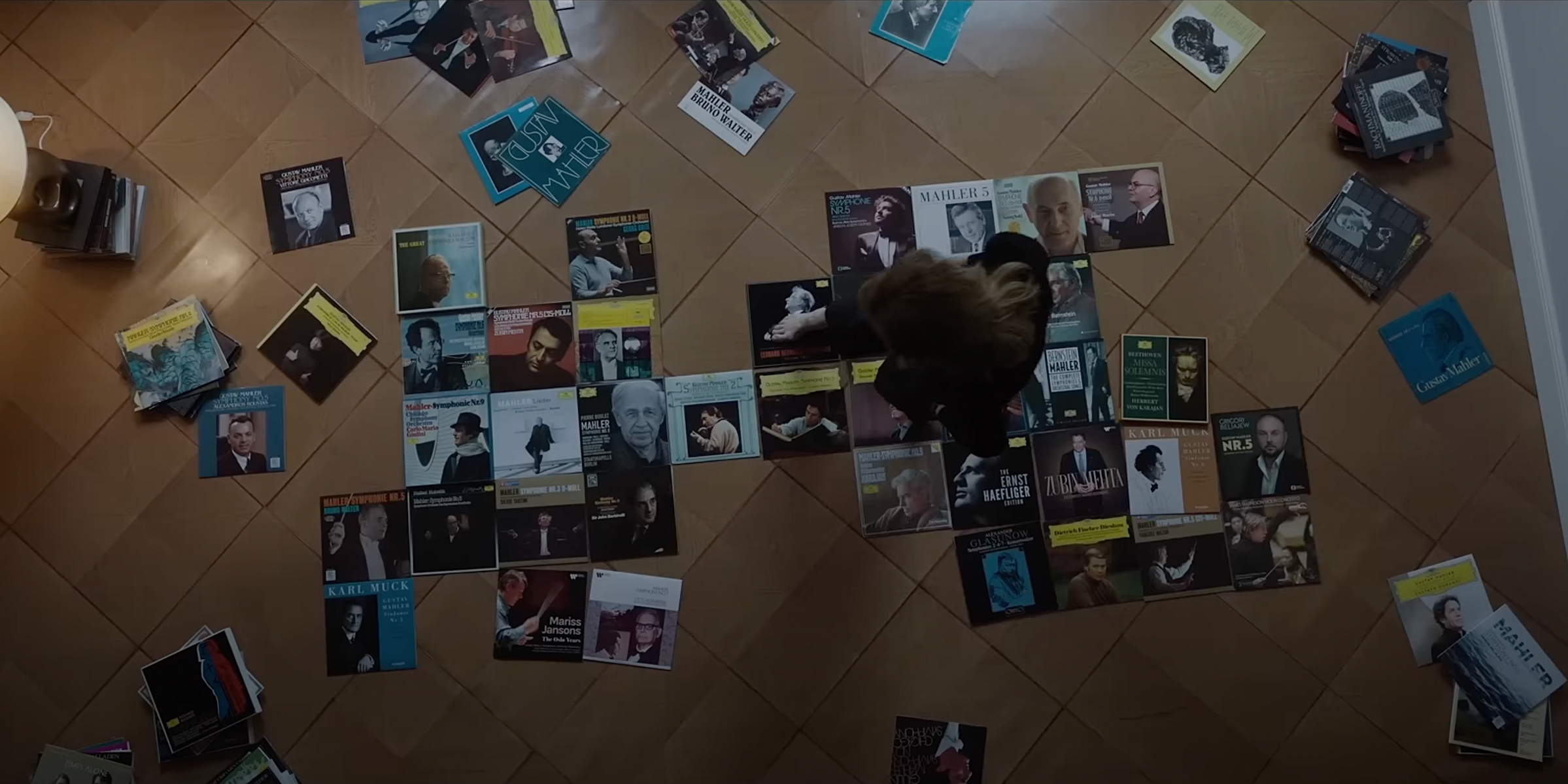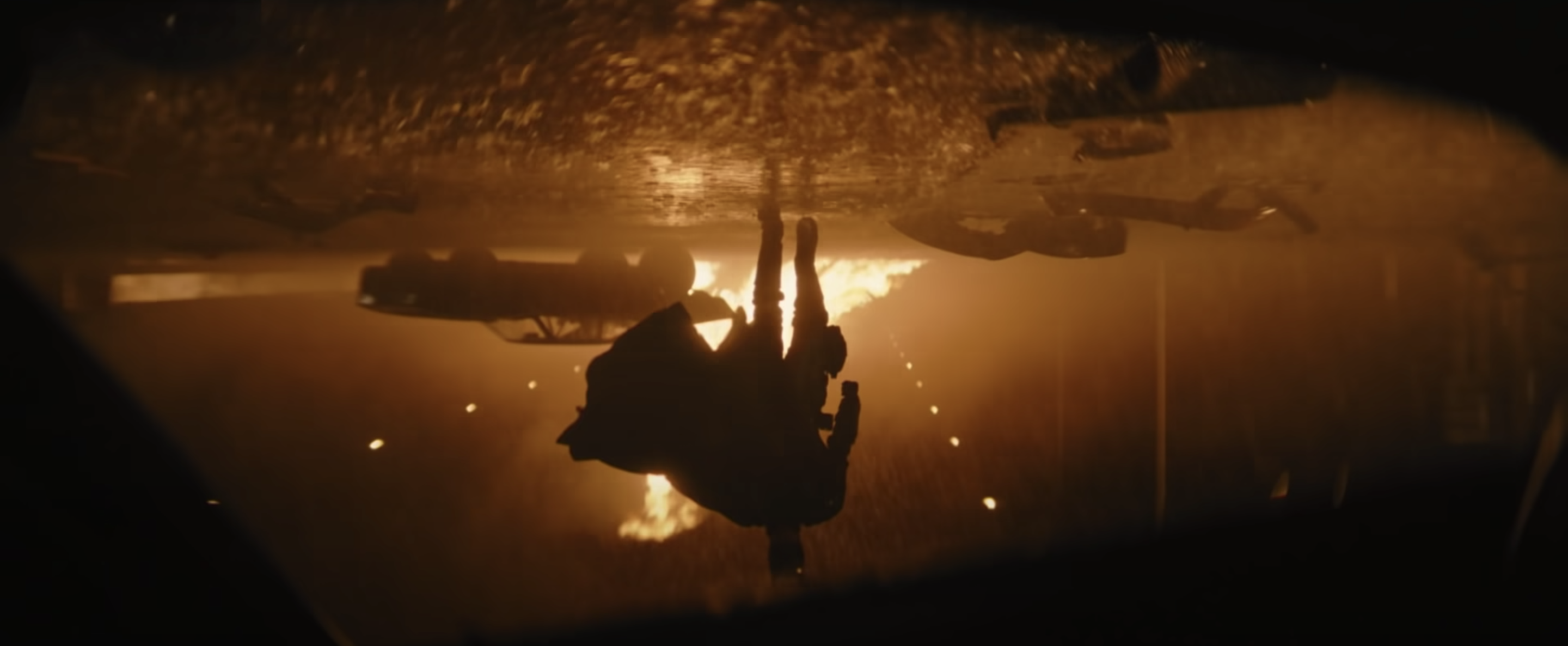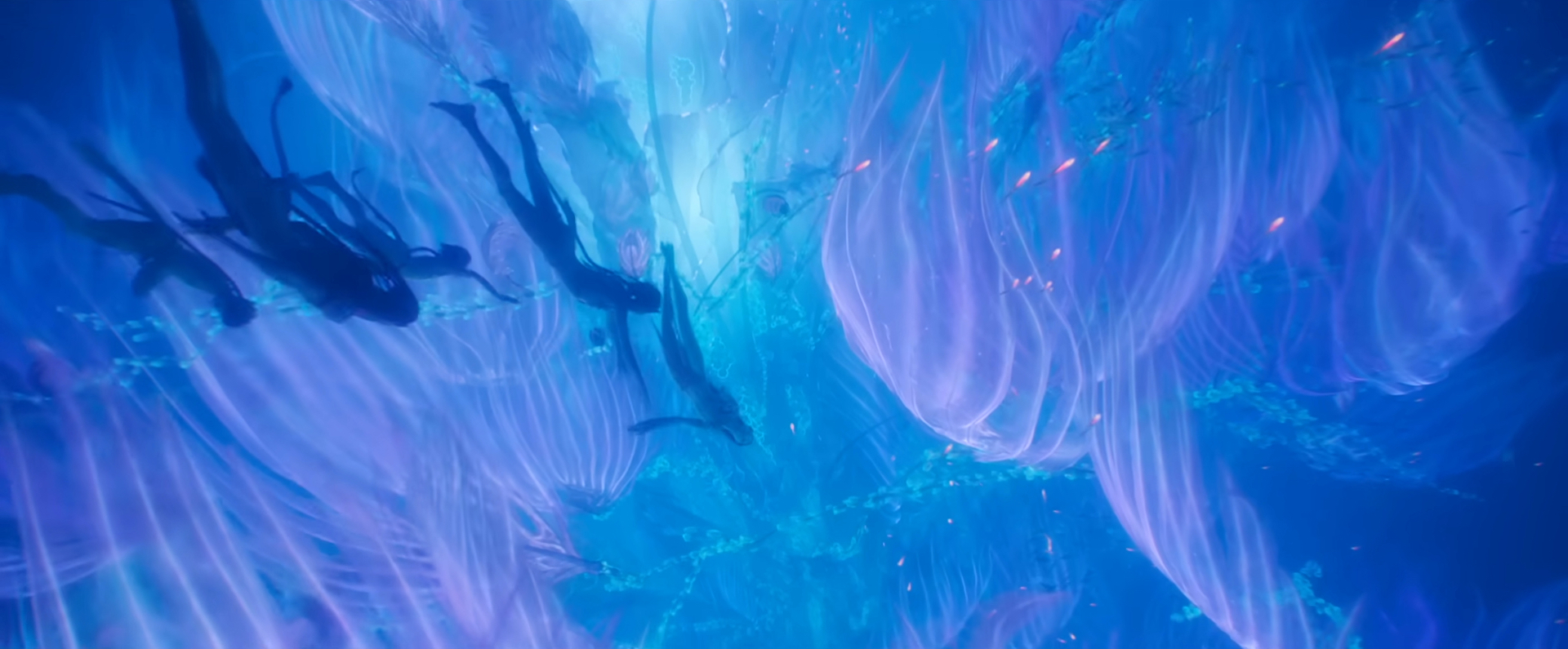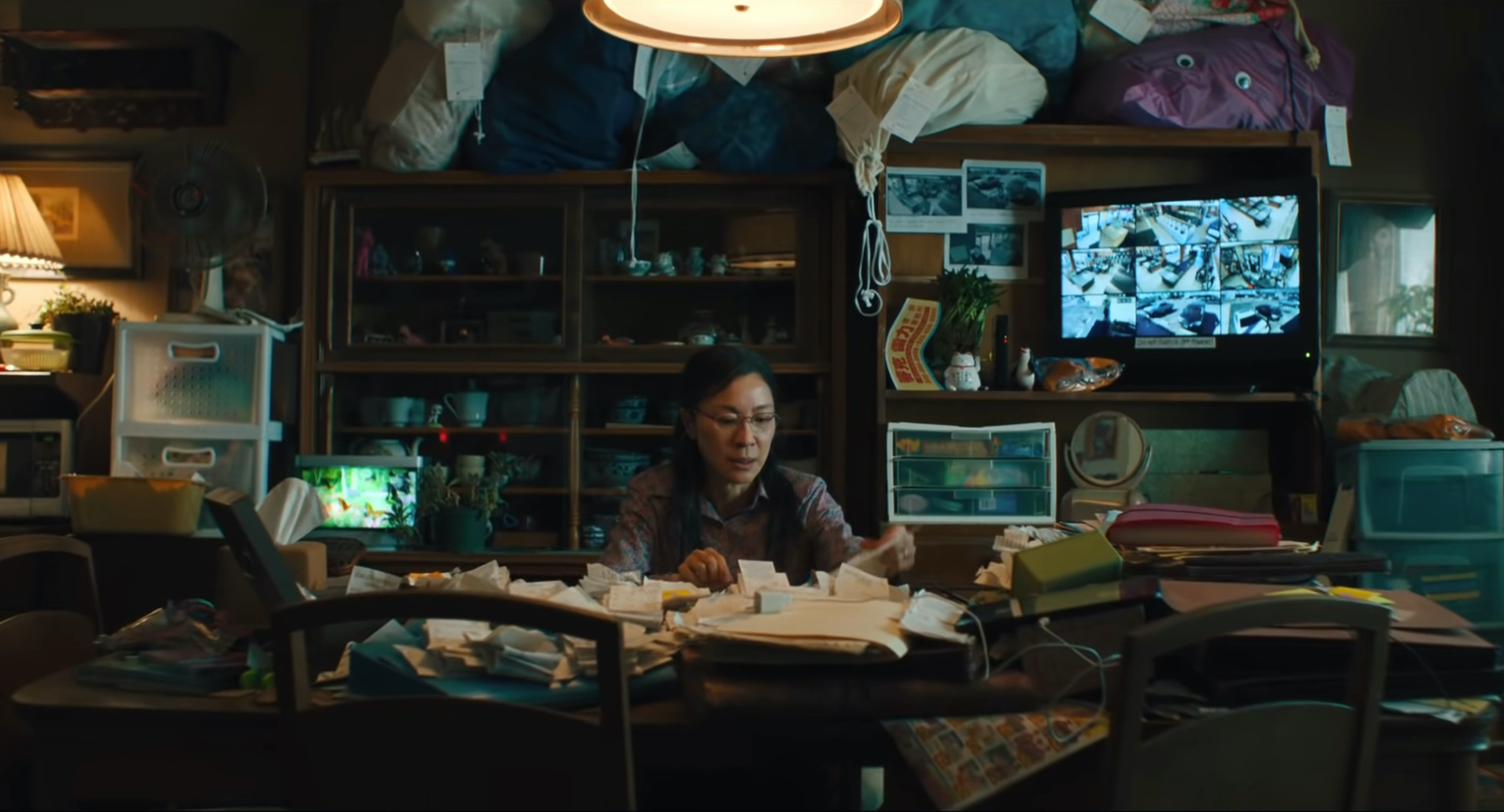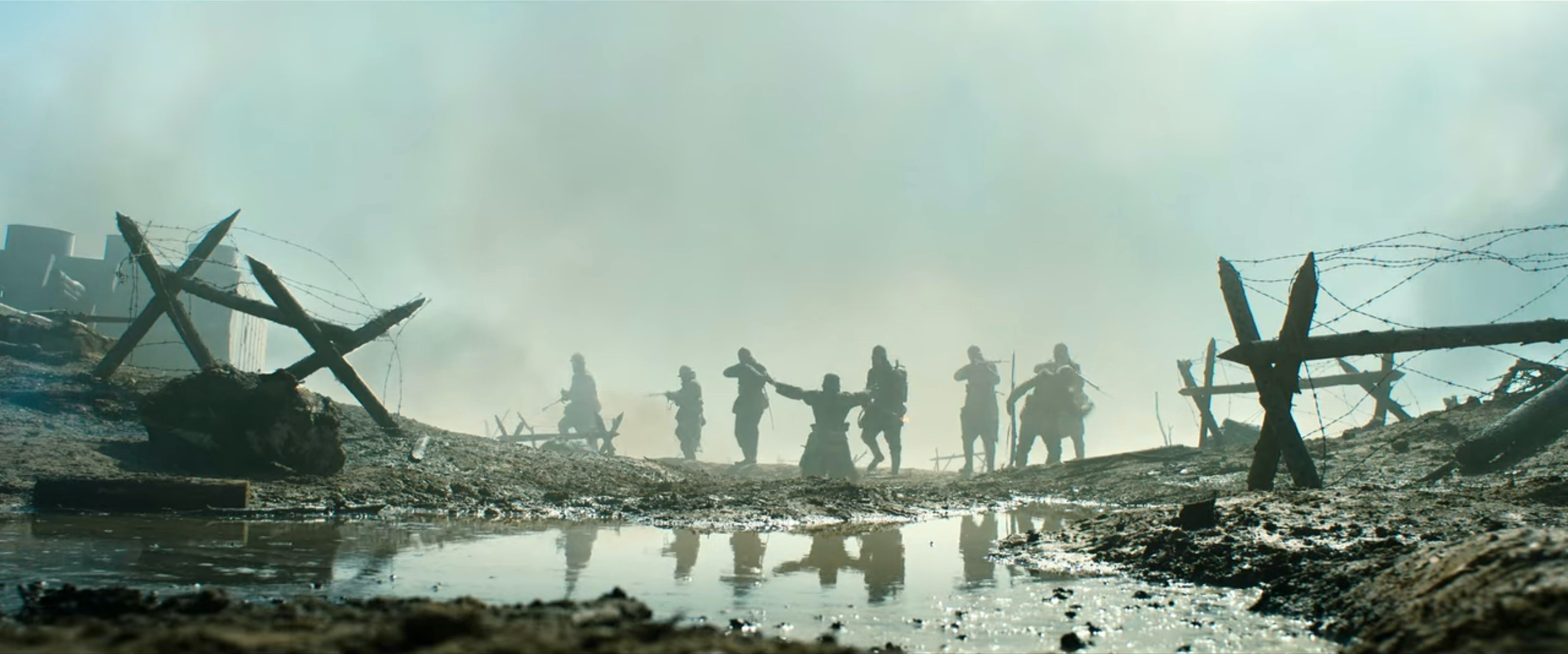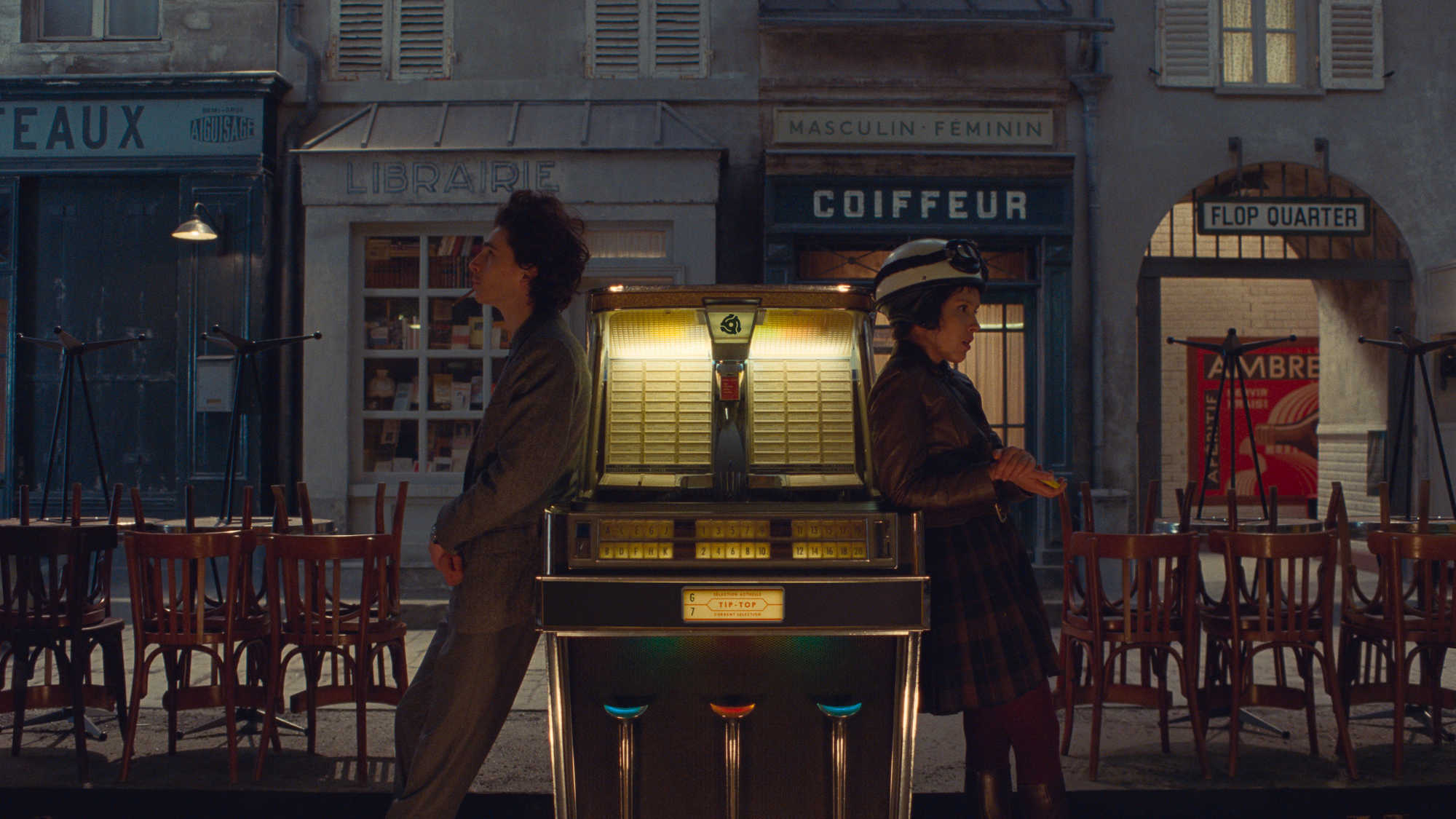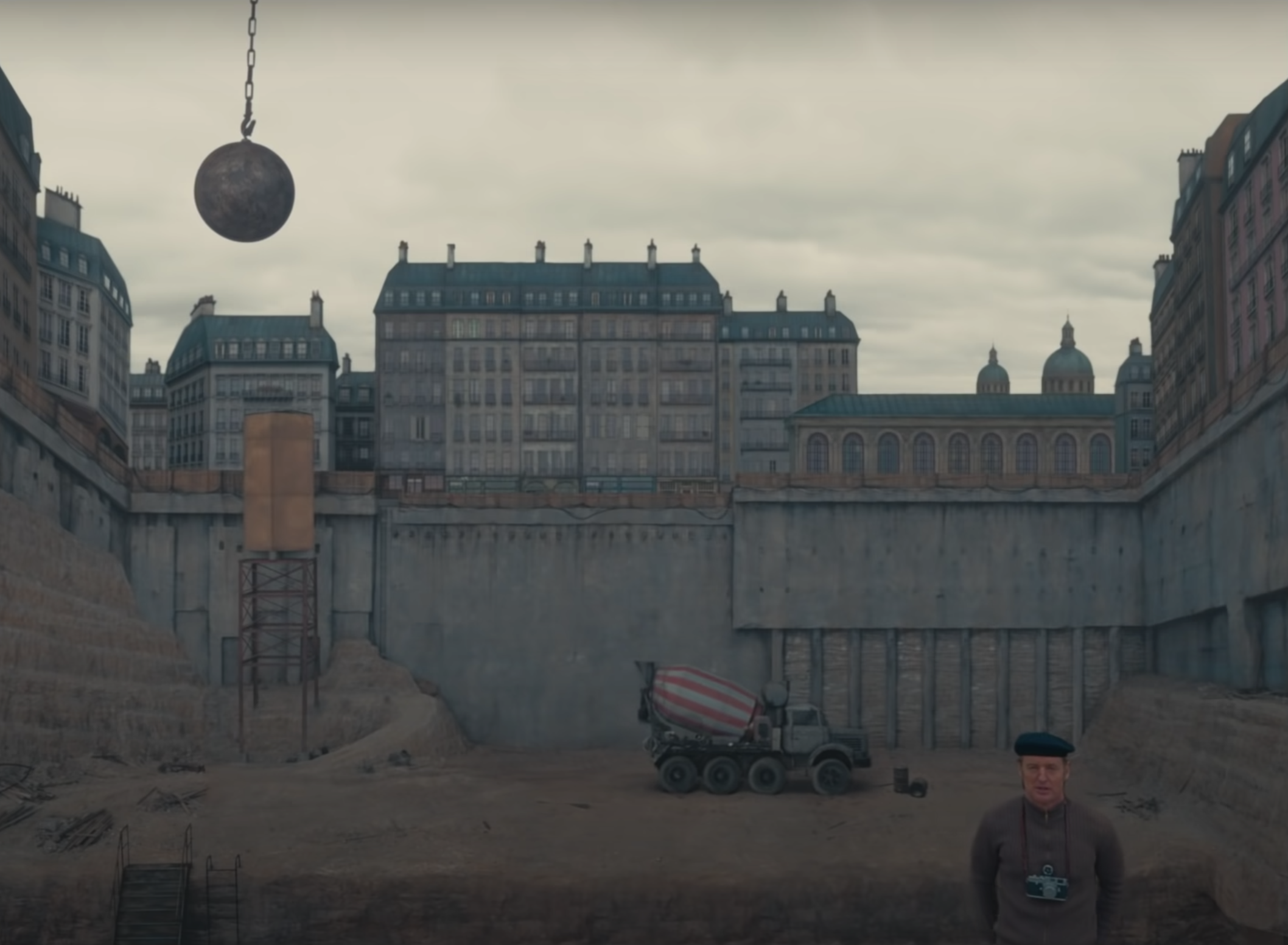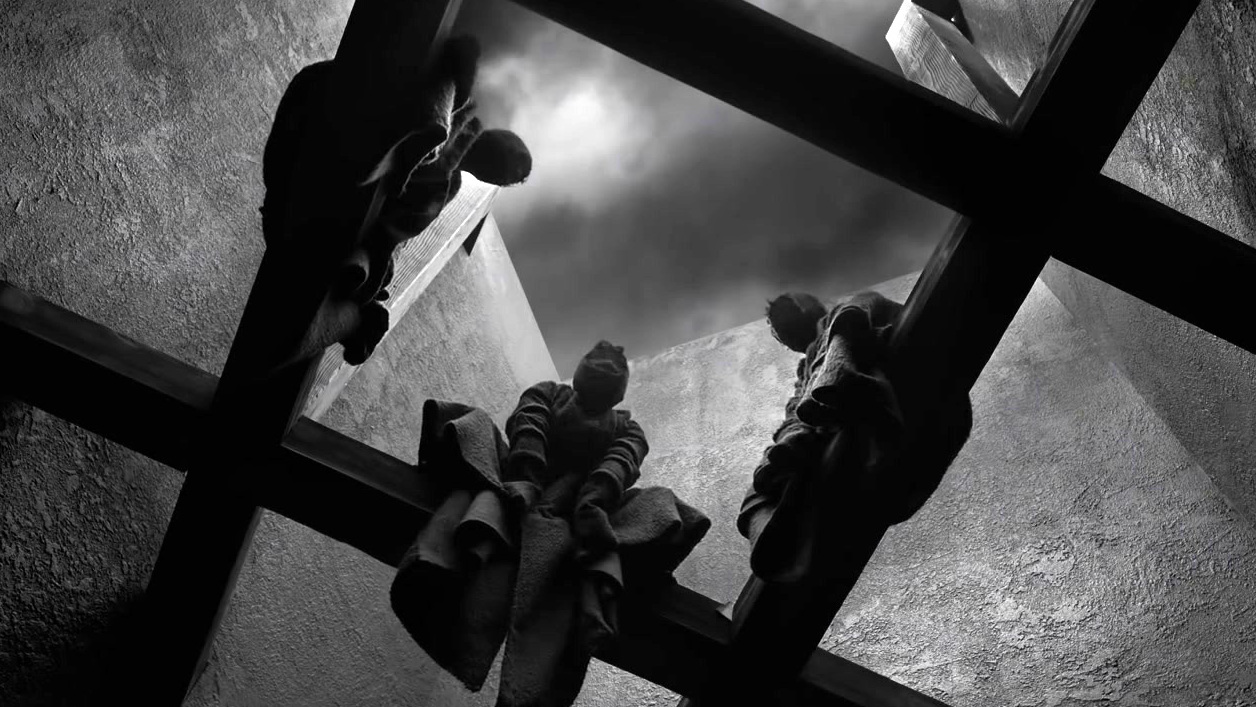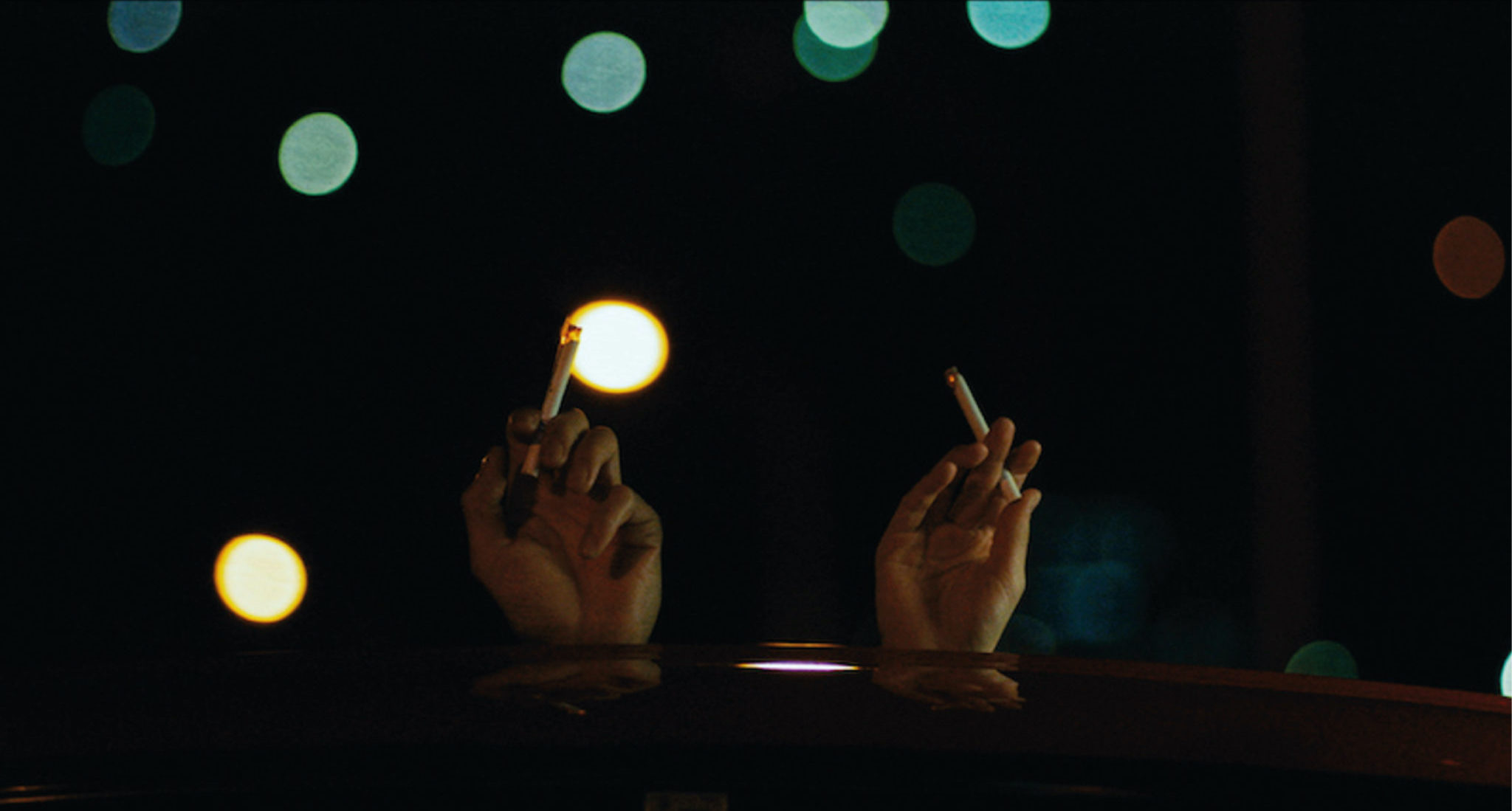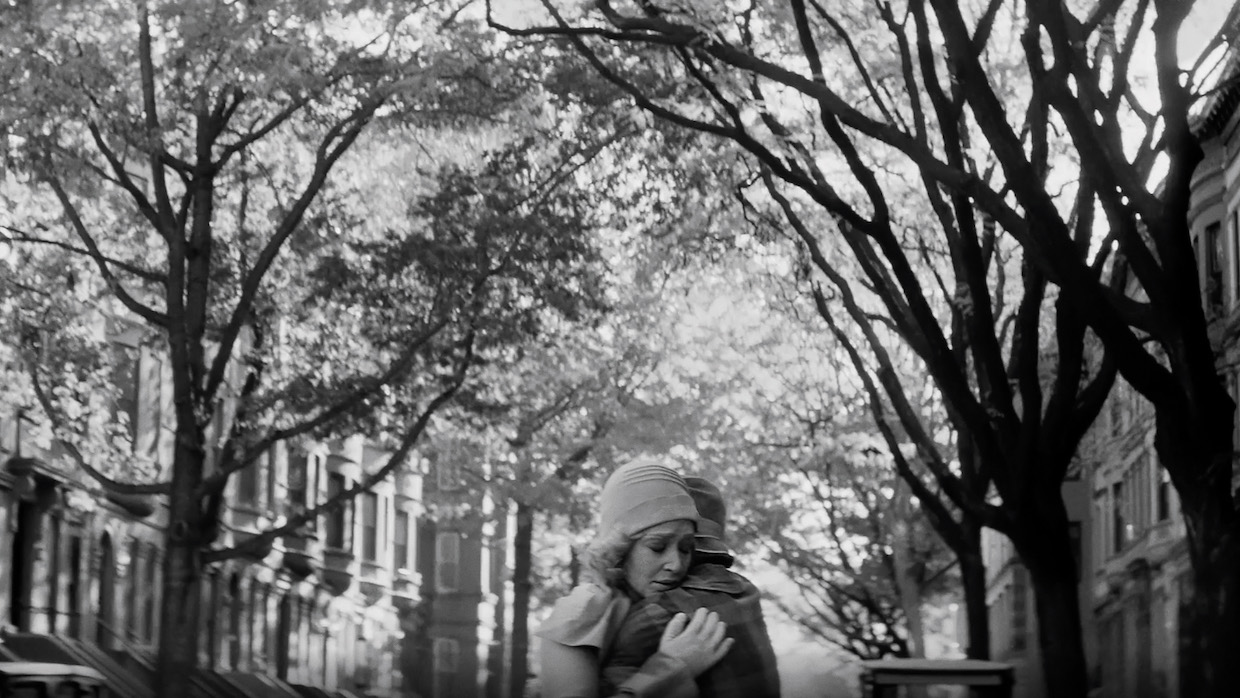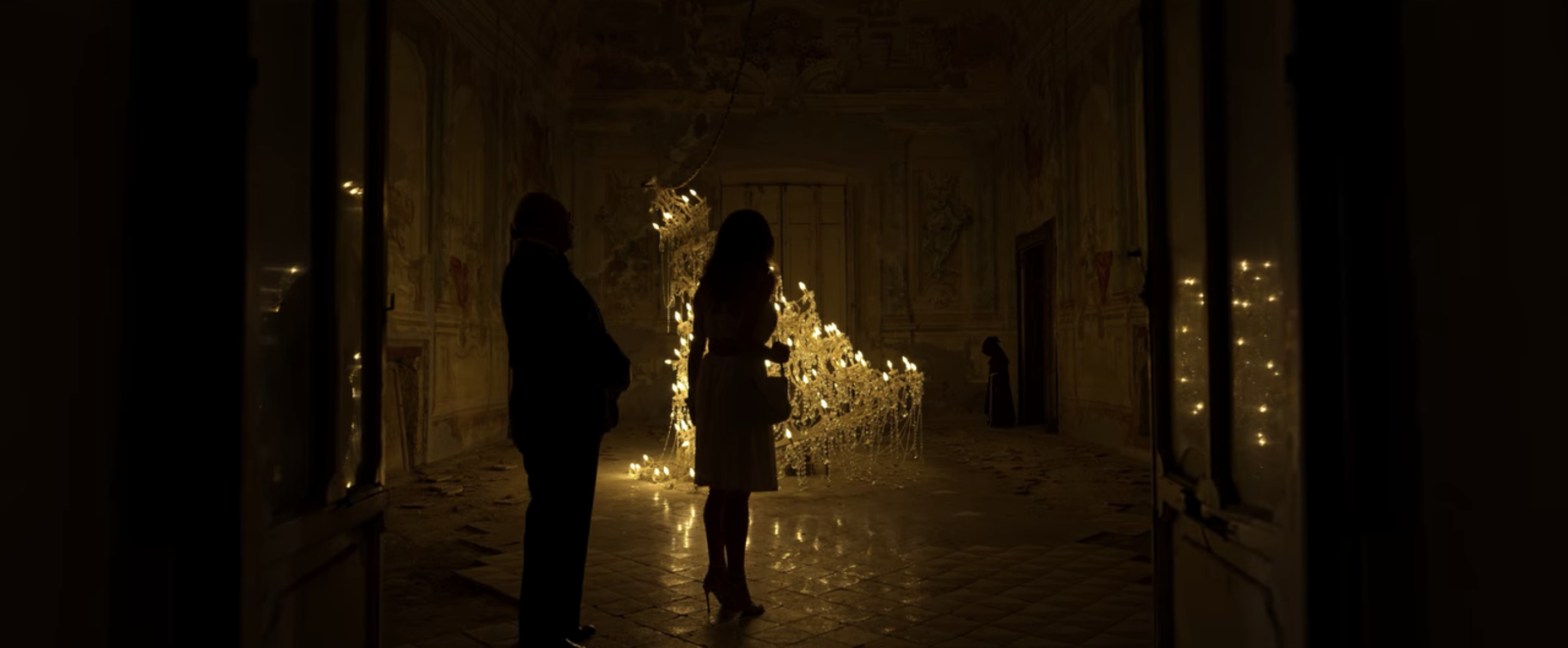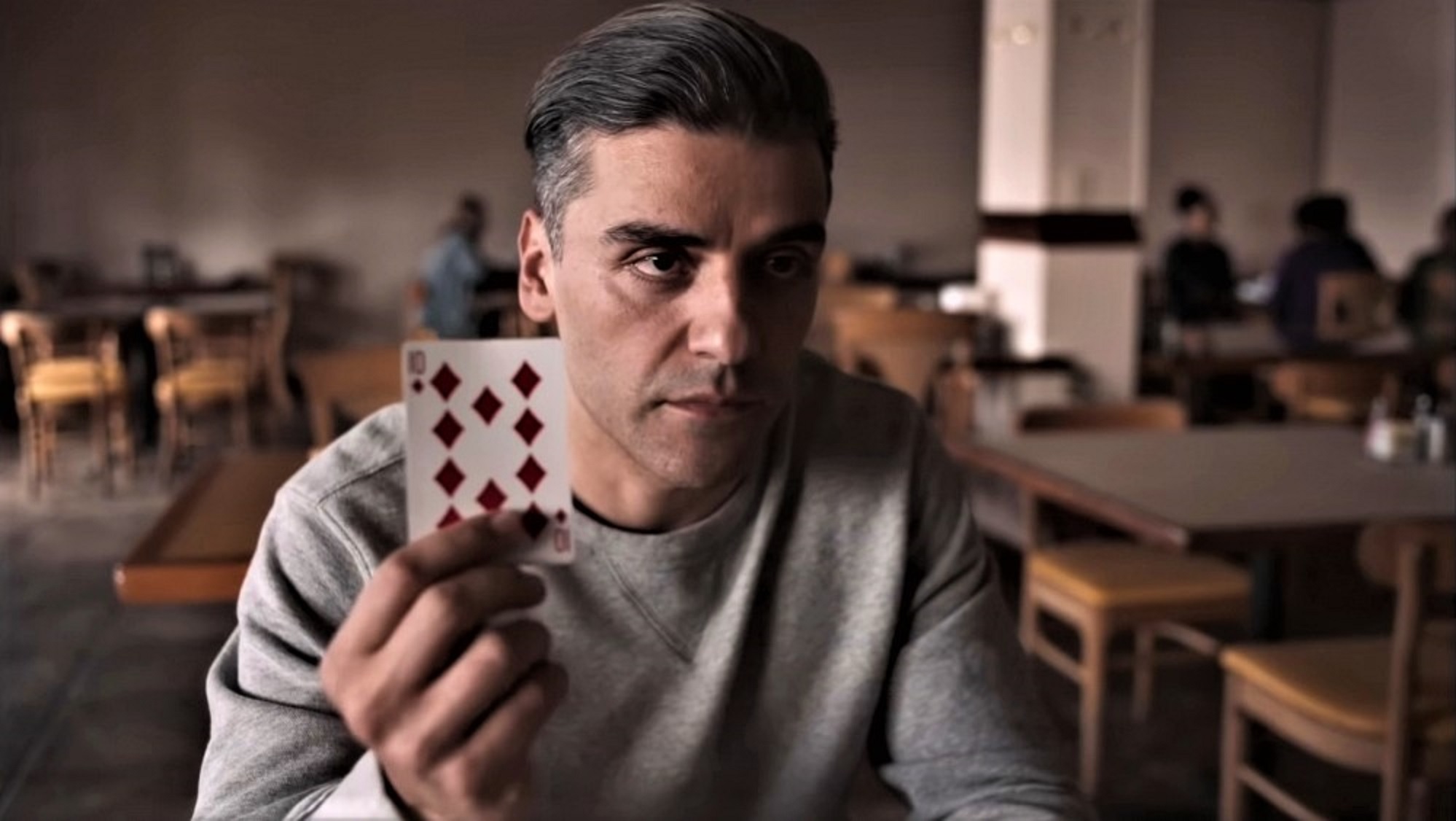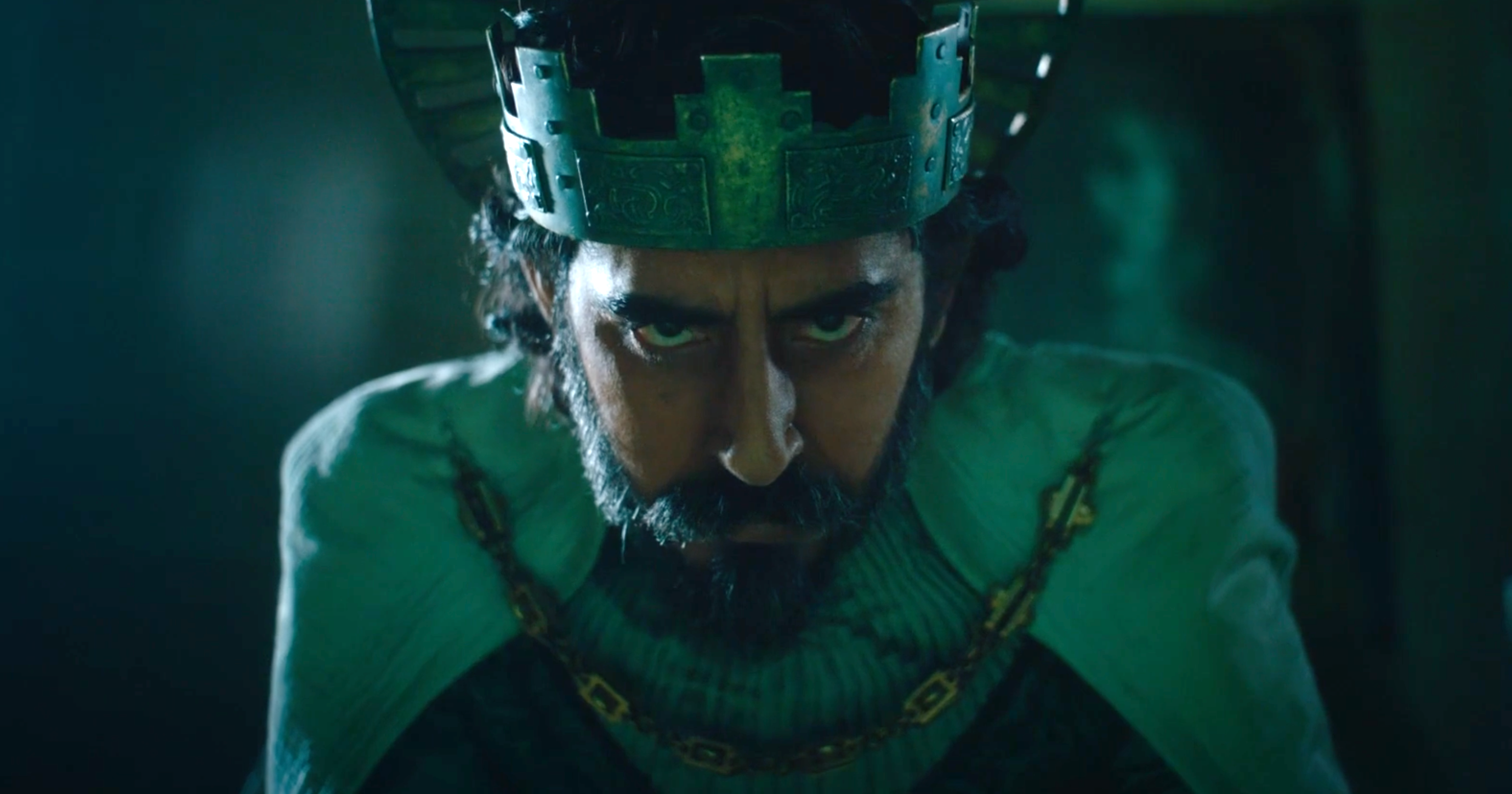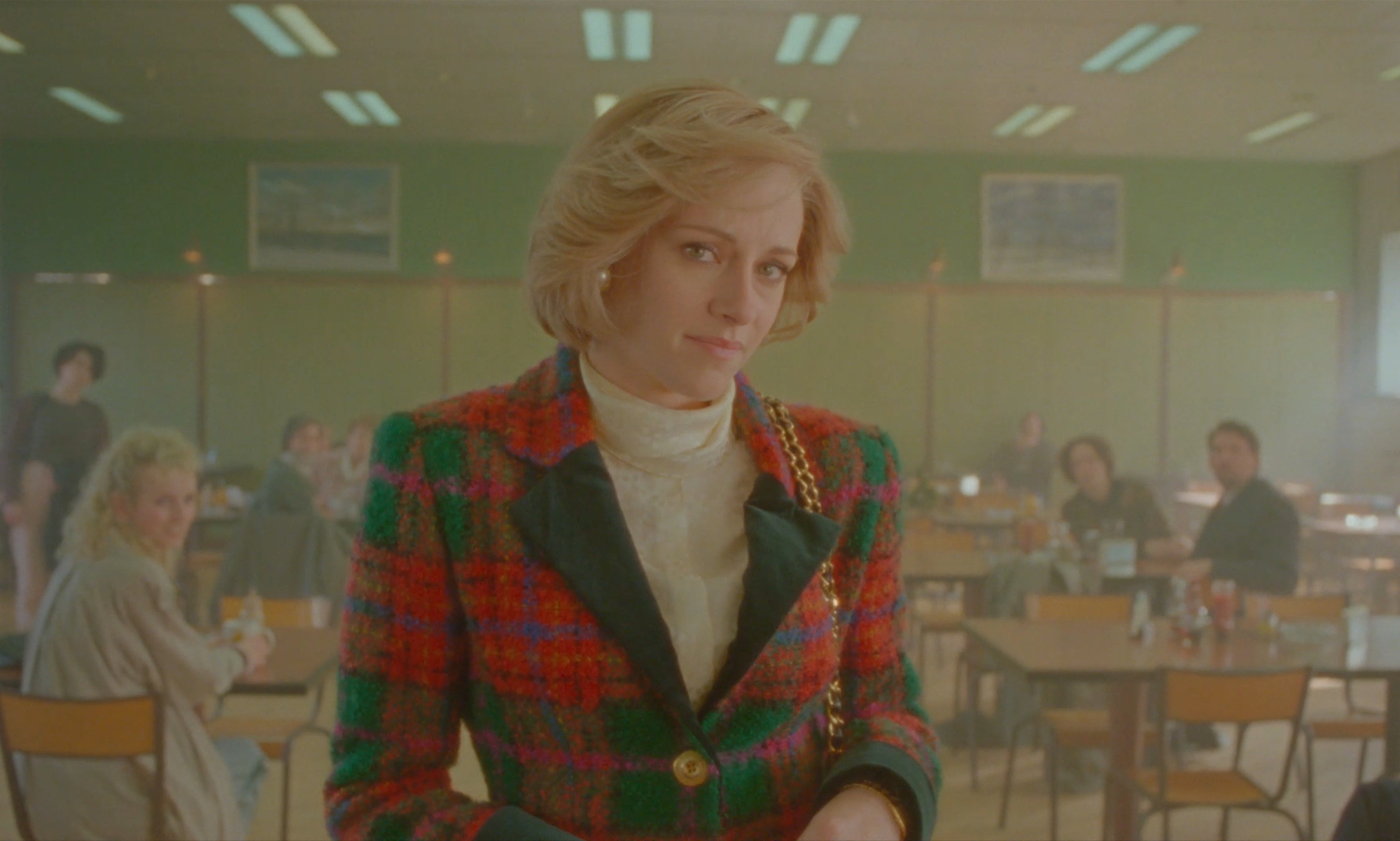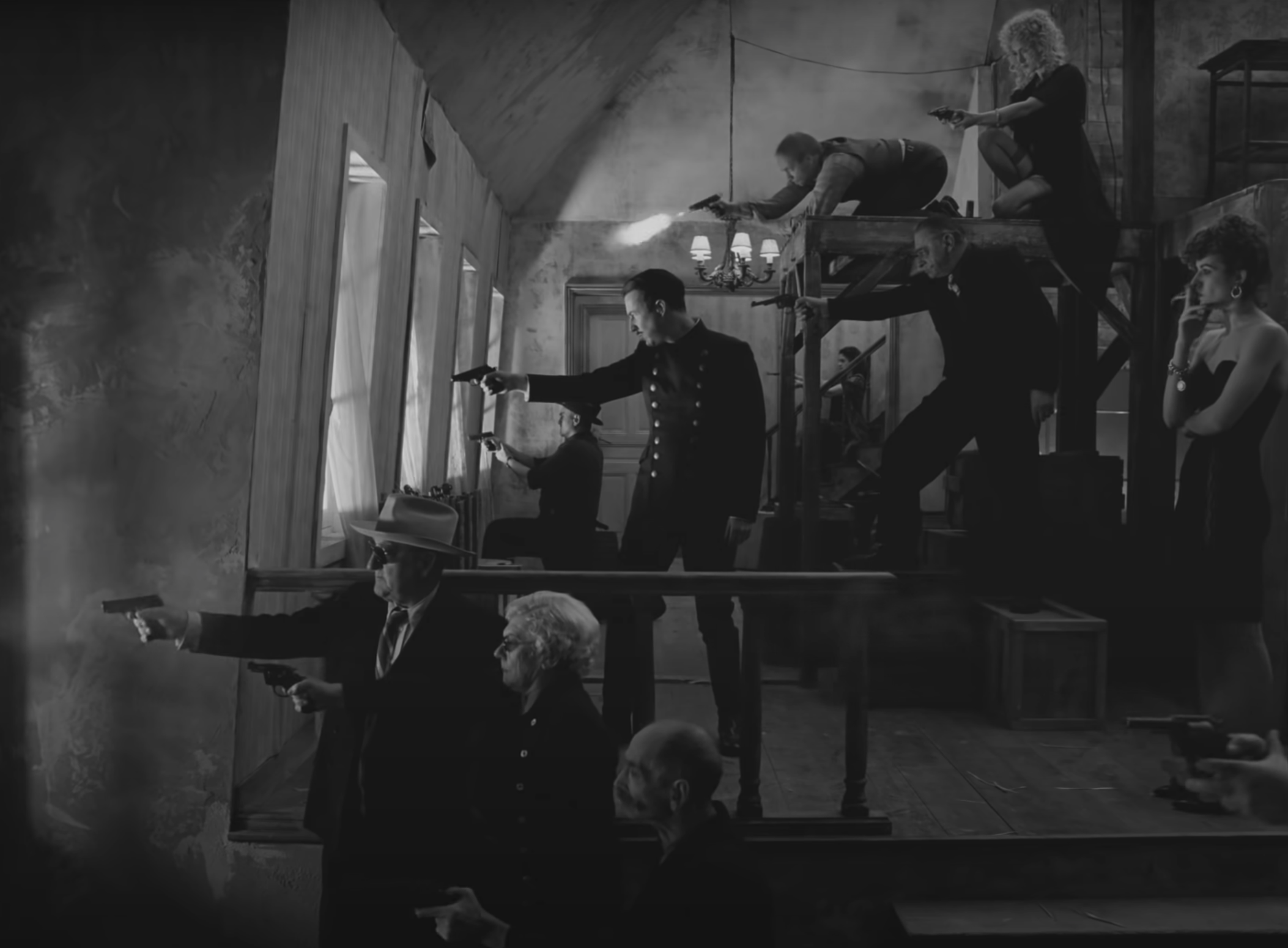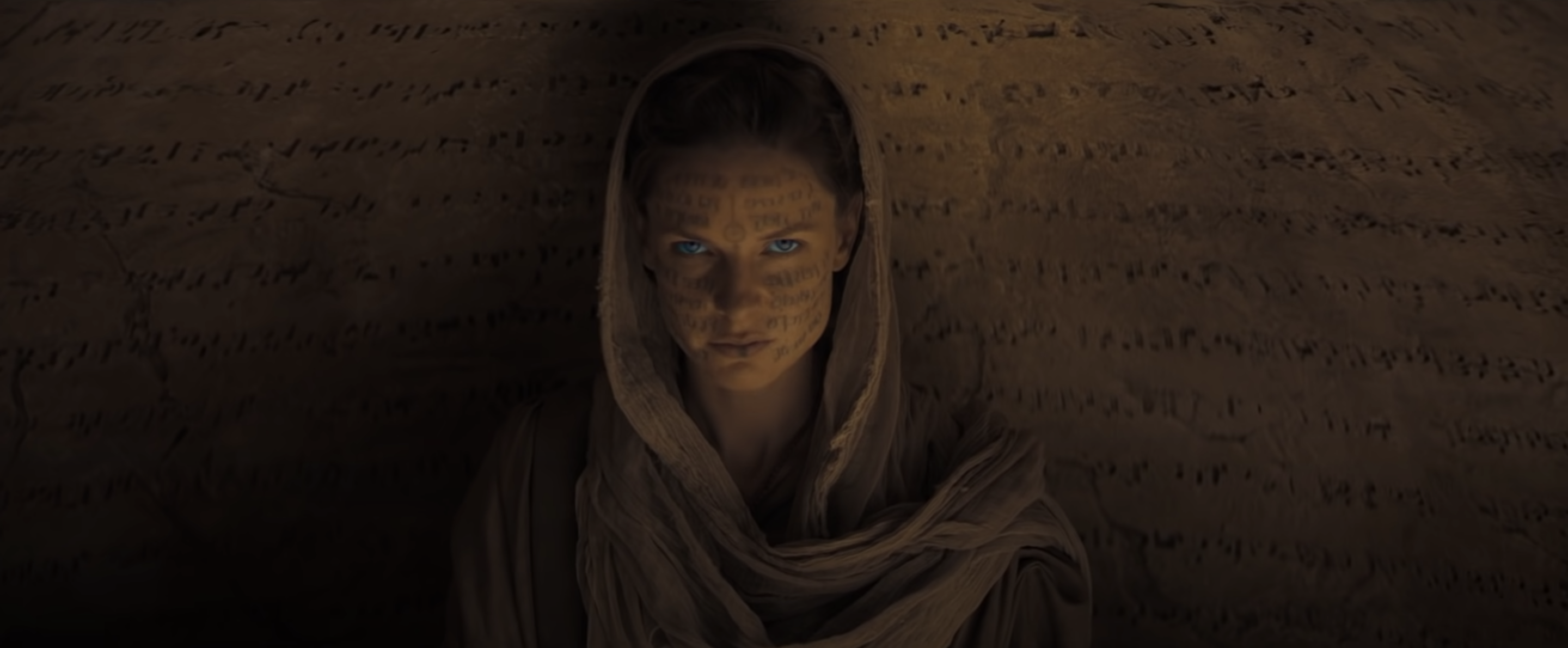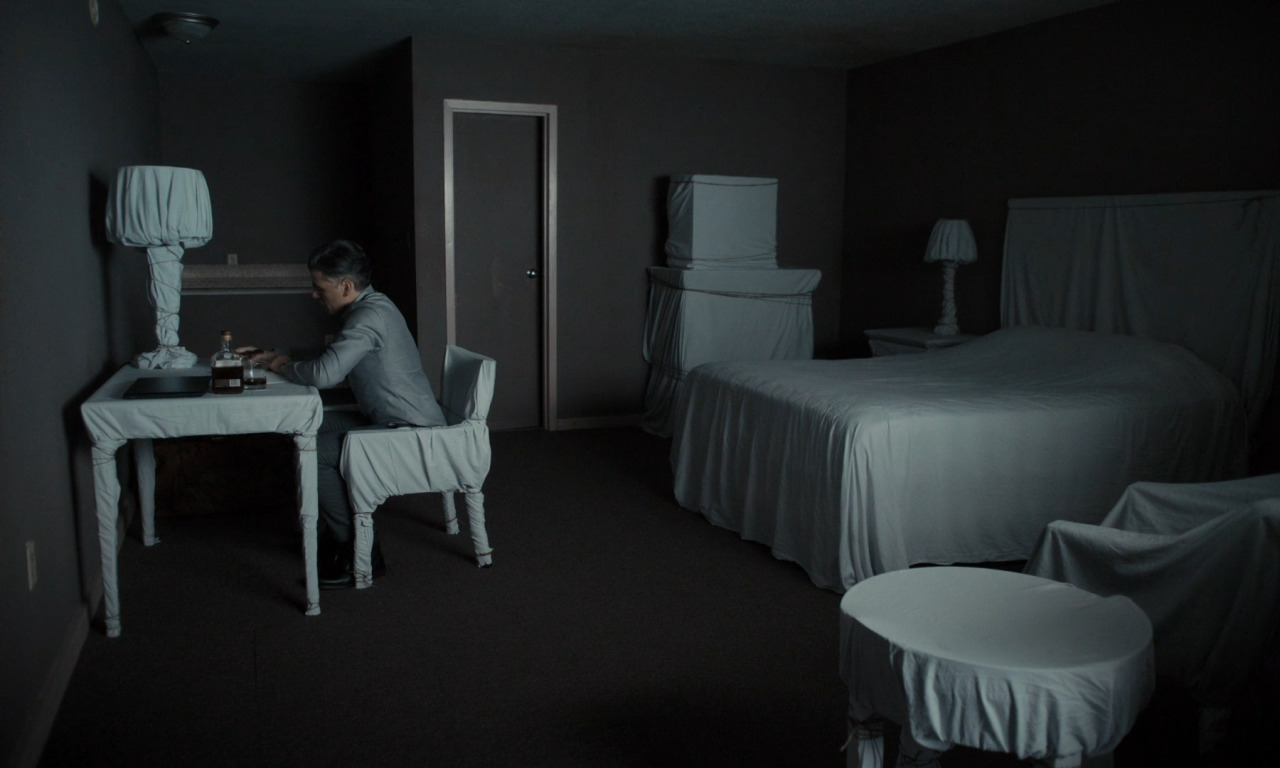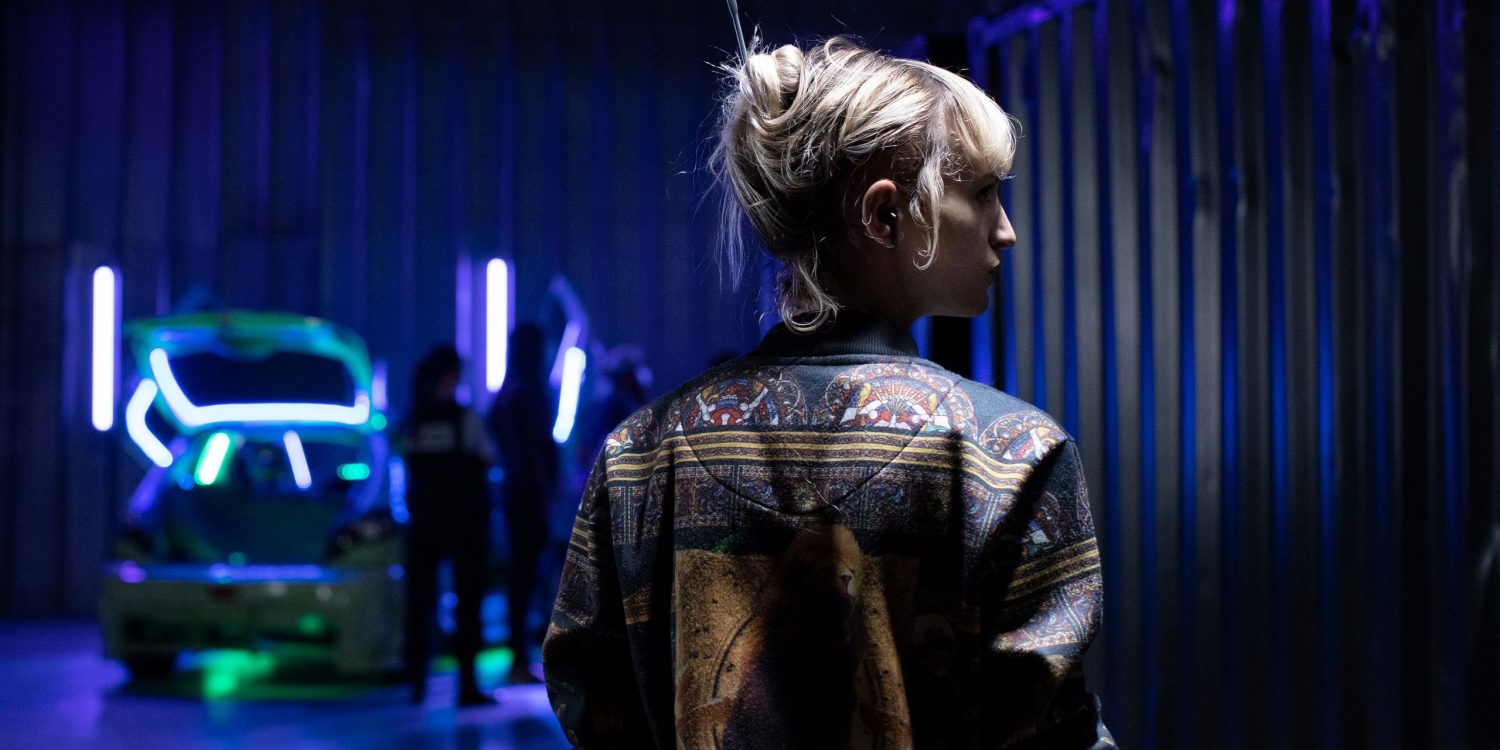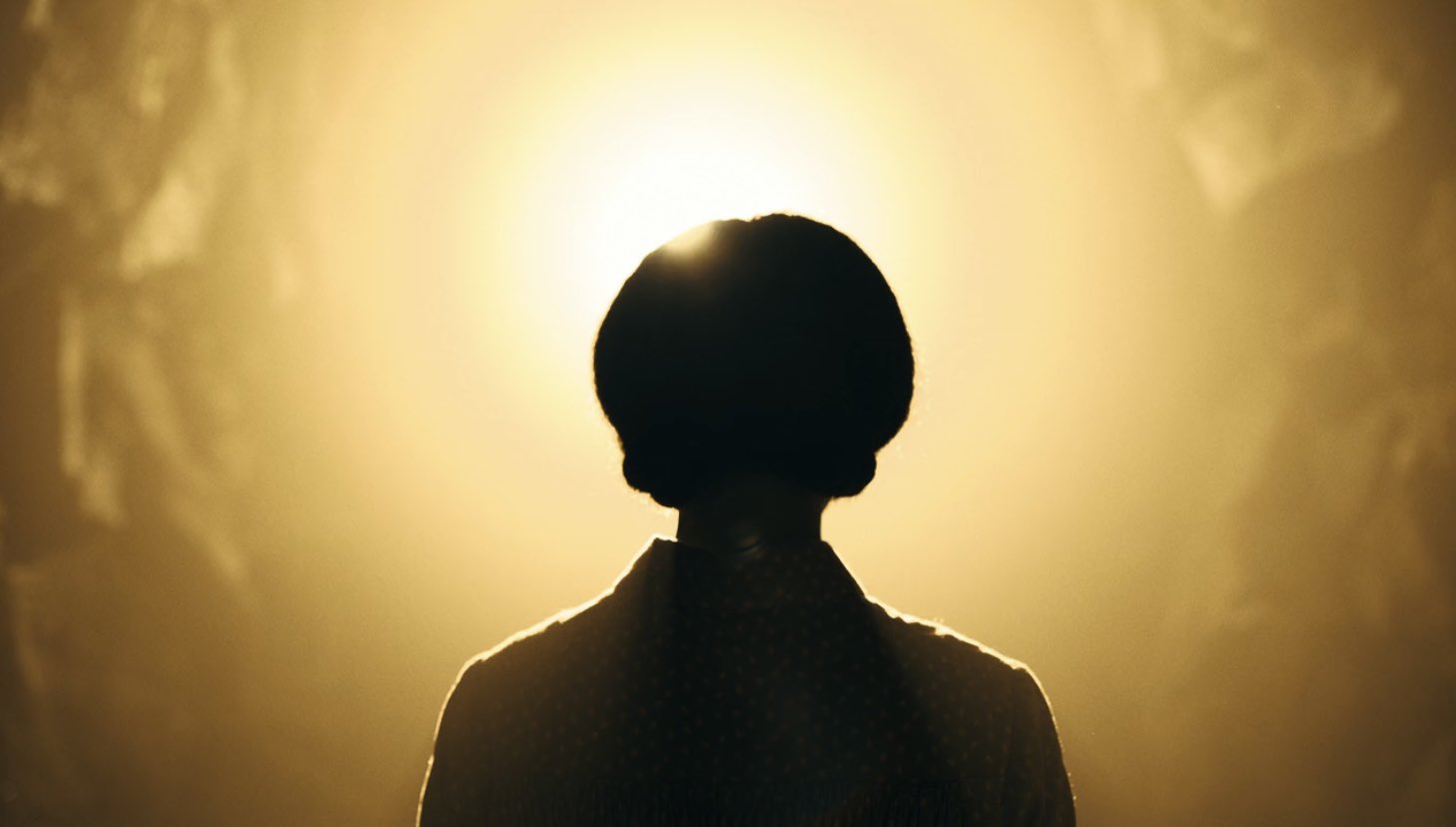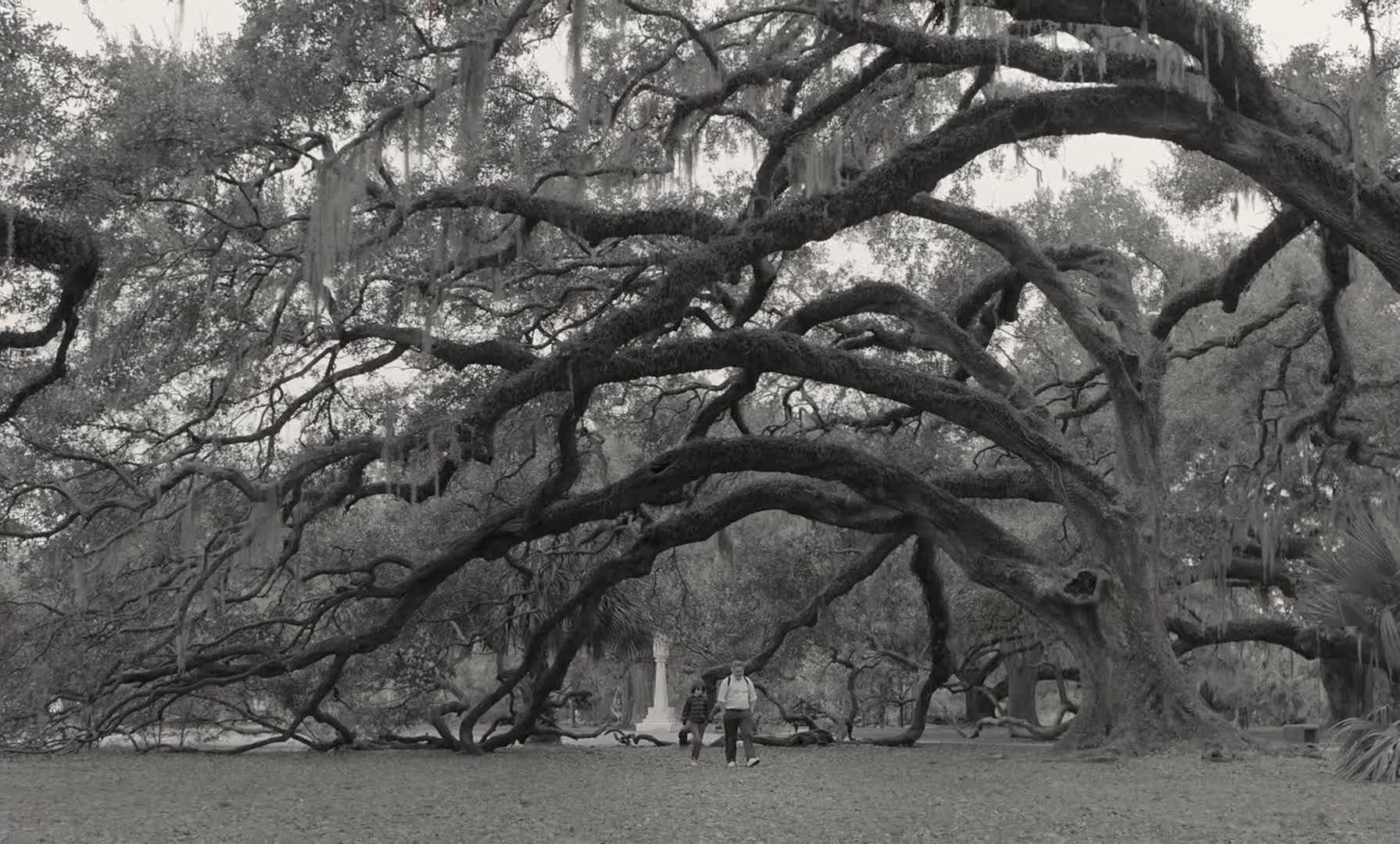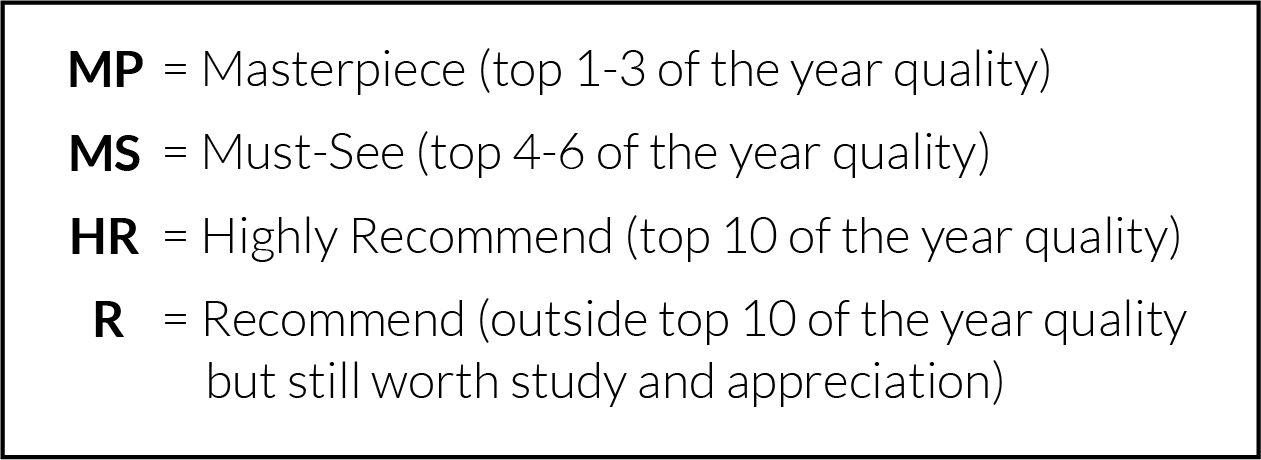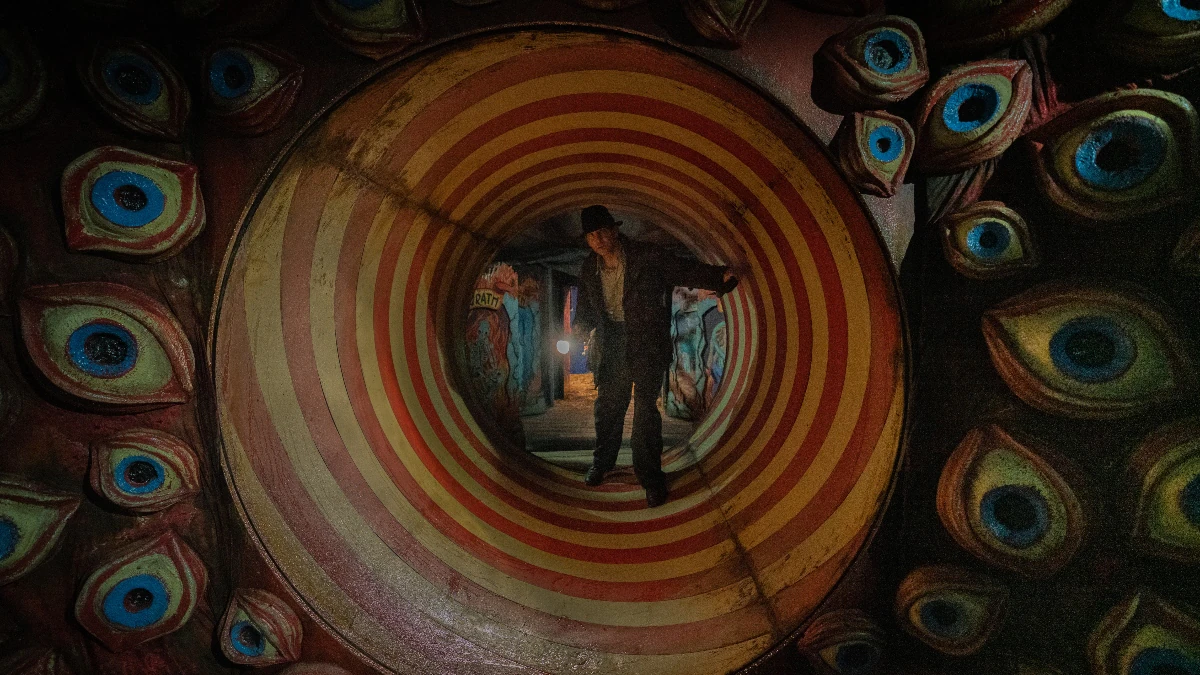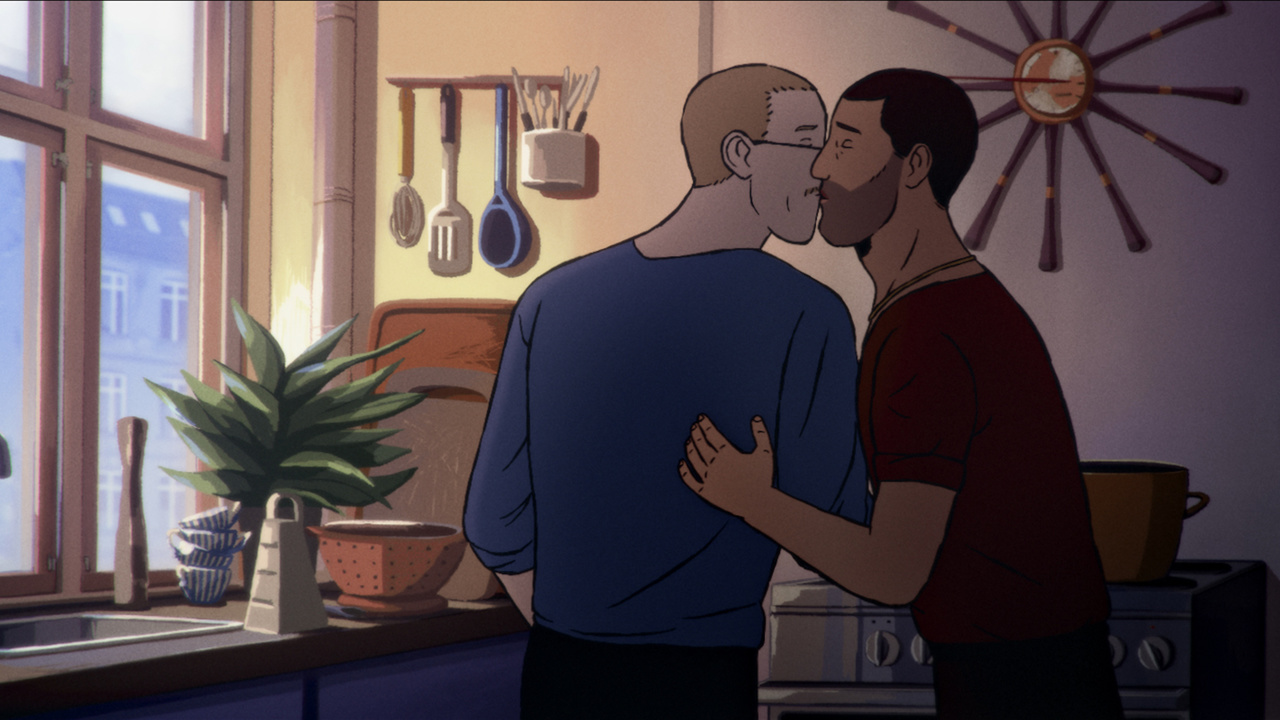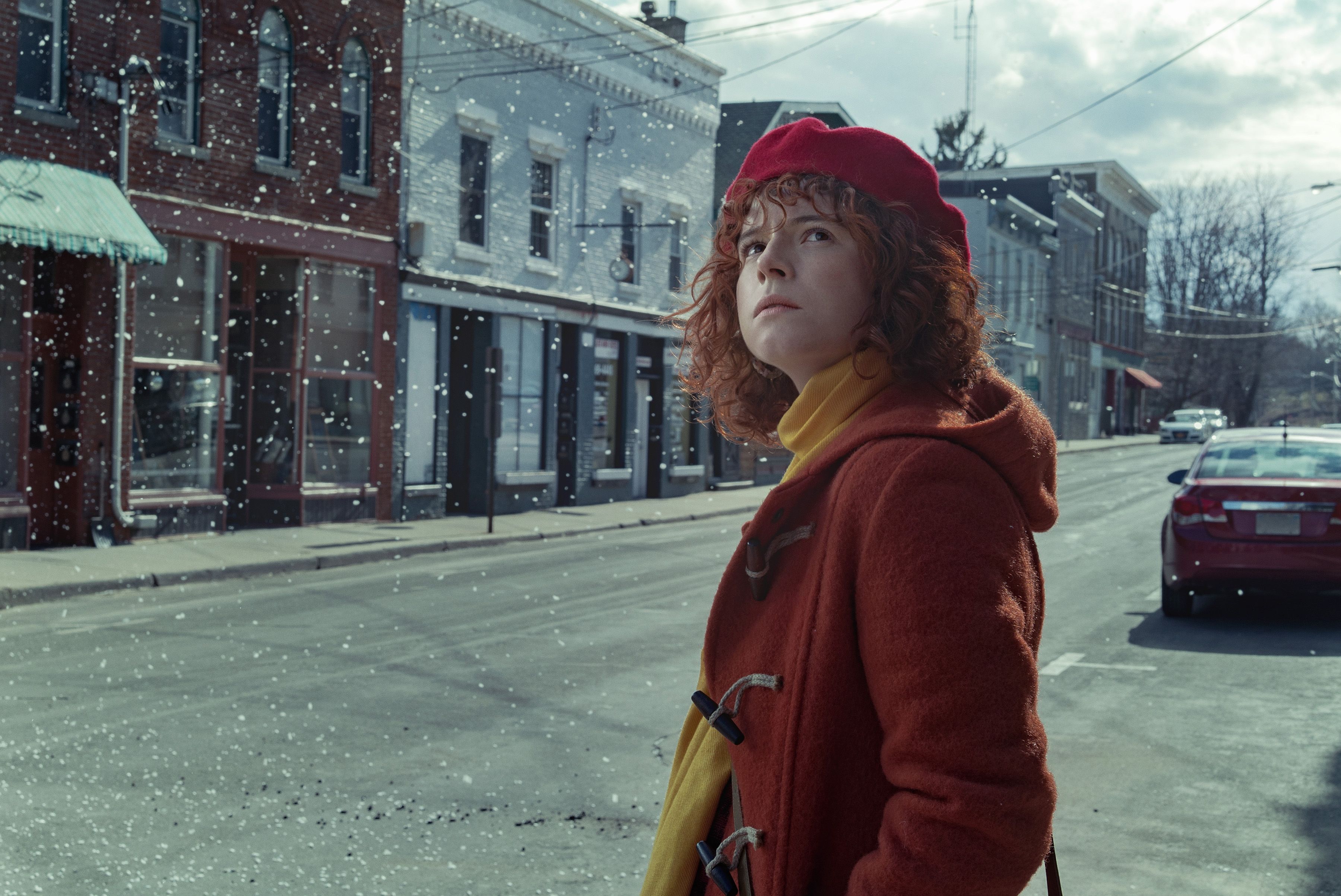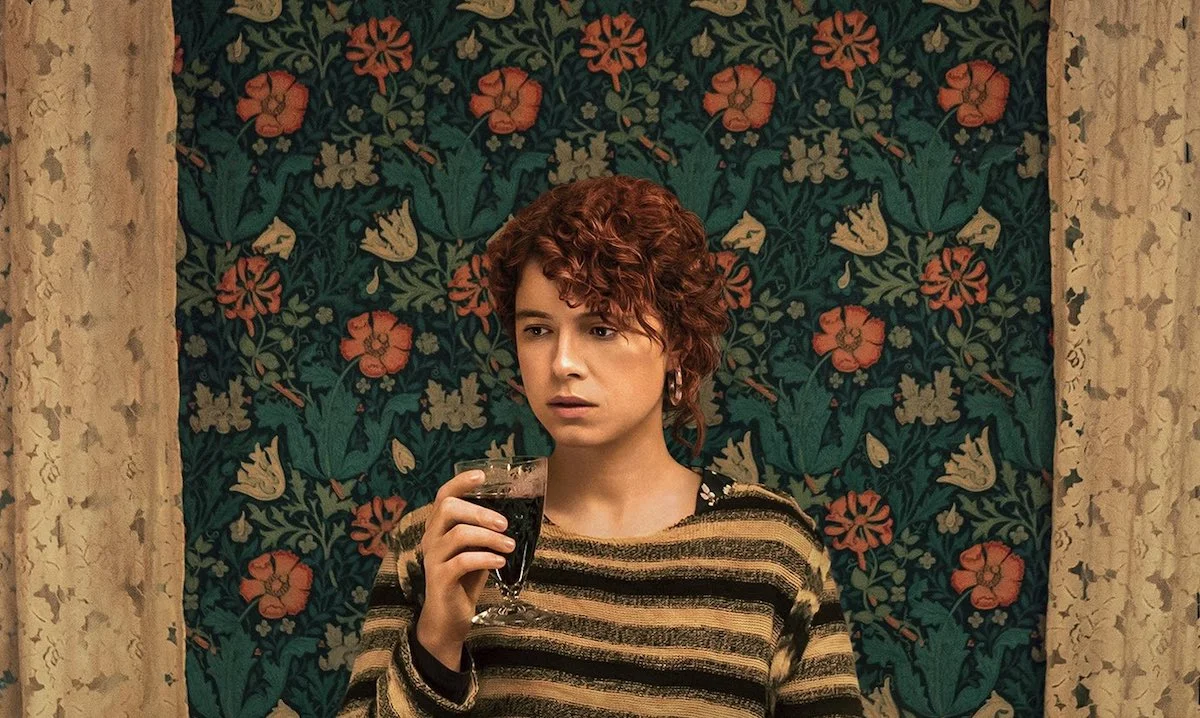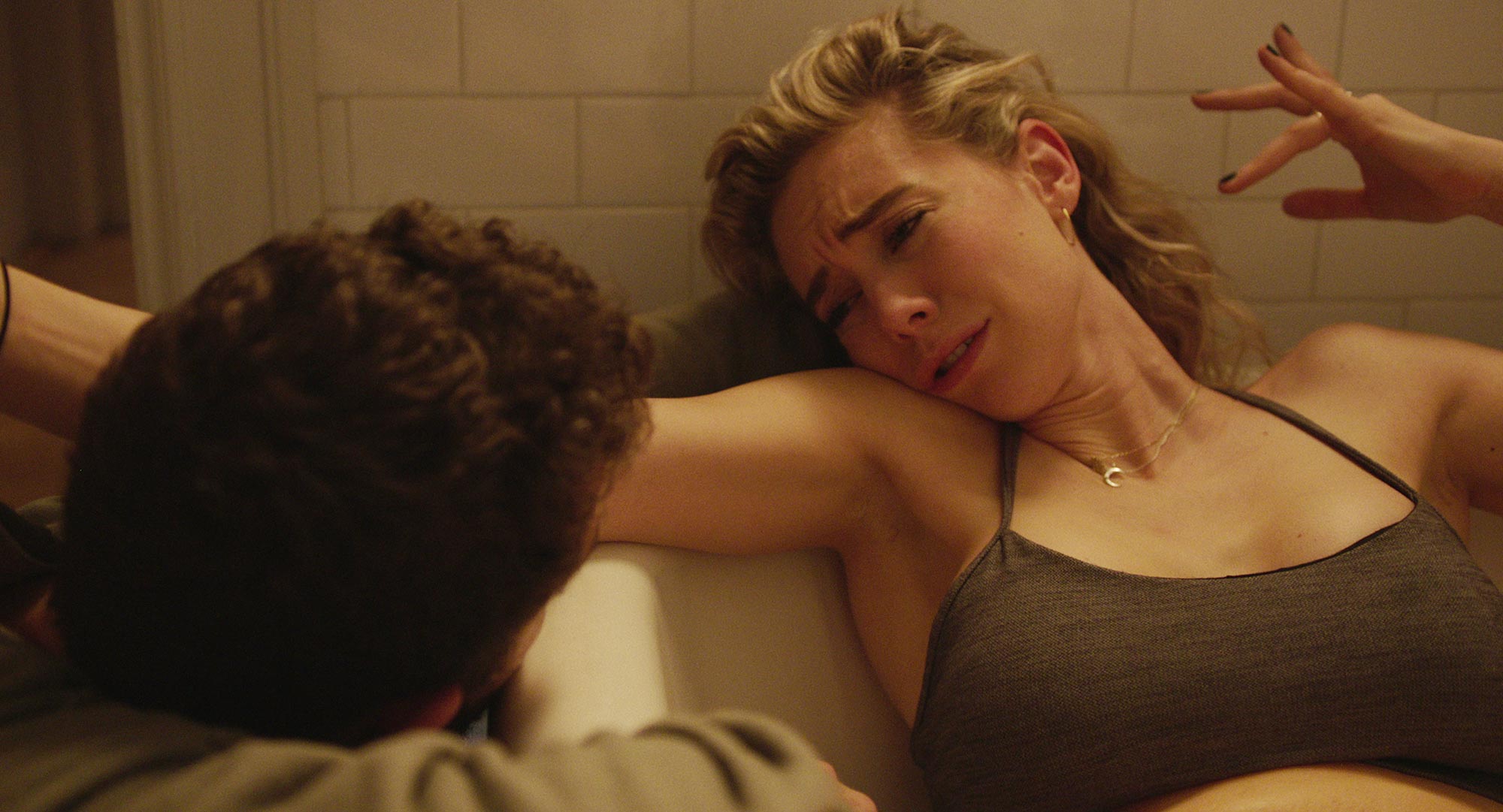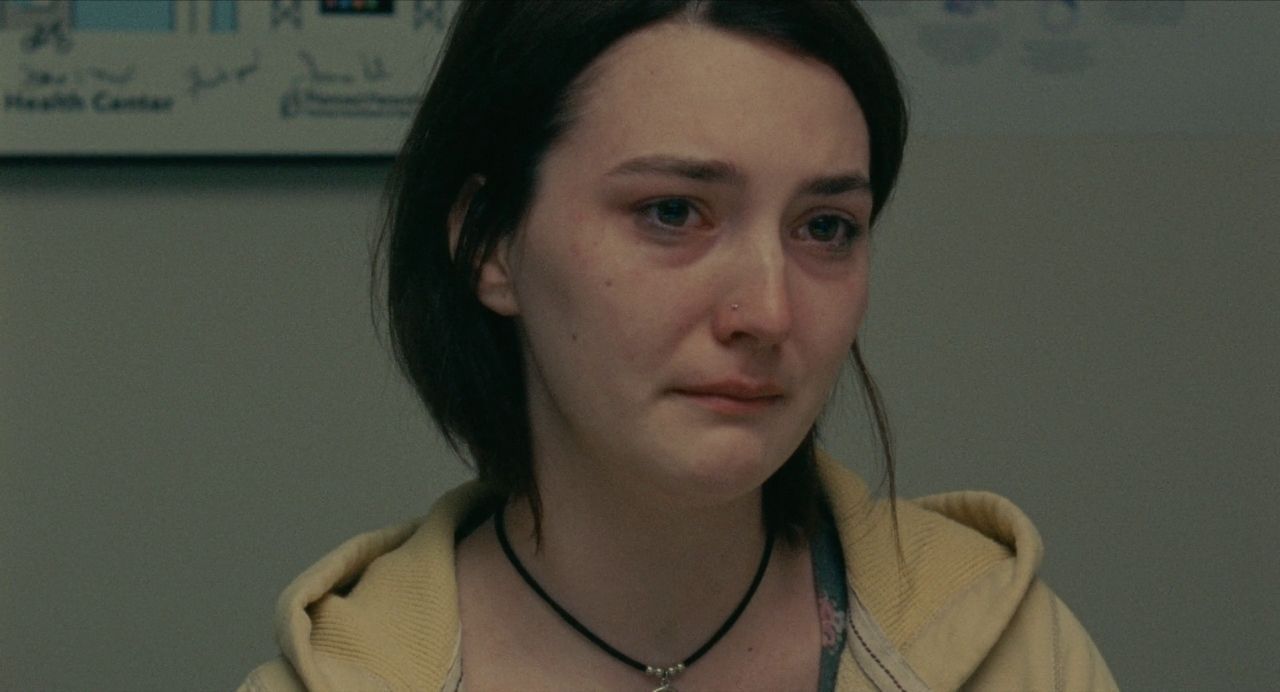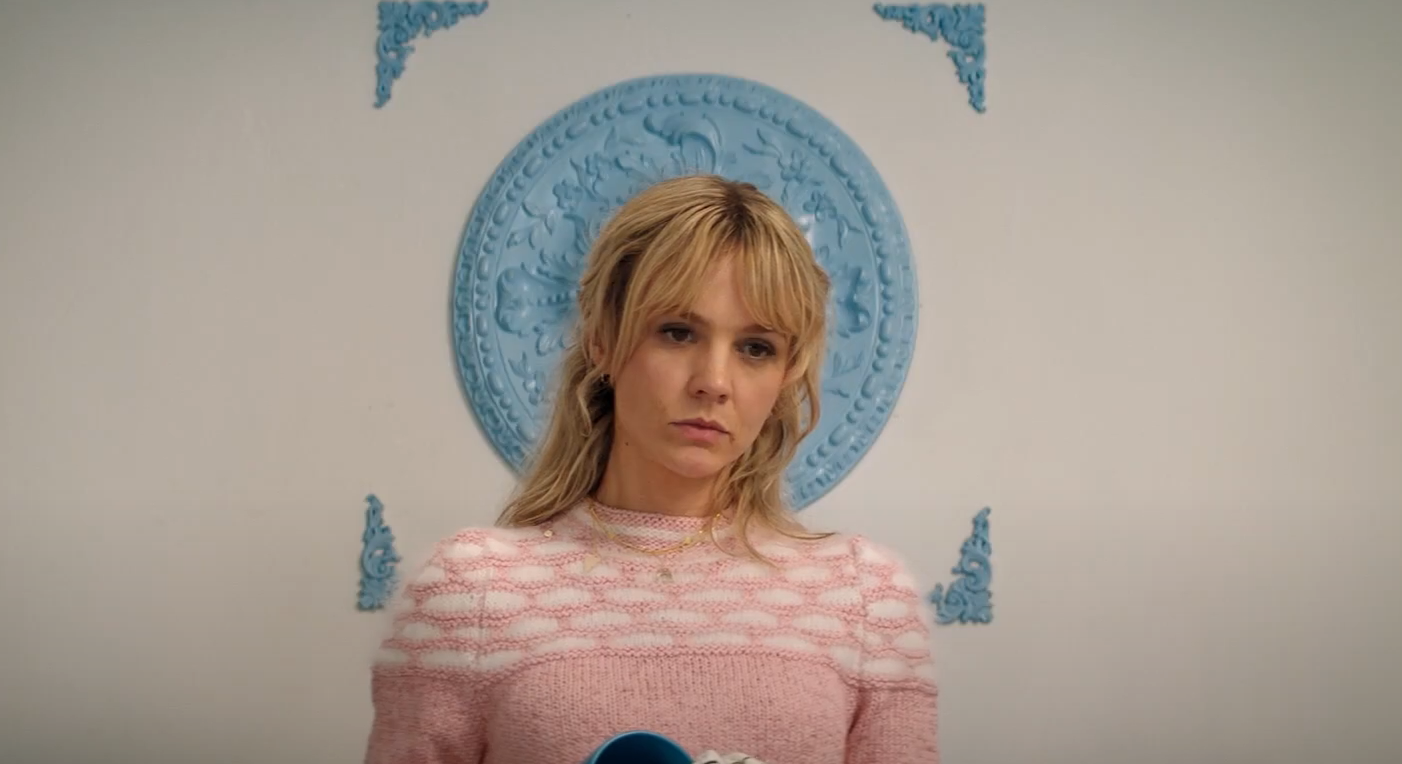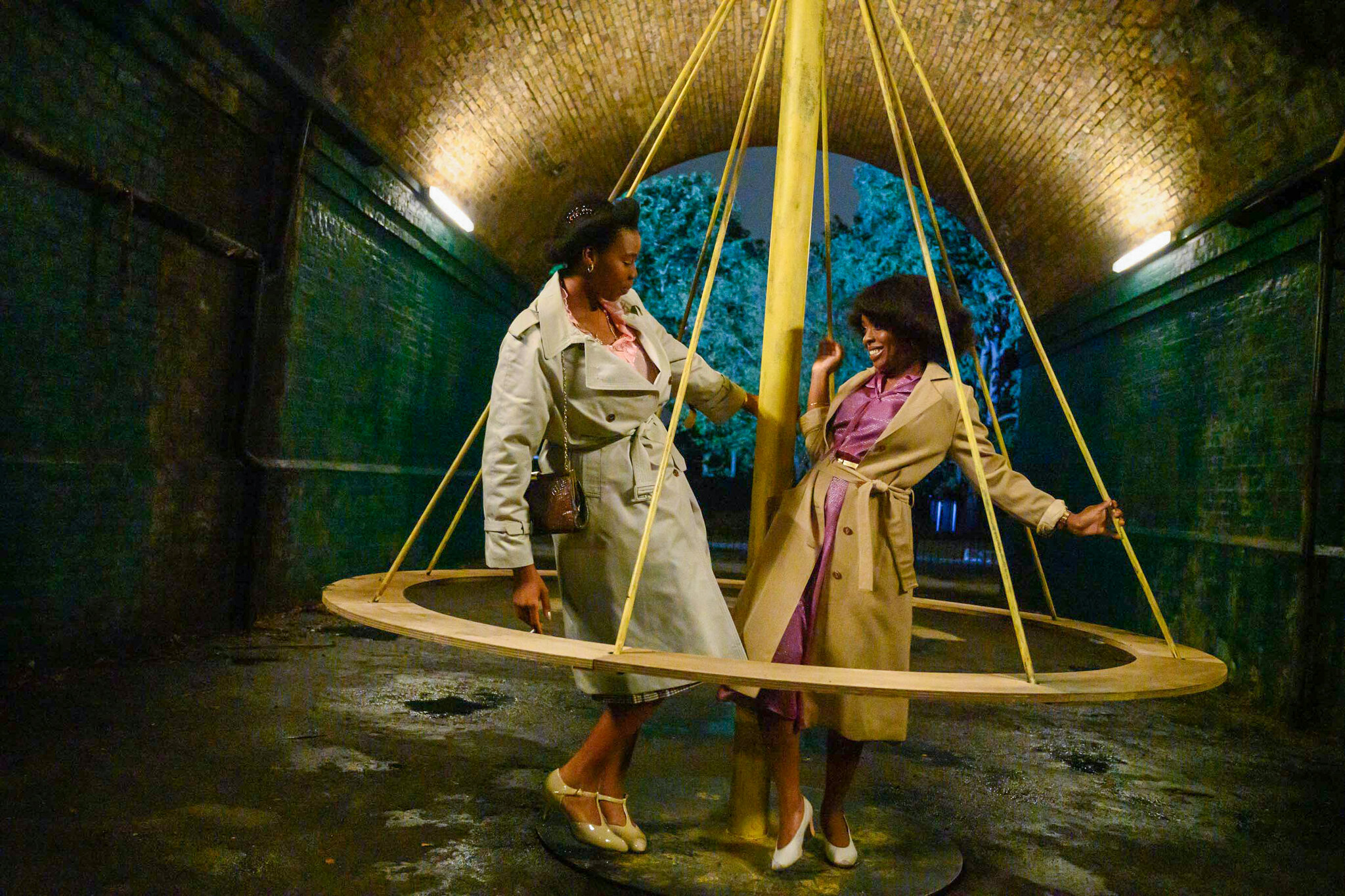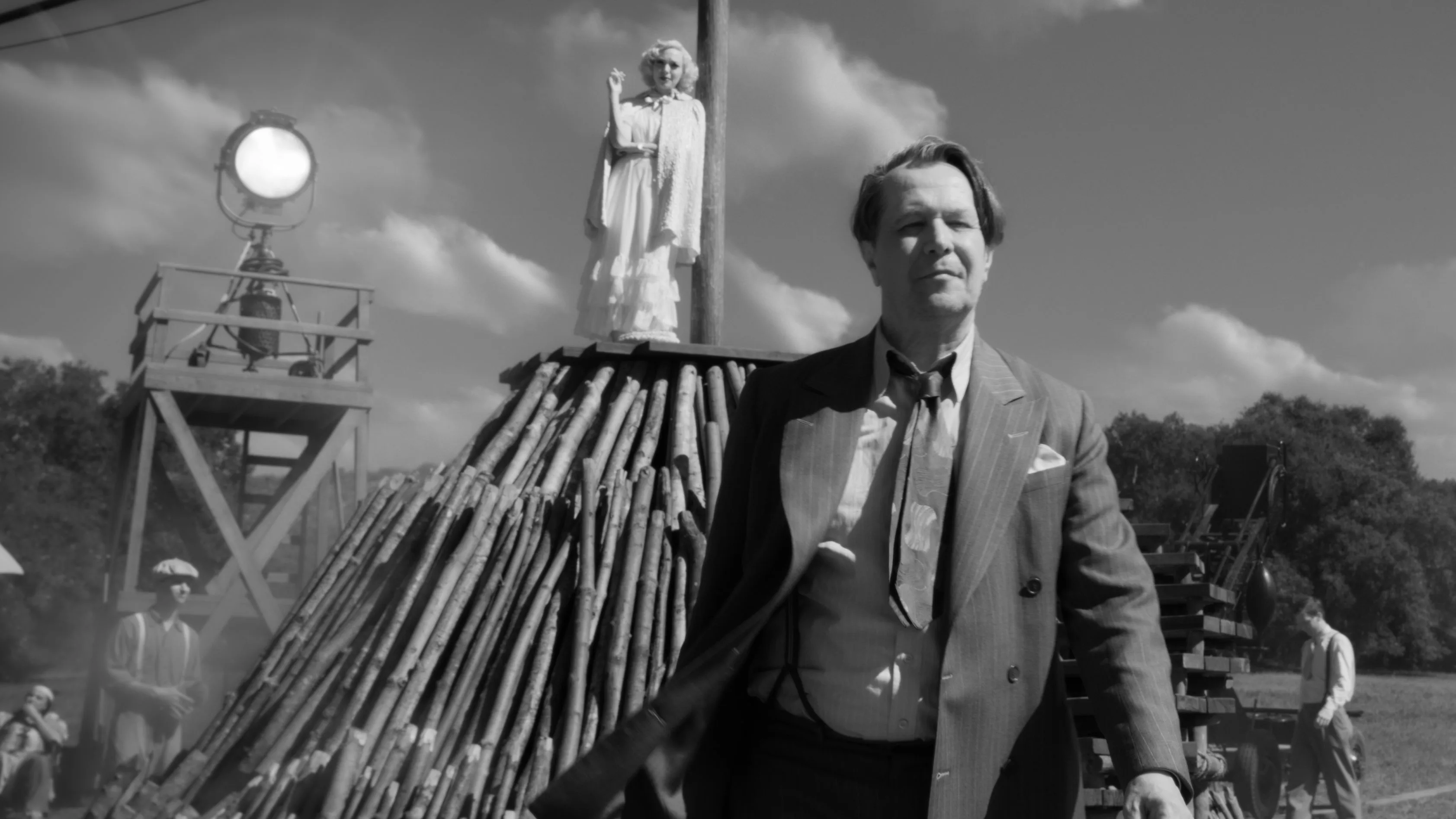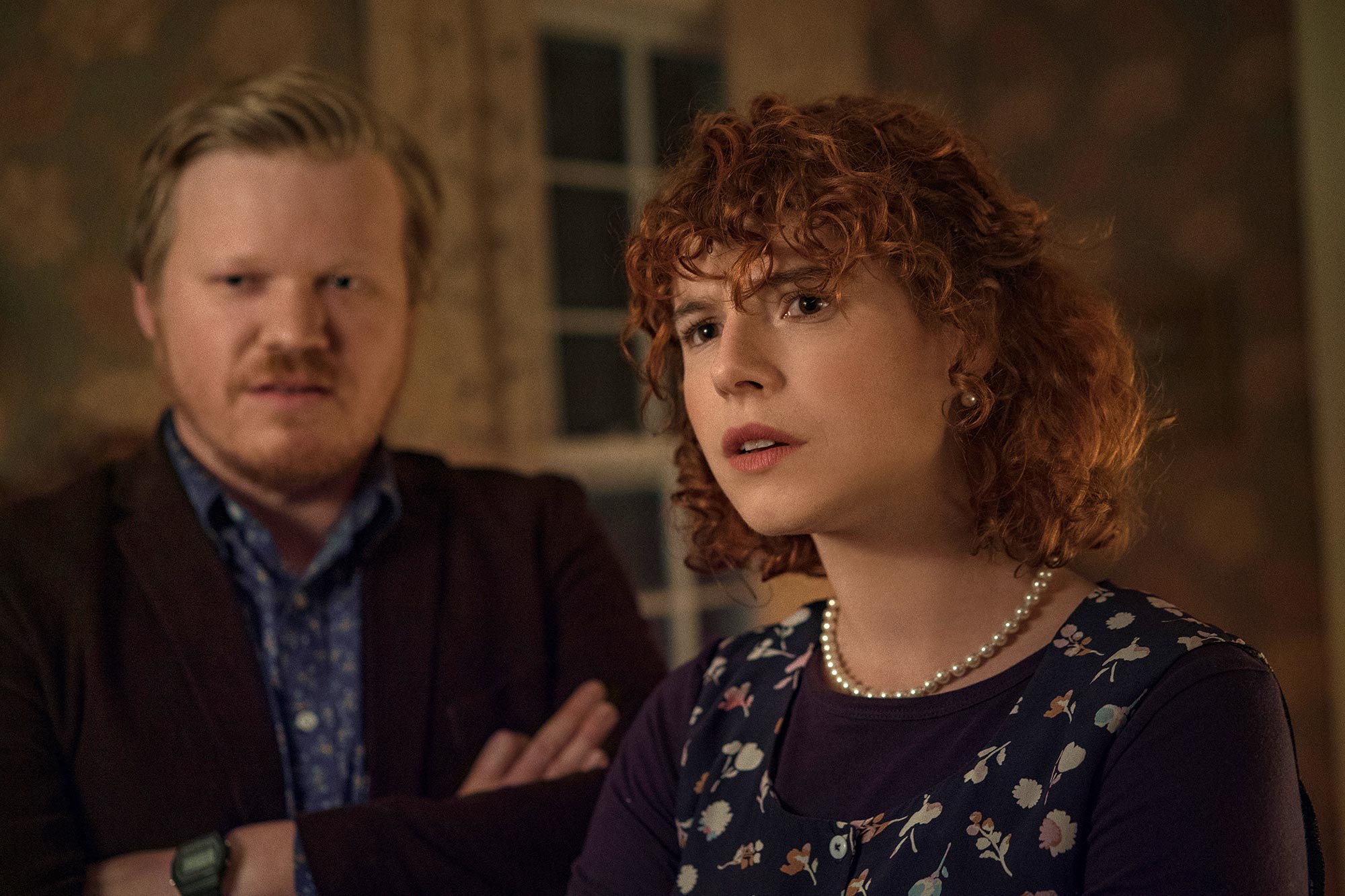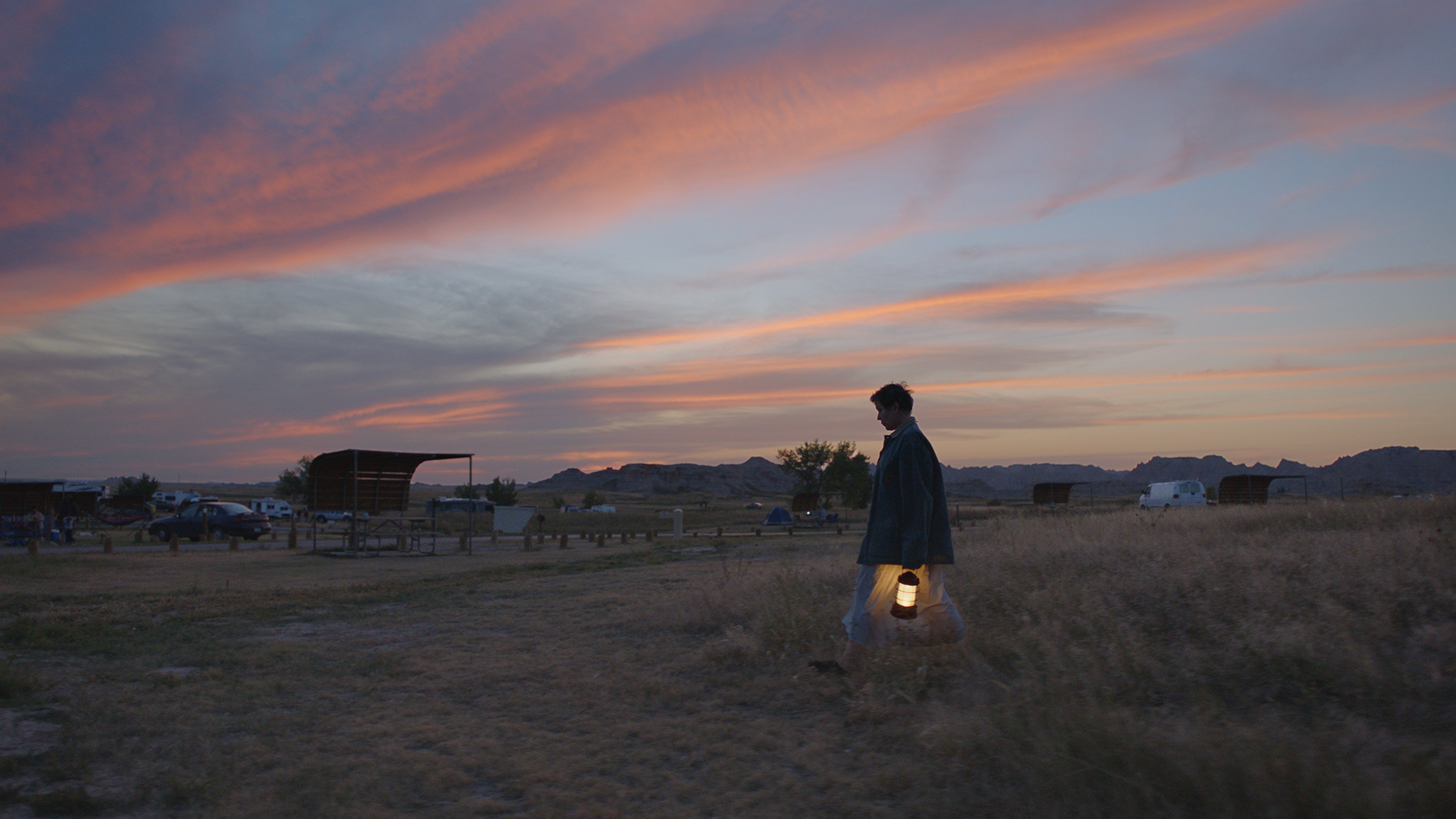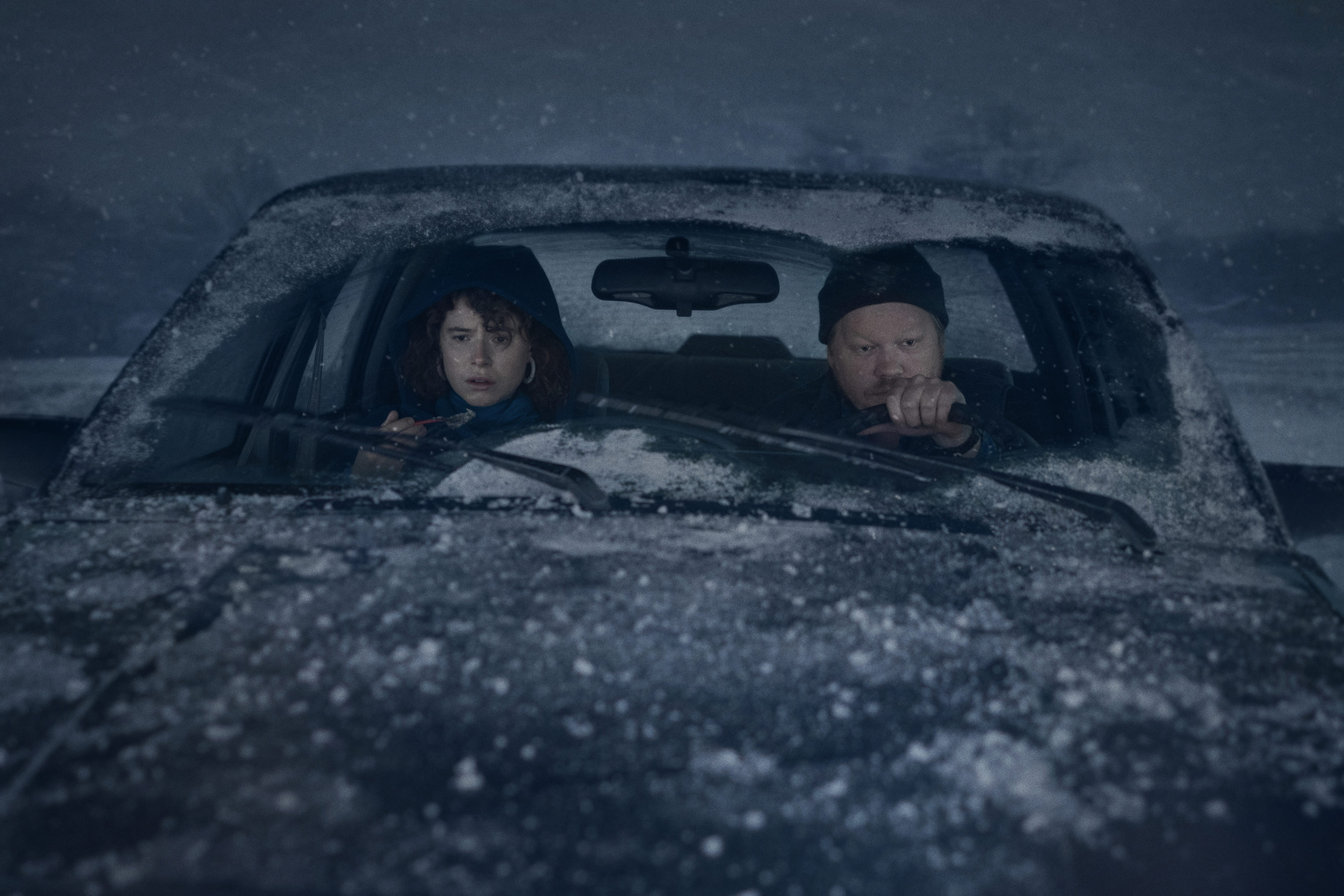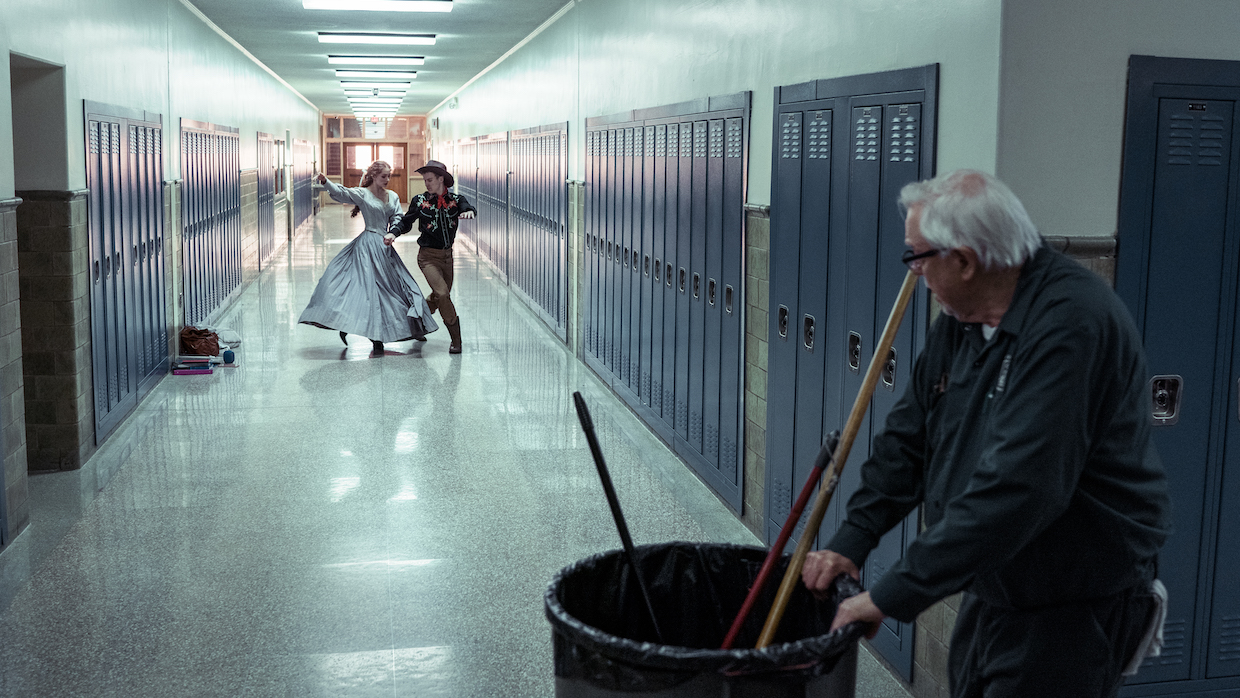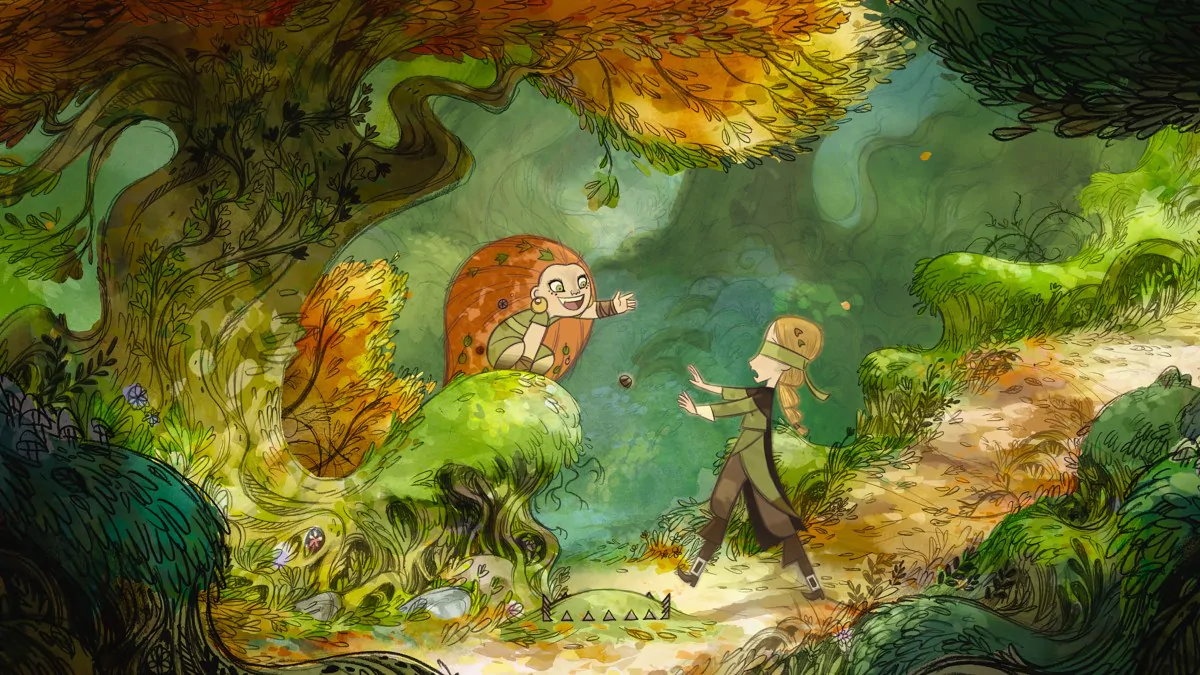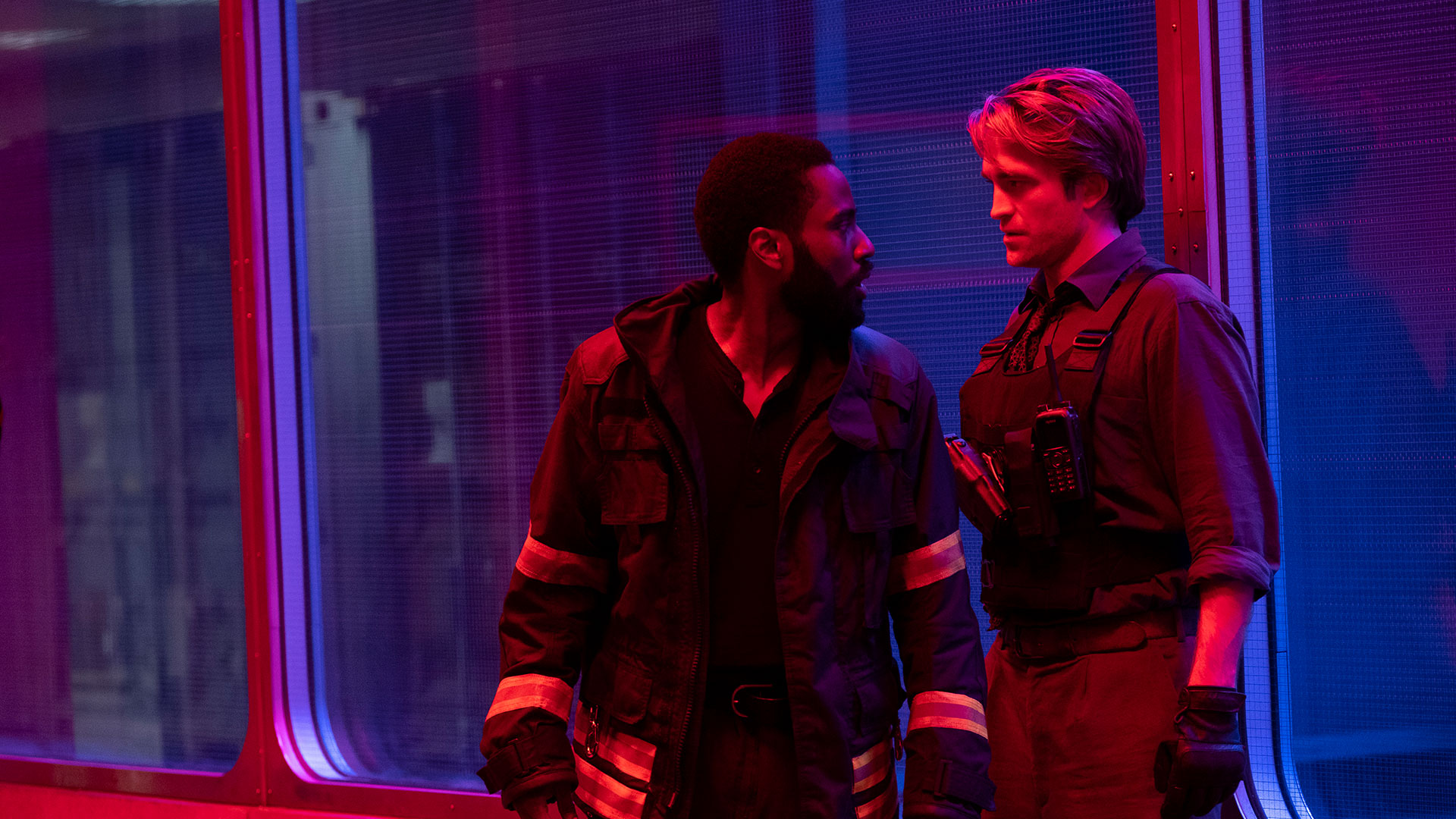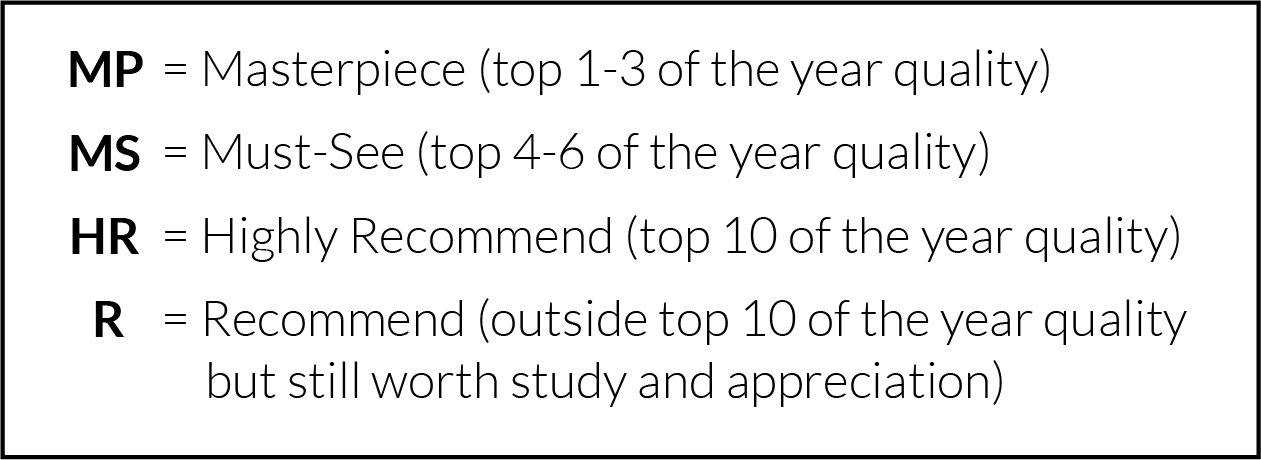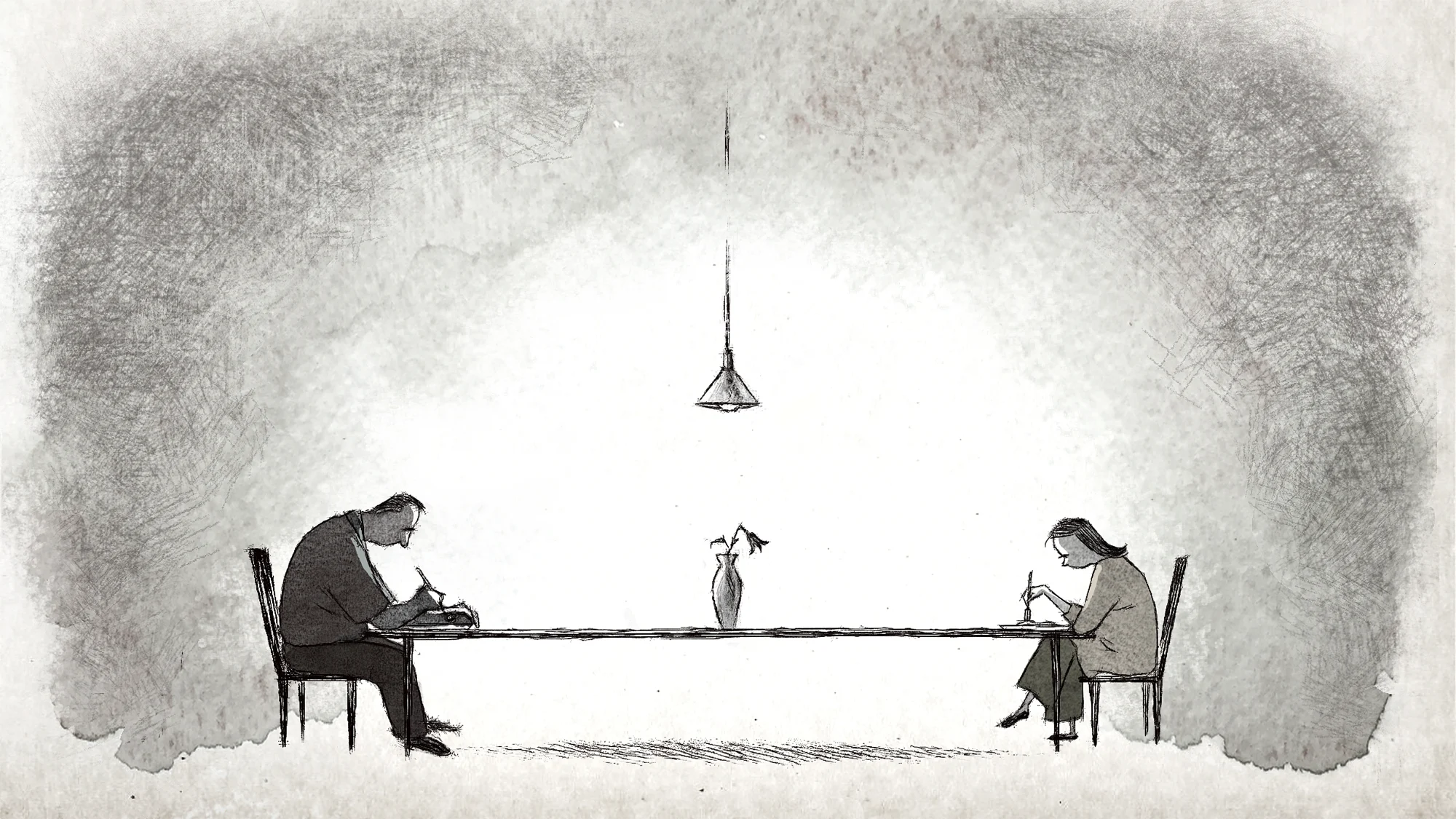Top 10 of the Year
| 1. Ripley | Steven Zaillian |
| 2. Dune: Part Two | Denis Villeneuve |
| 3. The Substance | Coralie Fargeat |
| 4. Nosferatu | Robert Eggers |
| 5. Nickel Boys | RaMell Ross |
| 6. The Girl with the Needle | Magnus von Horn |
| 7. The Brutalist | Brady Corbet |
| 8. Furiosa: A Mad Max Saga | George Miller |
| 9. Maria | Pablo Larraín |
| 10. Queer | Luca Guadagnino |
Best Film – Ripley
A television miniseries as the best film of the year? How is it so? Well with a stylistic vision as ambitious as Steven Zaillian’s and a formal dedication to patient, calculated storytelling, getting caught up on the structure of a cinematic work this brilliant is a mere triviality. It is far from the first time a miniseries has ended up in the top 10 of its year – just check out 2021’s The Underground Railroad and 2022’s Copenhagen Cowboy. It is however the first time that one has made it to the #1 spot, with similar masterpieces of auteur television like the Dekalog and Fanny and Alexander being slightly edged out in their respective years. Where most television falls flat in maintaining visual and formal ambition across multiple episodes, Ripley not only meets this benchmark but leaps over it, marking an enormous feat of filmmaking endurance akin to a seven hour epic. This is the third screen adaptation of Patricia Highsmith’s novel The Talented Mr. Ripley, and through Zaillian’s crisp black-and-white photography and location shooting, it masterfully narrows in on the notorious con artist’s dark, decaying soul.
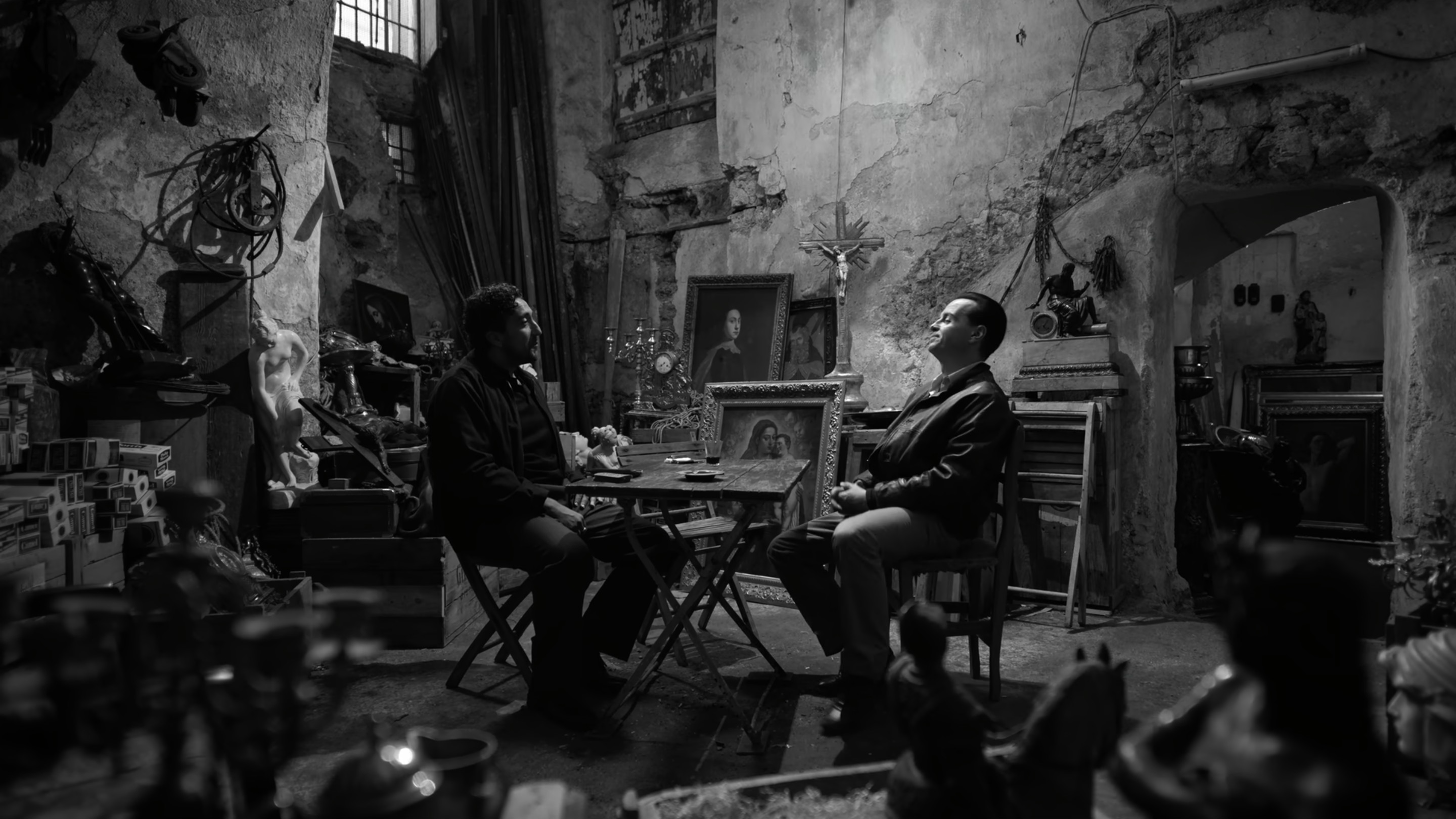
Most Underrated – Dune: Part Two
Ripley could just easily be the pick here, but I will give the critical consensus some leeway since it will likely take a while for them to accept it as a work of cinema. The disparity between Dune: Part Two sitting outside the top 40 of the year while Part One ranks at #6 in 2021 is strange, especially given that both were equally well received at the time of their release. Denis Villeneuve expands the scope and scale of his worldbuilding in this sequel with sweeping, ominous majesty, concluding Paul Atreides’ Messianic ascension to leader of the Fremen and setting his sights on Dune Messiah.
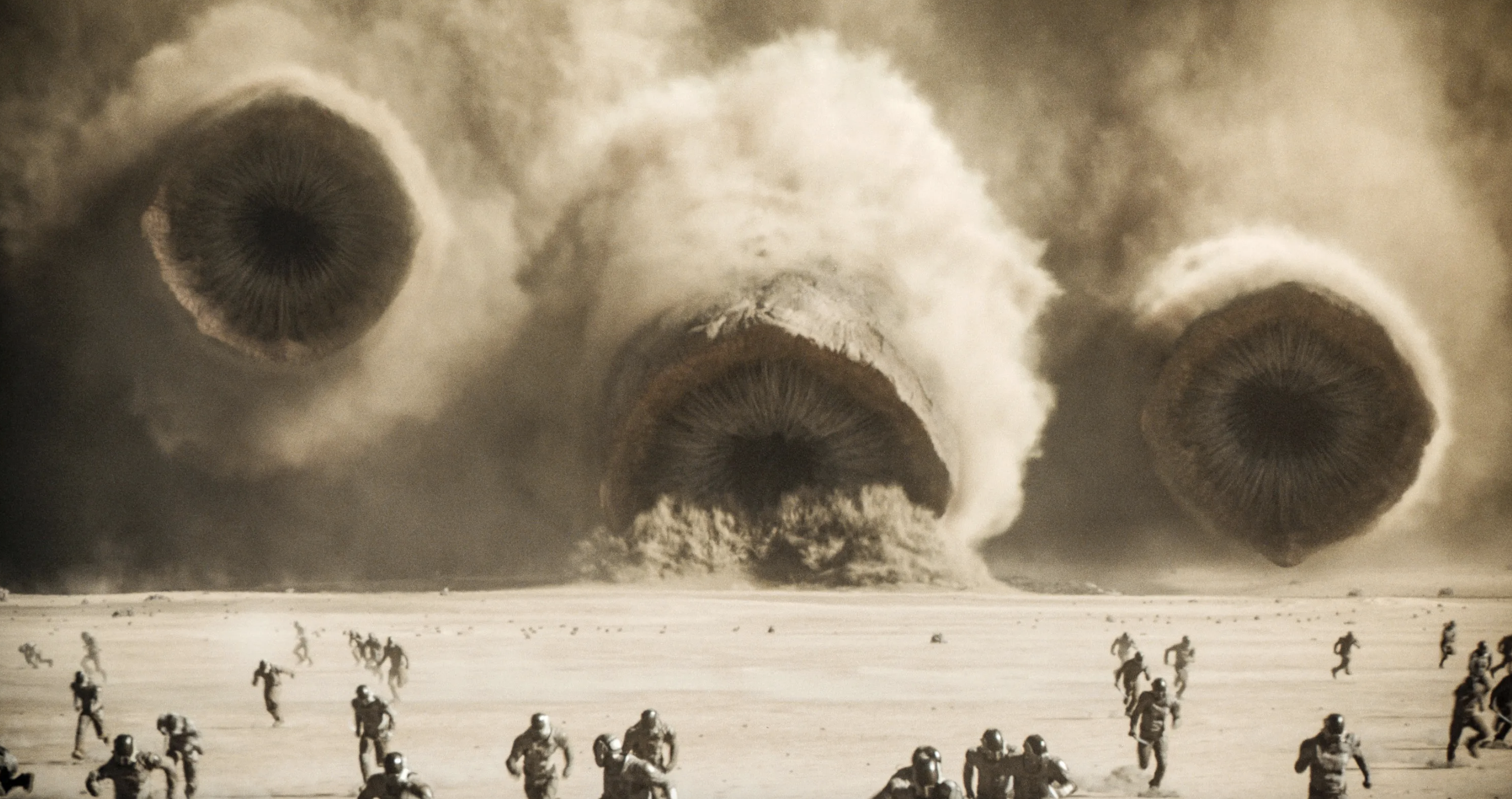
Most Overrated – All We Imagine as Light
Payal Kapadia’s Indian drama sits at #2 of the year on TSPDT, and doesn’t come terribly close to my top 10. It is very easy to settle into the muted, comfortable rhythms of All We Imagine as Light, as well as the soothing cool blues of Mumbai’s warm evenings. The lighting is often gorgeous as we confront the harsh realities of modern companionship, but ultimately none of this justifies at as the second best film of 2024.
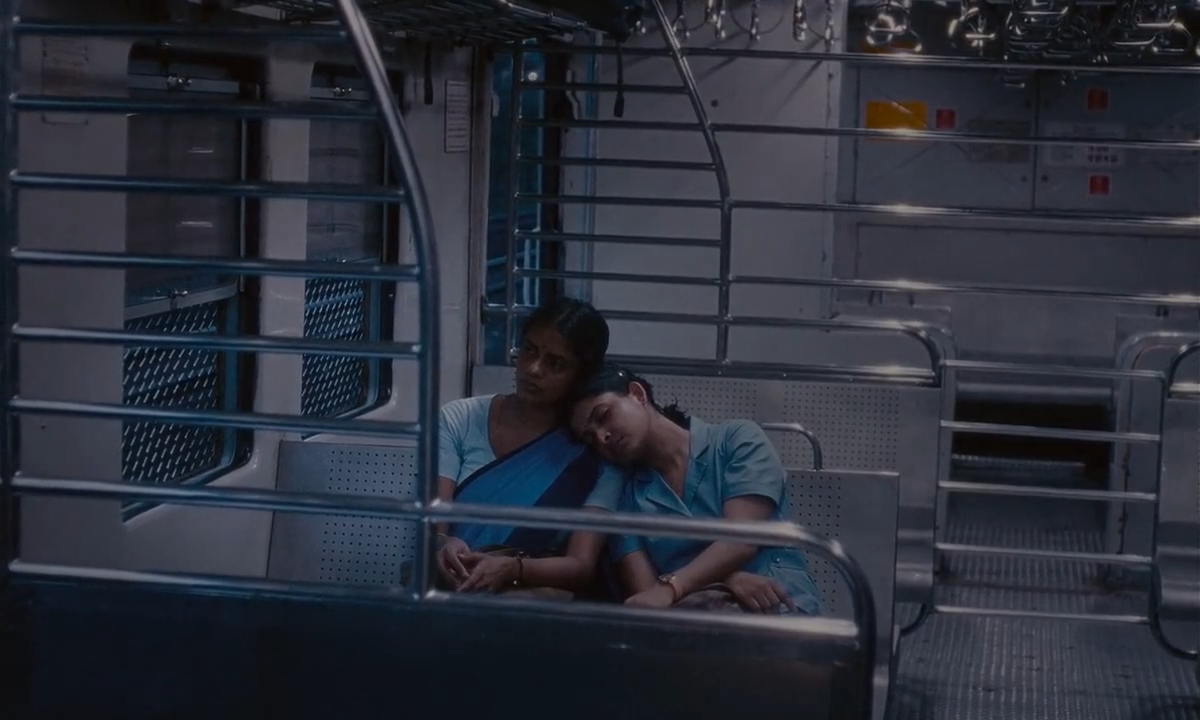
Best Directorial Debut – Nickel Boys
In some years this category barely warrants a mention, but 2024 is a year I am glad to single it out. RaMell Ross makes the leap from documentary to narrative filmmaking in Nickel Boys, and his avant-garde instincts come fully formed in its first-person camerawork and impressionistic montages. It is also through these perspectives that he studies the relationship between two Black friends in a 1960s reform school – one being an idealistic advocate for social progress, and the other a cynic looking to keep his head down. What could easily be used as a gimmick instead melds beautifully with Ross’ evocative storytelling and cinematography, calling to mind Barry Jenkins’ distinctive combination of shallow focus and close-ups which similarly forge profound connections with ostracised characters.
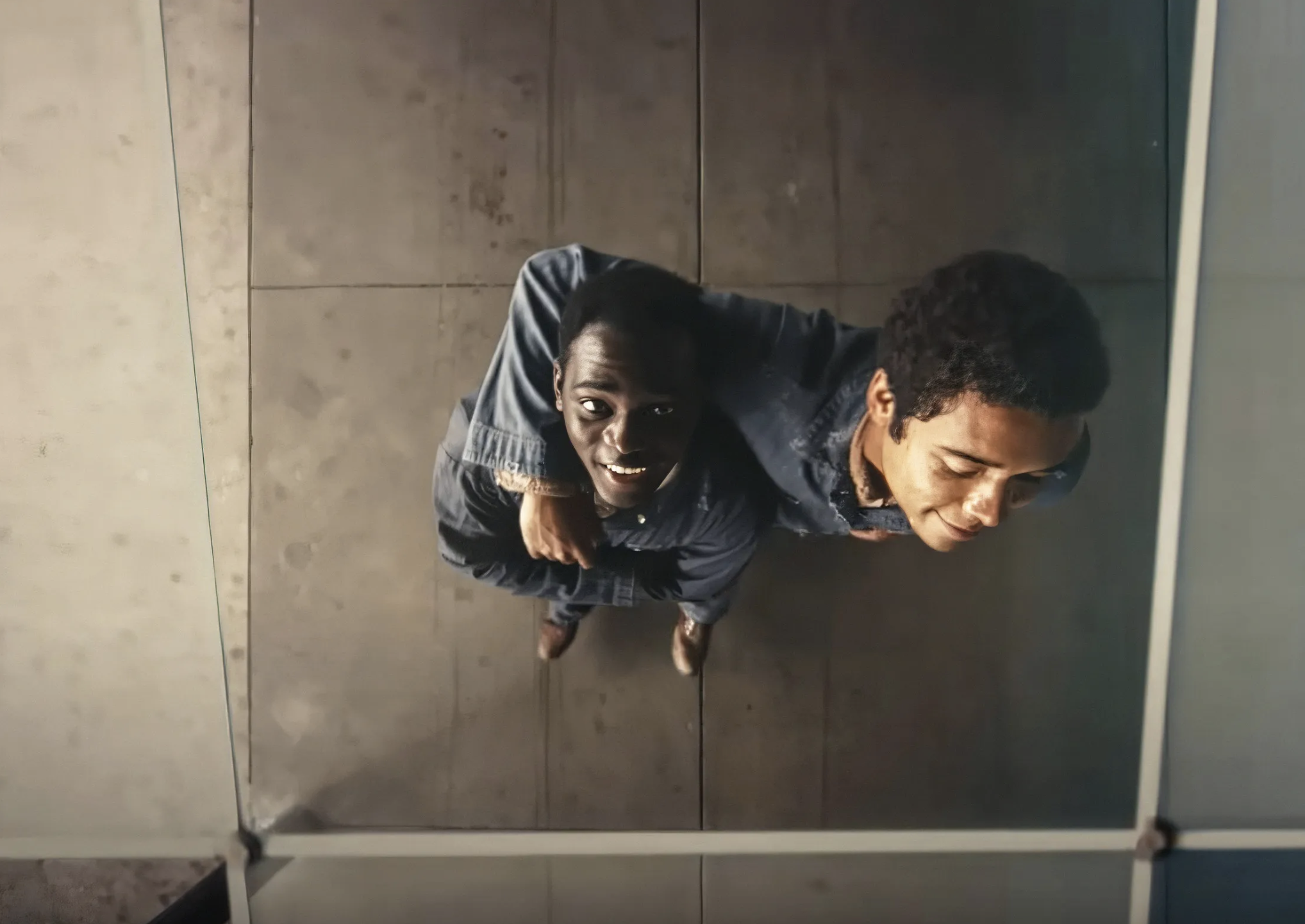
Gem to Spotlight – Flow
The 2020s have ushered in a Golden Age of animation which peaked in 2023 with Spider-Man: Across the Spider-Verse, and this small but ambitious Latvian film proves that it is far from over. Starting with a tiny budget and relatively small crew, director Gints Zilbalodis decided to animate Flow in Blender – a free, open-source computer graphics program that Pixar and DreamWorks would never even think of touching. Instead of using storyboards or concept art, Zilbalodis created expansive environments within the software and explored how his animal characters inhabited the space. It is a stunning achievement of wordless visual storytelling, exploring a flooded, post-apocalyptic world in long camera takes through the eyes of a cat, and immersing us in the harsh and soothing cycles of nature.
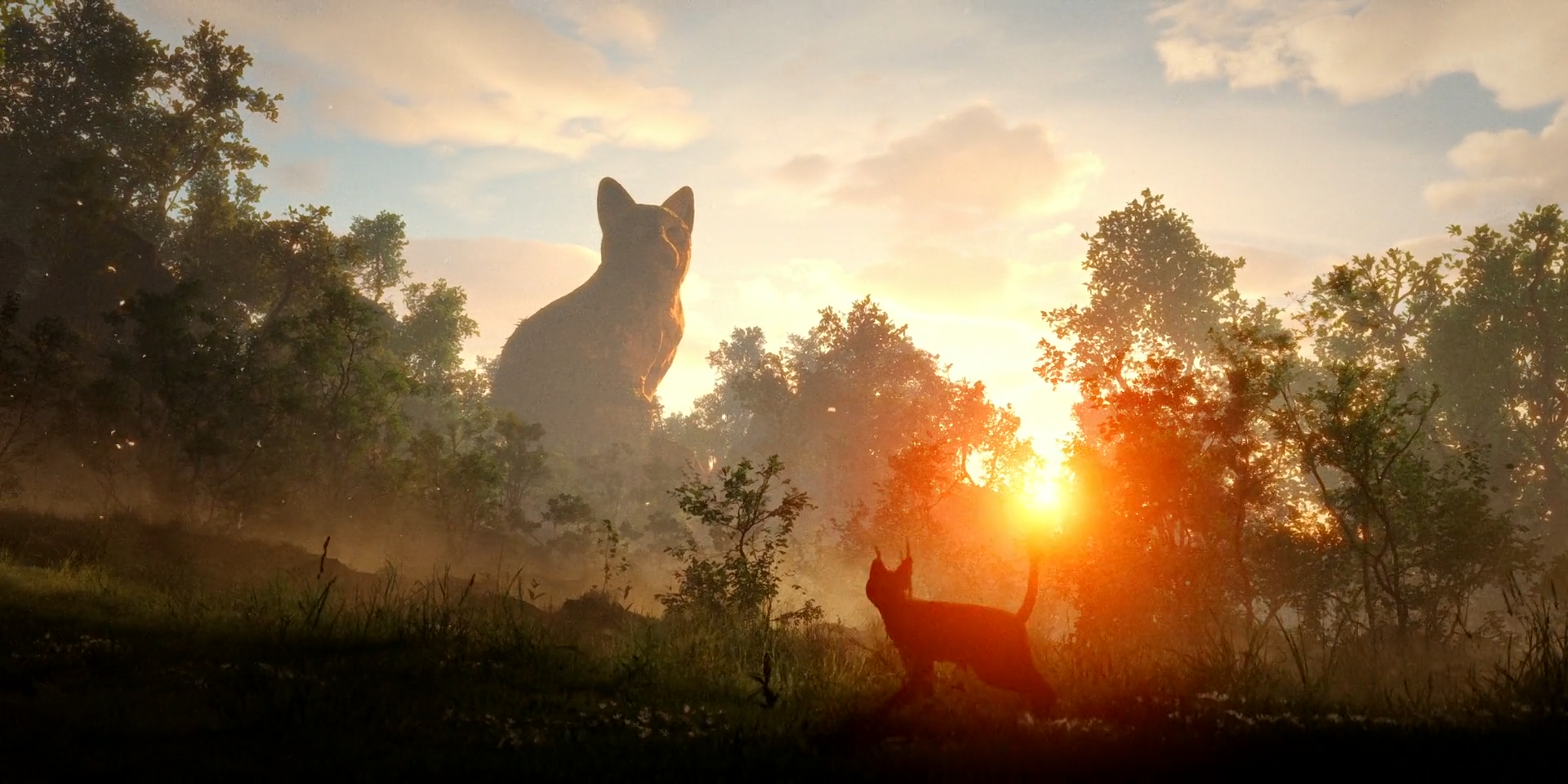
Best Male Performance – Adrien Brody in The Brutalist
Adrien Brody gives a raw, battered performance as Hungarian architect László Toth. He is a culmination of countless devastating experiences, each resulting in unhealthy coping mechanisms that only deepen his psychological wounds. The Brutalist is his platform to project both supreme confidence and dazed, drug-fuelled breakdowns, dealing with Holocaust trauma the only way Toth knows how – through compartmentalisation and addiction.
Dune: Part Two sees Timothee Chalamet take the Messianic saviour of Arrakis to ominous ends, mirroring Anakin Skywalker’s descent into darkness. By the time he is standing upon platforms and delivering rousing speeches to followers and enemies, his voice has shifted down to a deeper, gravelly register not unlike Baron Harkonnen’s, and he exudes a megalomania that leads us to mourn the humbler Paul Atreides we met in Part One. Chalamet may be the most promising actor of his generation, and this is one of the best cases to prove why.
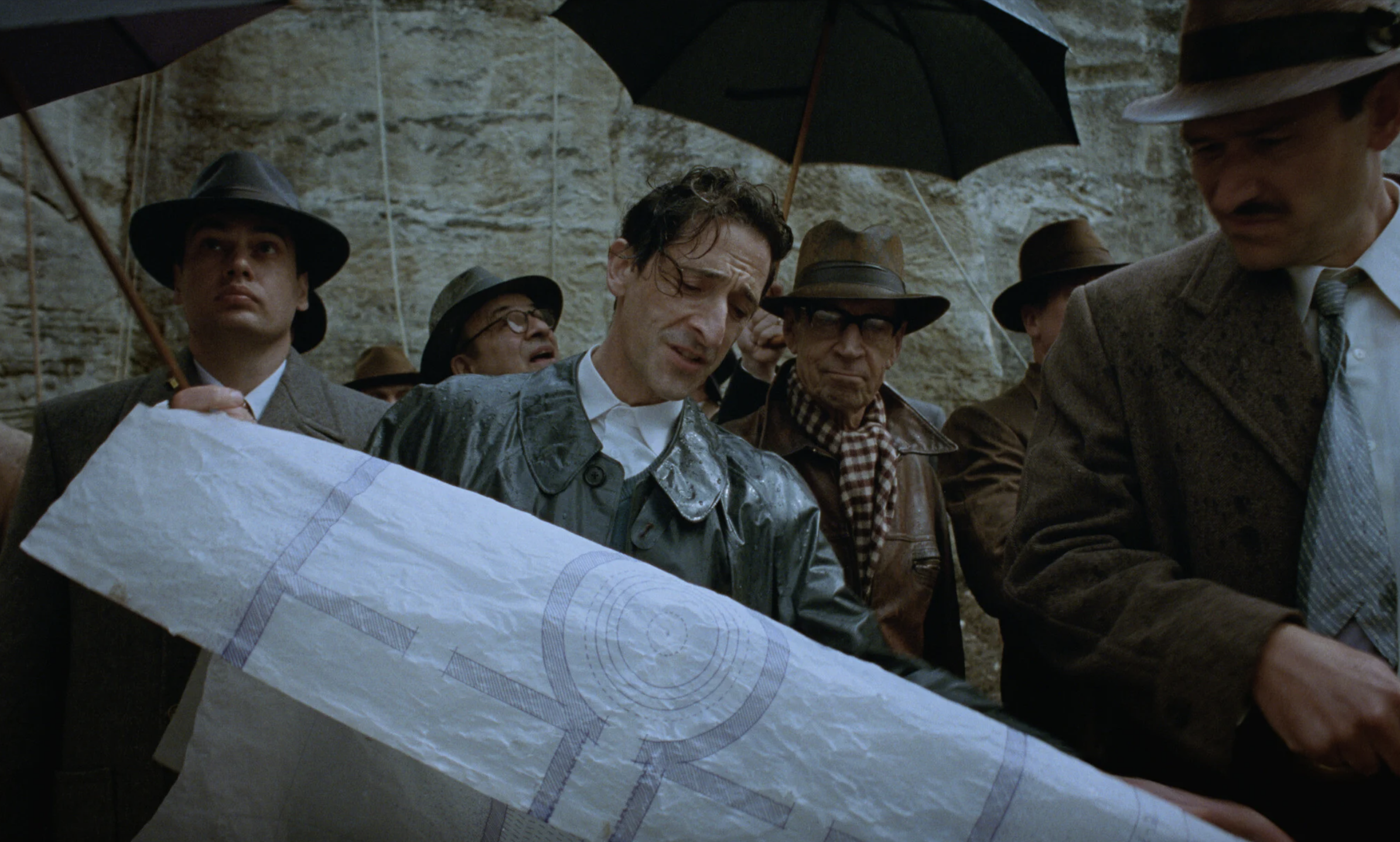
Andrew Scott delivers a sinister interpretation of the titular antihero in Ripley, especially when comparing him against previous versions performed by Alain Delon and Matt Damon. Scott is by far the oldest of three at the time of playing the role, applying a new lens to Tom as a more experienced, jaded con artist. He delivers each line with calculated discernment, understanding how a specific inflection or choice of word might turn a conversation in his favour, while his onyx, shark-like eyes patiently scrutinise his prey.
Elsewhere, Daniel Craig plays a fictionalised version of writer William S. Burroughs in Queer, giving one of his most layered performances as a man wracked with existential insecurities over his sexuality. Ralph Fiennes also anchors Conclave’s sacred assembly of cardinals in a weary apprehension, both disillusioned by the church and anxious that its leadership should fall into the wrong hands. He is restrained, subtle, and subdued – something which cannot be said for Chris Hemsworth, who snarls his lines with broad, nasally glee in Furiosa: A Mad Max Saga. His boisterous charisma is quite distinctive in this barren wasteland, styling himself in the fashion of a dystopian Roman emperor standing atop a chariot led by motorcycles.
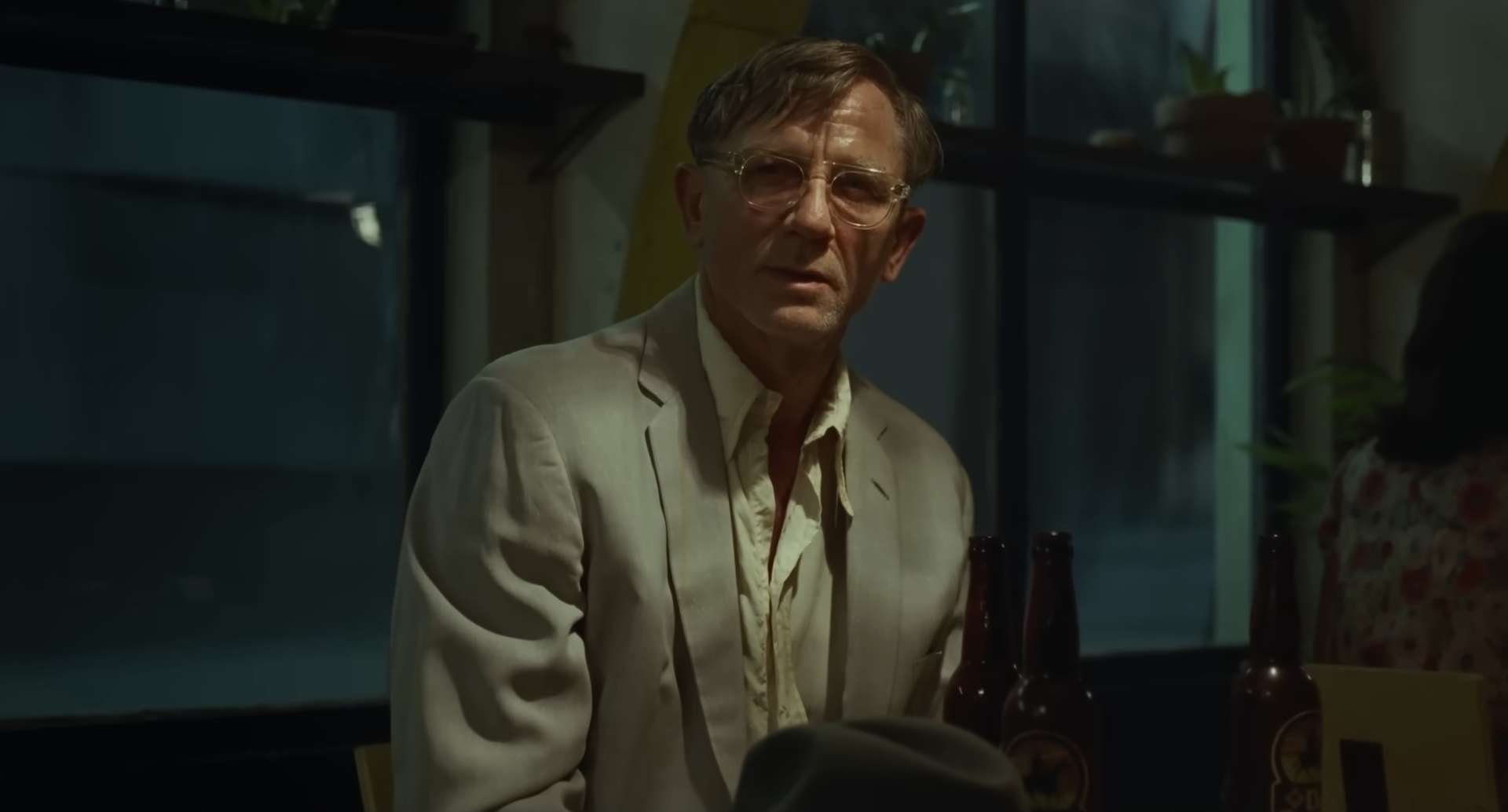
Finally, Bill Skarsgård delivers an acutely Slavic take on Count Orlok in Nosferatu, sporting a heavy fur coat, bushy moustache, and deep, Eastern European accent. His commitment to this otherworldly voice by training in opera and Mongolian throat singing is astonishing, and his naked physicality when latching onto victims is similarly unsettling as he pulses upon them like a pale, writhing leech. His face is often hidden by shadows, but when he does appear in dim light, he ravenously devours the scenery like he does his victims.
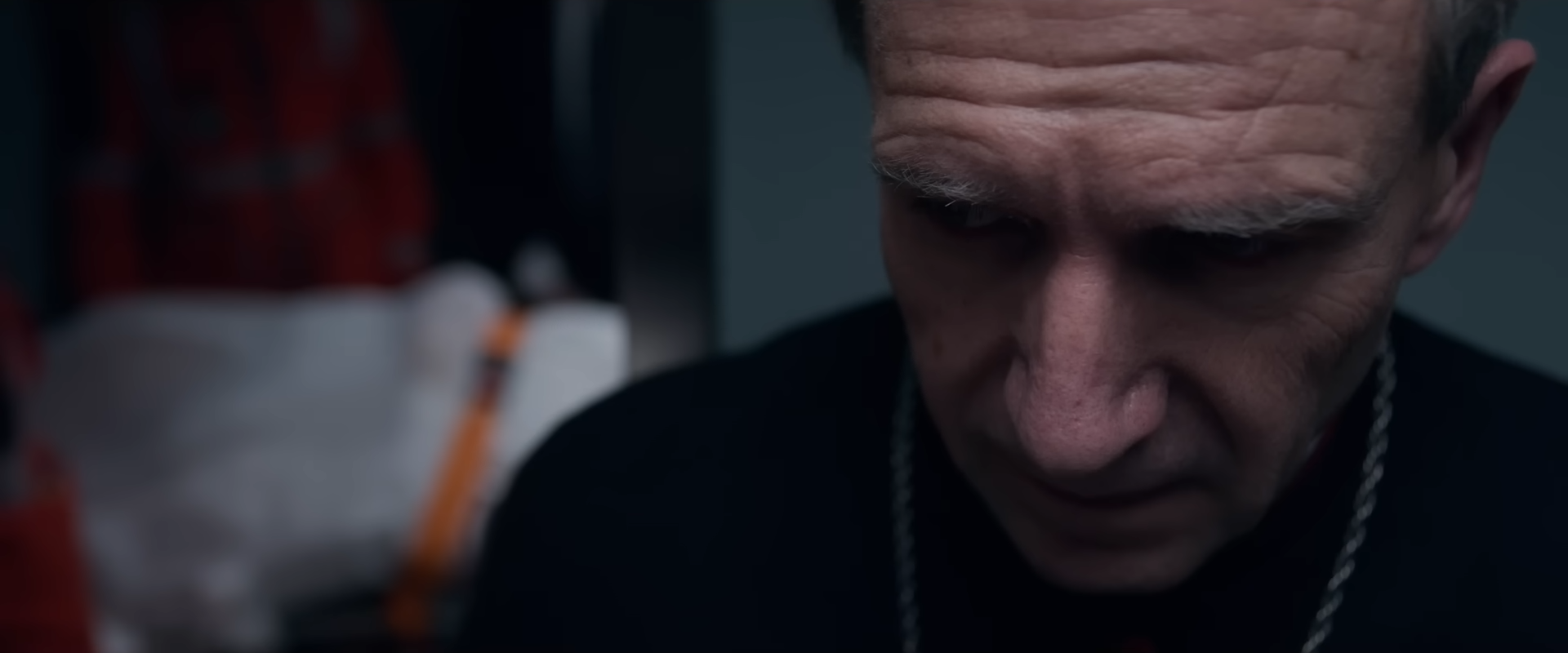
Best Female Performance – Lily-Rose Depp in Nosferatu
Lily-Rose Depp pays homage to Isabelle Adjani in Nosferatu, displaying total command over a deep-seated torment that is as psychological as it is physical. She swings wildly between emotional extremes, falls into demonic seizures, and embraces Count Orlok’s presence in her life with both blissful smiles and mortal terror. Depp does not play Ellen Hutter as the archetypal ‘pure virgin’, but rather a married, mature woman destined to play a far more active role in confronting the vampire.
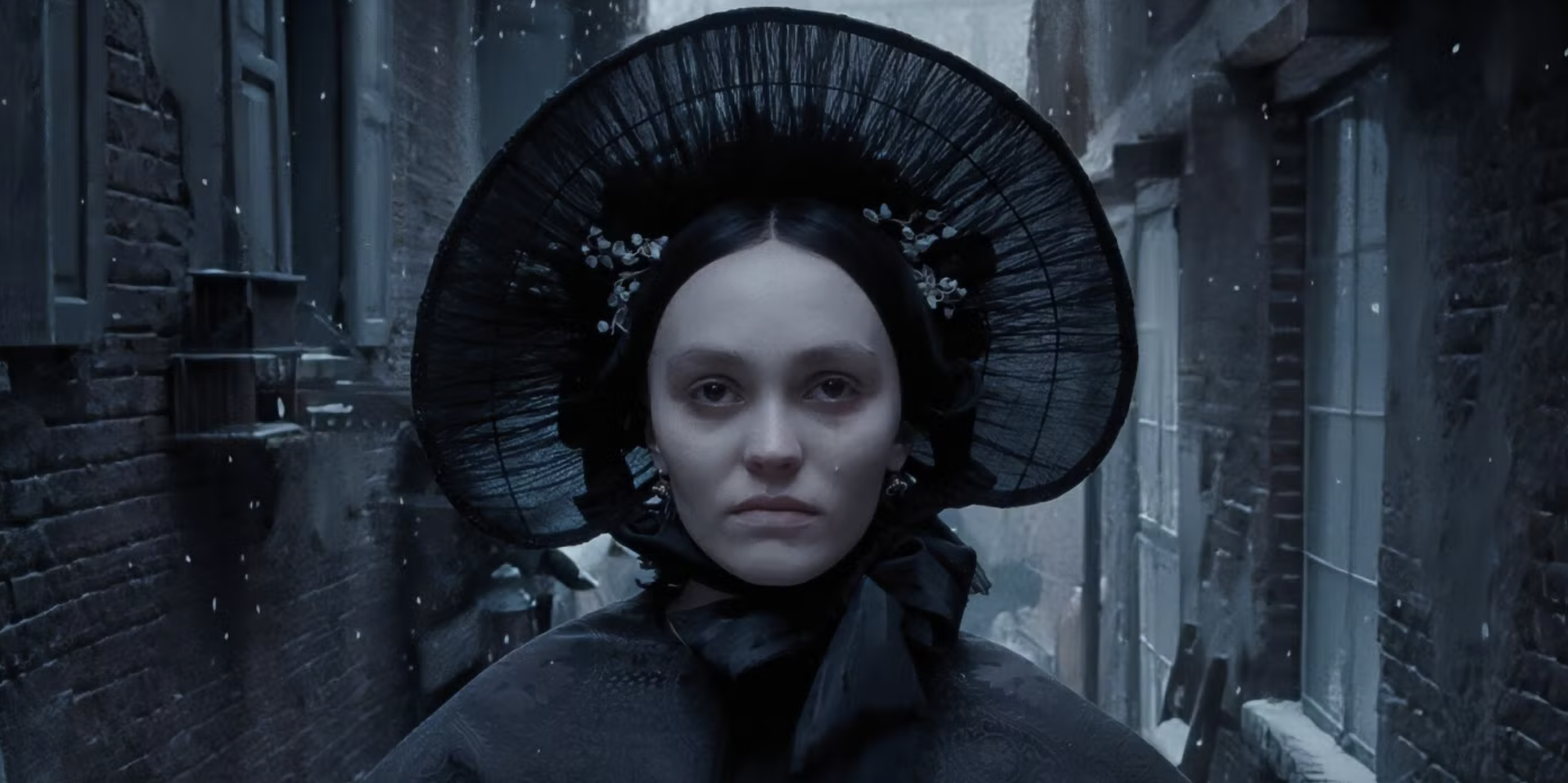
Hollywood’s past and present run up against each other in The Substance, with Demi Moore making a major comeback and Margaret Qualley capitalising on her excellent run in recent years. This body horror features both at their strongest as two sides of a woman simultaneously envying and revelling in her youthful glamour – and eventually pushing this complicated relationship to grotesque ends.
Much like Moore, Angelina Jolie also gives her best performance beyond the prime of her youth, proving that she has more than just raw star power in Maria. She inhabits the titular soprano as a shadow of herself, delicate and fragile in the final week of her life, while Mikey Madison alternately masks her vulnerability in Anora with a stubborn streak of independence. She is extraordinarily natural in this role, demonstrating savviness and resilience as a New York stripper who refuses to let her guard down, yet ultimately does for the wrong guy.
The Girl with the Needle sees Vic Carmen Sonne and Trine Dyrholm’s performances entwine in a disorientated haze – one a victim of abuse falling into guilty self-loathing, and the other masking incredible malice beneath a warm, maternal mask. Anya Taylor-Joy gets the final mention for Furiosa: A Mad Max Saga, not quite reaching the heights of Charlize Theron’s soaring take on the character, but nonetheless asserting a powerful presence onscreen as the silent, brooding action hero.
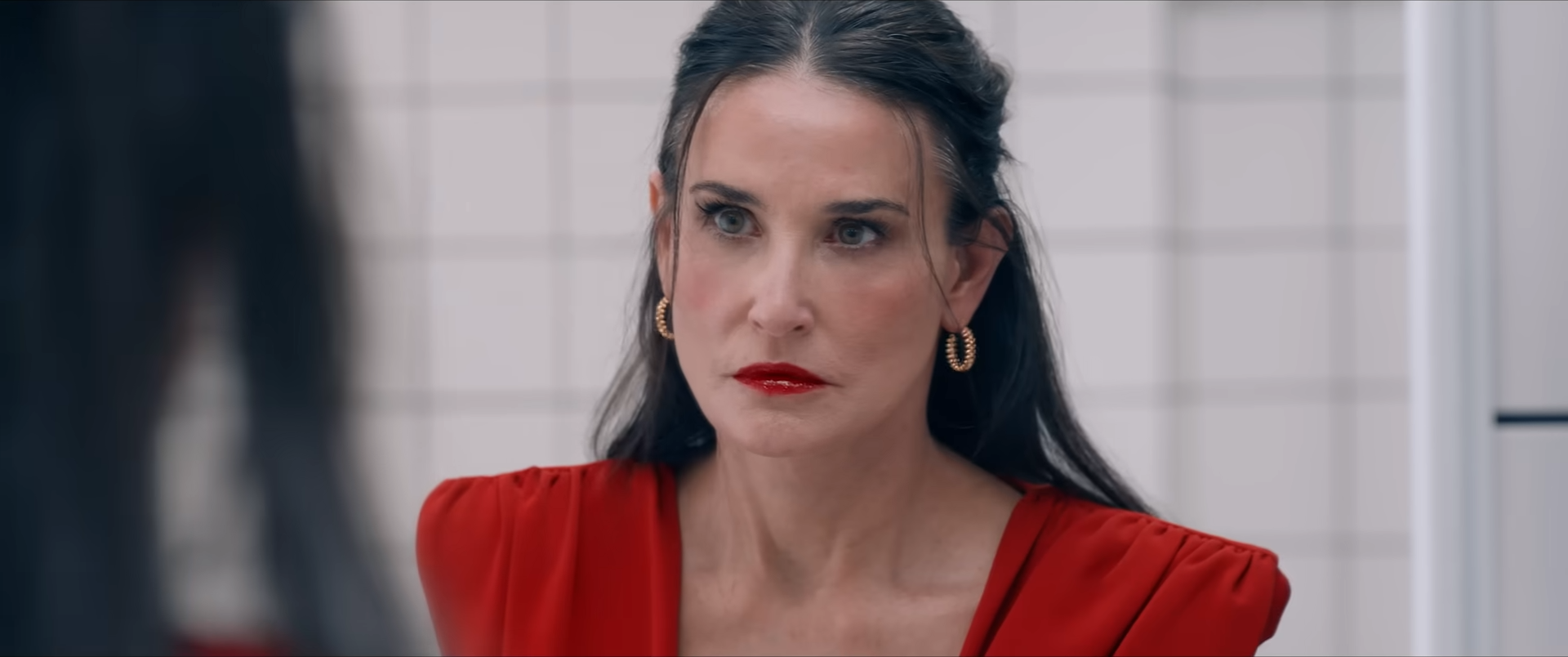
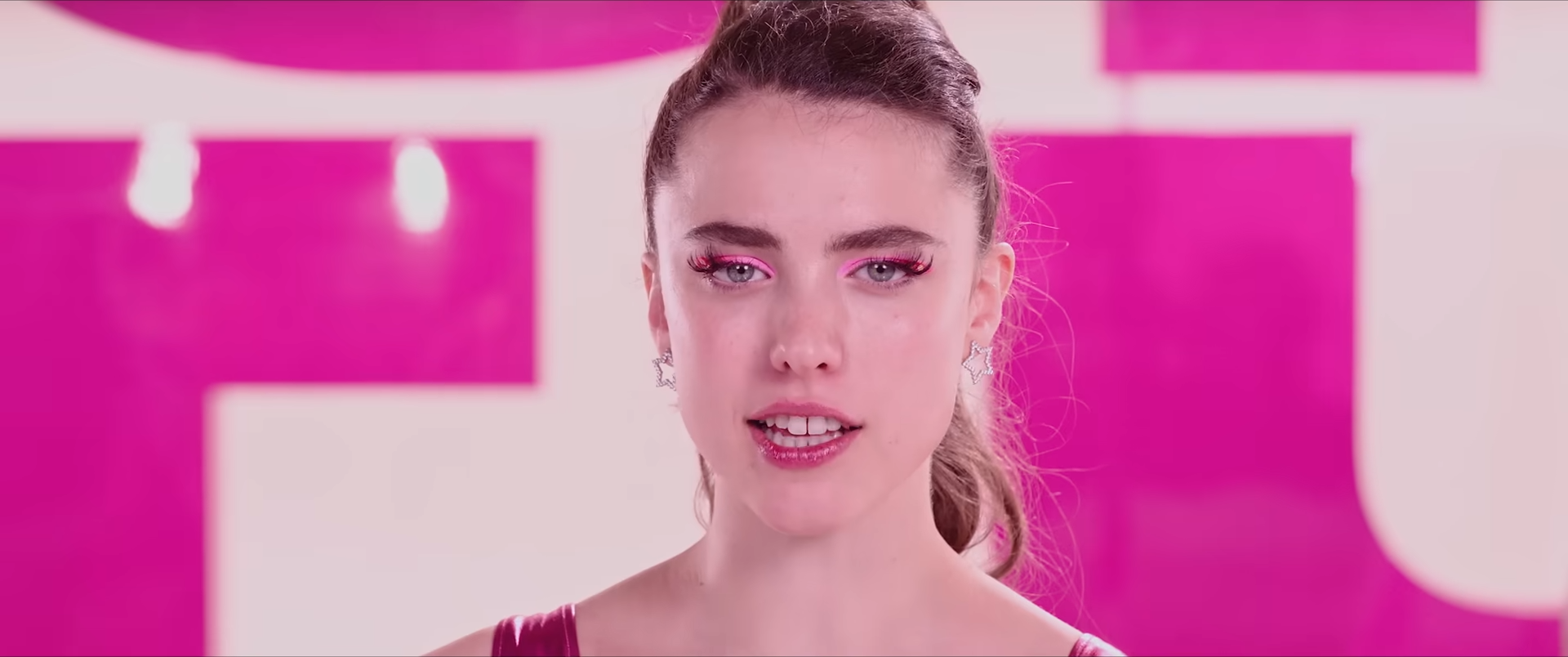
Best Cinematography – Ripley
| Film | Cinematographer |
| 1. Ripley | Robert Elswit |
| 2. Nosferatu | Jarin Blaschke |
| 3. Dune: Part Two | Greig Fraser |
| 4. The Substance | Benjamin Kracun |
| 5. Nickel Boys | Jomo Fray |
| 6. The Girl With the Needle | Michał Dymek |
| 7. Furiosa: A Mad Max Saga | Simon Duggan |
| 8. Maria | Edward Lachman |
| 9. The Brutalist | Lol Crawley |
| 10. Monkey Man | Sharone Meir |
| 11. Flow | Gints Zilbalodis |
| 12. Conclave | Stéphane Fontaine |
| 13. Blitz | Yorick Le Saux |
| 14. Queer | Sayombhu Mukdeeprom |
| 15. Challengers | Sayombhu Mukdeeprom |
| 16. Disclaimer | Bruno Delbonel, Emmanuel Lubezki |
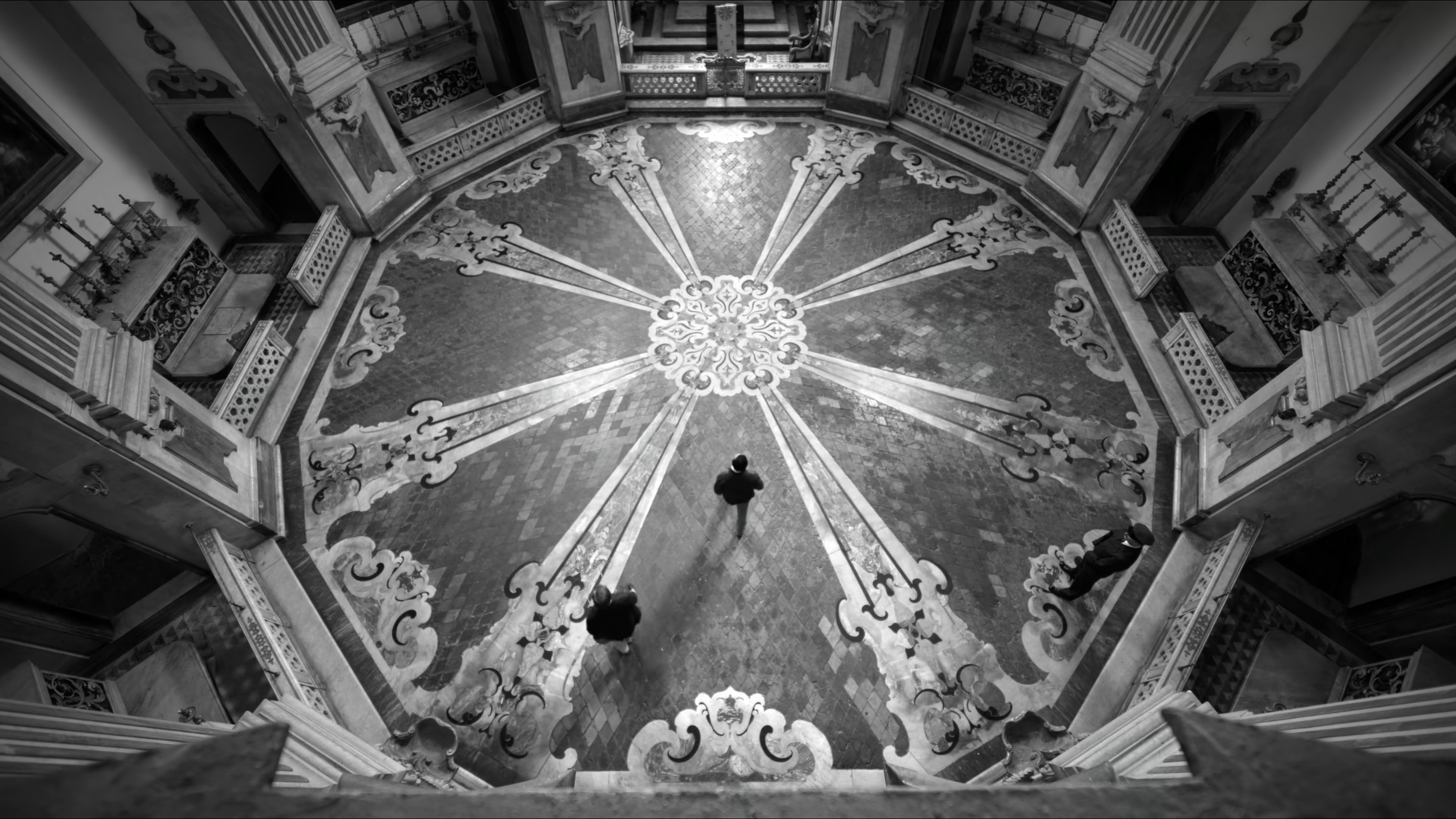
Best Editing – The Substance
| Film | Editor |
| 1. The Substance | Coralie Fargeat, Jérôme Eltabet, Valentin Feron |
| 2. Furiosa: A Mad Max Saga | Eliot Knapman, Margaret Sixel |
| 3. Nickel Boys | Nicholas Monsour |
| 4. Dune: Part Two | Joe Walker |
| 5. Monkey Man | Dávid Jancsó, Tim Murrell, Joe Galdo |
| 6. Challengers | Marco Costa |
| 7. Maria | Sofía Subercaseaux |
| 8. Queer | Marco Costa |
| 9. The Brutalist | Dávid Jancsó |
| 10. Ripley | Joshua Raymond Lee, David O. Rogers |
| 11. Disclaimer | Adam Gough |
| 12. Conclave | Nick Emerson |
| 13. Kinds of Kindness | Yorgos Mavropsaridis |
| 14. Civil War | Jake Roberts |
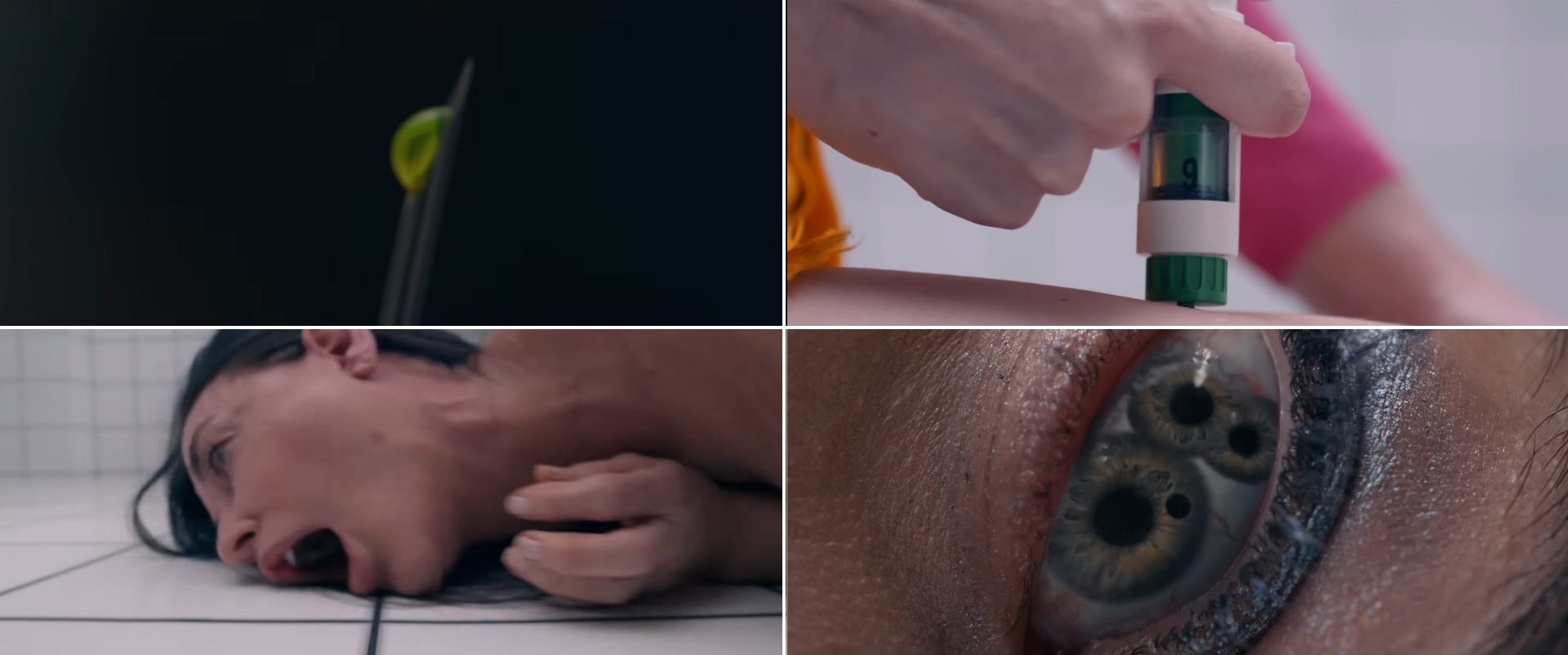
Best Screenplay – Nosferatu
| Film | Writer |
| 1. Nosferatu | Robert Eggers |
| 2. Ripley | Steven Zaillian |
| 3. Dune: Part Two | Jon Spaihts, Denis Villeneuve, Eric Roth |
| 4. Disclaimer | Alfonso Cuarón |
| 5. The Brutalist | Brady Corbet, Mona Fastvold |
| 6. Kinds of Kindness | Yorgos Lanthimos, Efthimis Filippou |
| 7. Civil War | Alex Garland |
| 8. Queer | Justin Kuritzkes |
| 9. Nickel Boys | RaMell Ross, Joslyn Barnes |
| 10. Anora | Sean Baker |
| 11. Challengers | Justin Kuritzkes |
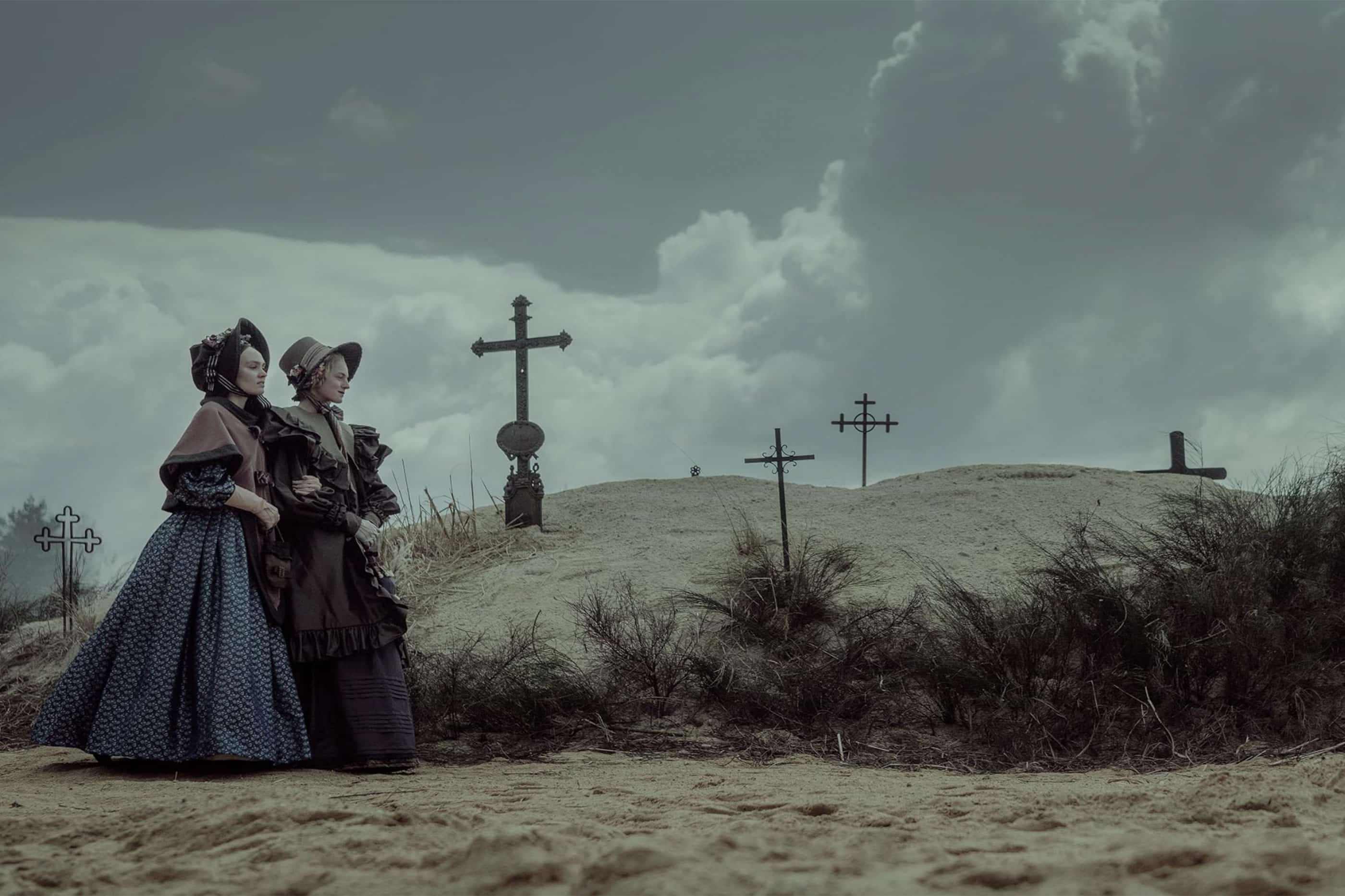
Best Original Music Score – Dune: Part Two
| Film | Composer |
| 1. Dune: Part Two | Hans Zimmer |
| 2. The Brutalist | Daniel Blumberg |
| 3. Furiosa: A Mad Max Saga | Tom Holkenborg |
| 4. The Substance | Raffertie |
| 5. Nosferatu | Robin Carolan |
| 6. Challengers | Trent Reznor, Atticus Ross |
| 7. Conclave | Volker Bertelmann |
| 8. Nickel Boys | Alex Somers, Scott Alario |
| 9. Flow | Gints Zilbalodis, Rihards Zaļupe |
| 10. Monkey Man | Jed Kurzel |
| 11. Queer | Trent Reznor, Atticus Ross |
| 12. Kinds of Kindness | Jerskin Fendrix |
| 13. The Girl With the Needle | Frederikke Hoffmeier |
| 14. Blitz | Hans Zimmer, Nicholas Britell |
| 15. Ripley | Jeff Russo |
Year Breakdown
Auteur television has been on a steady rise through the 2020s with miniseries like Small Axe, Copenhagen Cowboy, and The Underground Railroad rivalling feature films in cinematic quality, and 2024 marks the peak of this movement towards episodic storytelling. Ripley is the first televised masterpiece of the decade, and Alfonso Cuarón’s psychological drama Disclaimer backs up the trend, cutting into the inherent subjectivity of storytelling through a mystery of conflicting perspectives. Of course, streaming services continue to dominate here, and credit must be given to Netflix and Apple TV Plus for producing such ambitious projects.
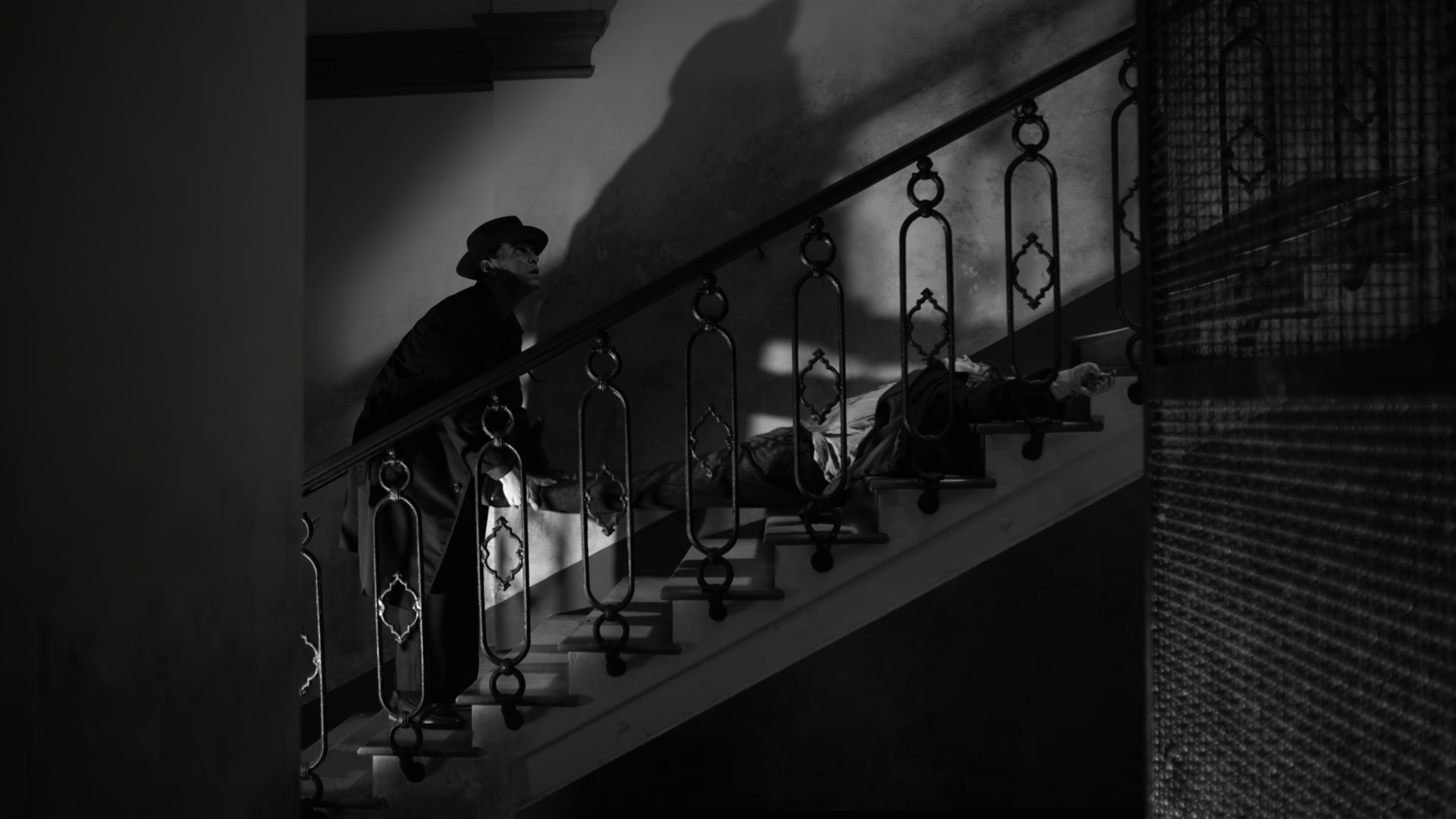
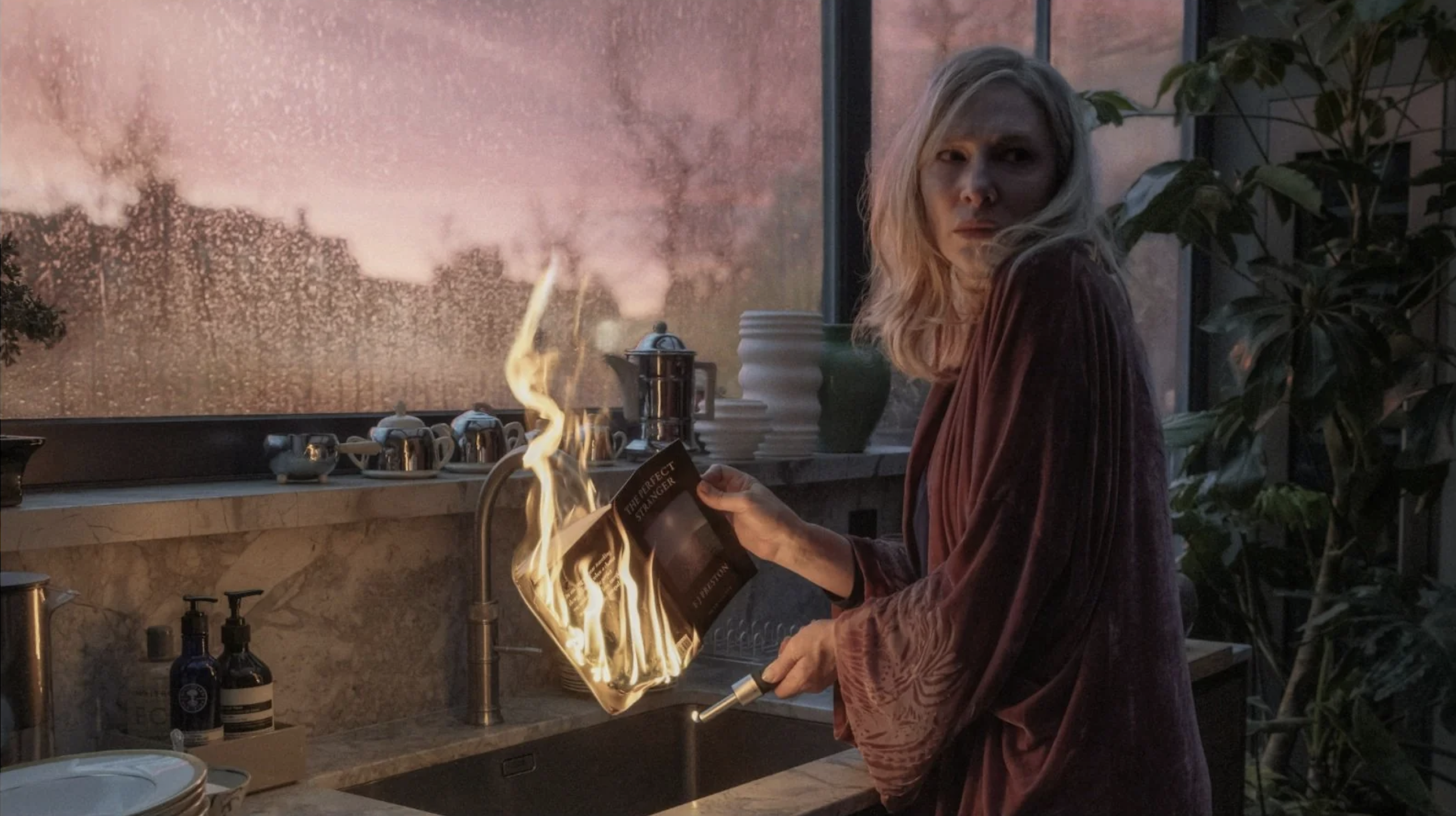
It is a relatively quiet year for the old guard of tentpole directors like Martin Scorsese and Quentin Tarantino, held up only by Cuarón with Disclaimer and George Miller’s newest entry in the Mad Max franchise. Clint Eastwood’s film Juror #2 is not quite on the same level, but he is officially the oldest director to make an archivable film at the age of 93 – an incredible accomplishment in itself, and a testament to his lengthy, laudable career.
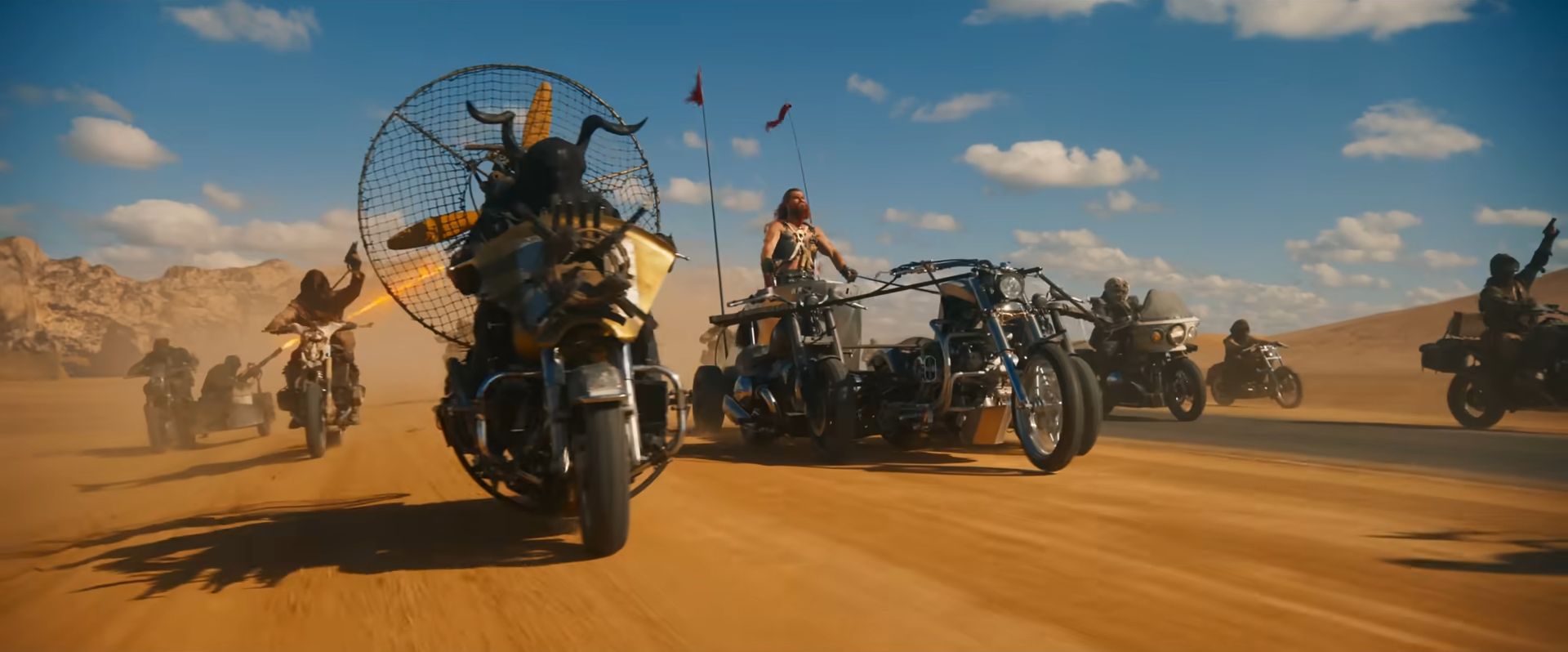
In place of long-established auteurs, 2024 instead sees the next generation down continue to flourish. Yorgos Lanthimos comes off the grand success of Poor Things with a far more alienating anthology film, Pablo Larraín completes his biopic trilogy with a surreal character study of opera singer Maria Callas, and Robert Eggers’ meticulous remake of Nosferatu offers ups one of the most haunting horror films in recent years. This decade has been a very fruitful period for Luca Guadagnino as well, but with both Challengers and Queer, he also achieves the rare, remarkable feat of delivering two top 10 quality films in a single year.
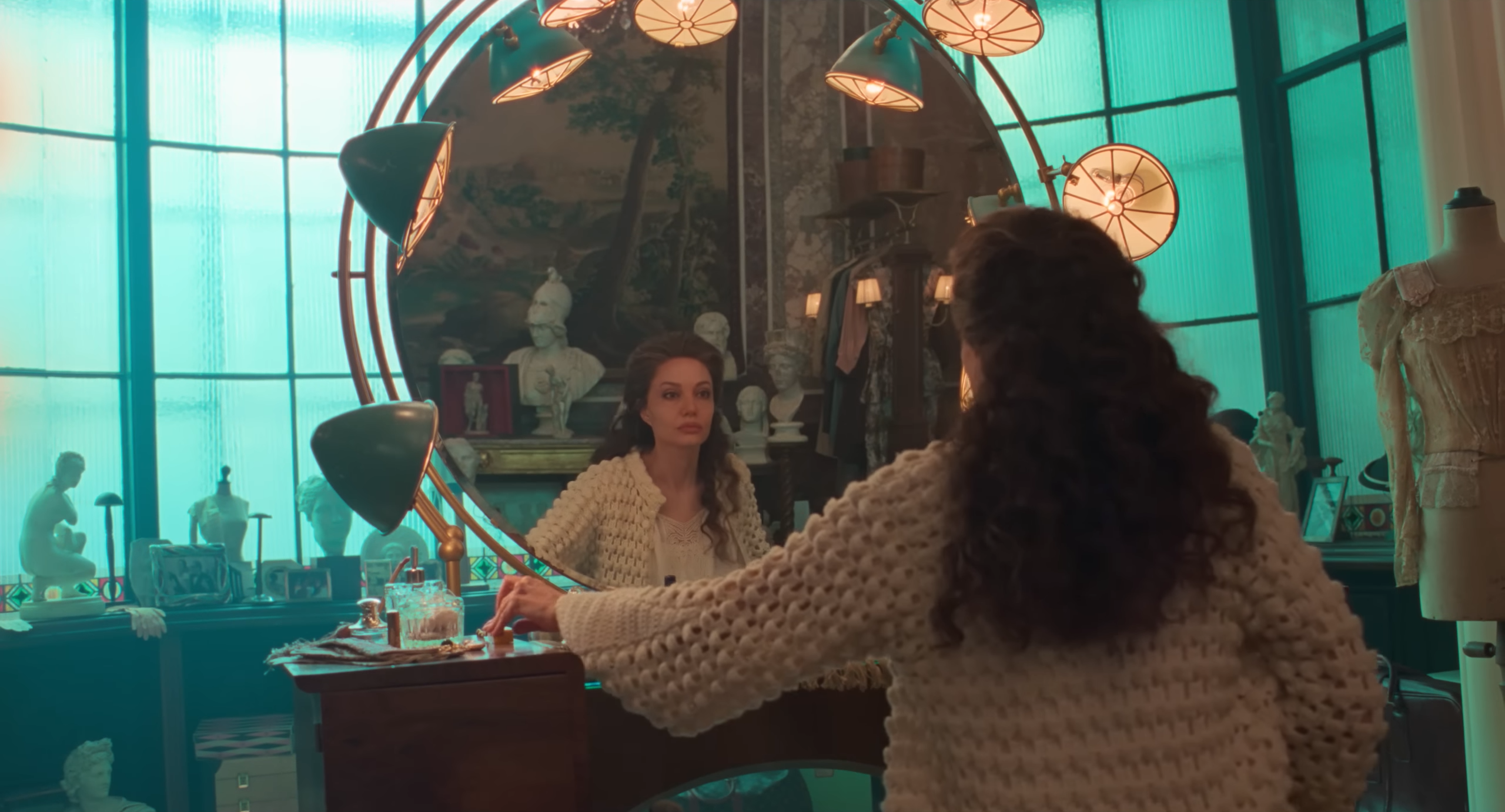
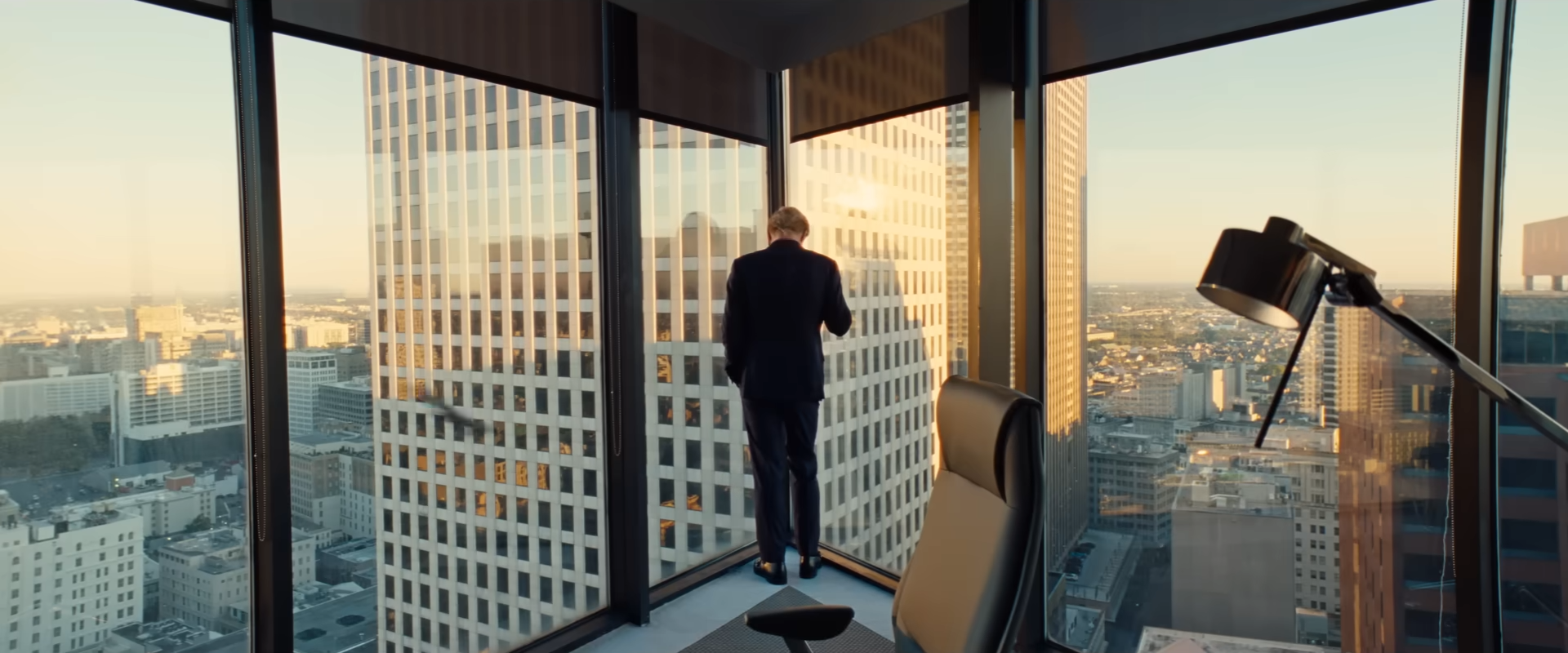
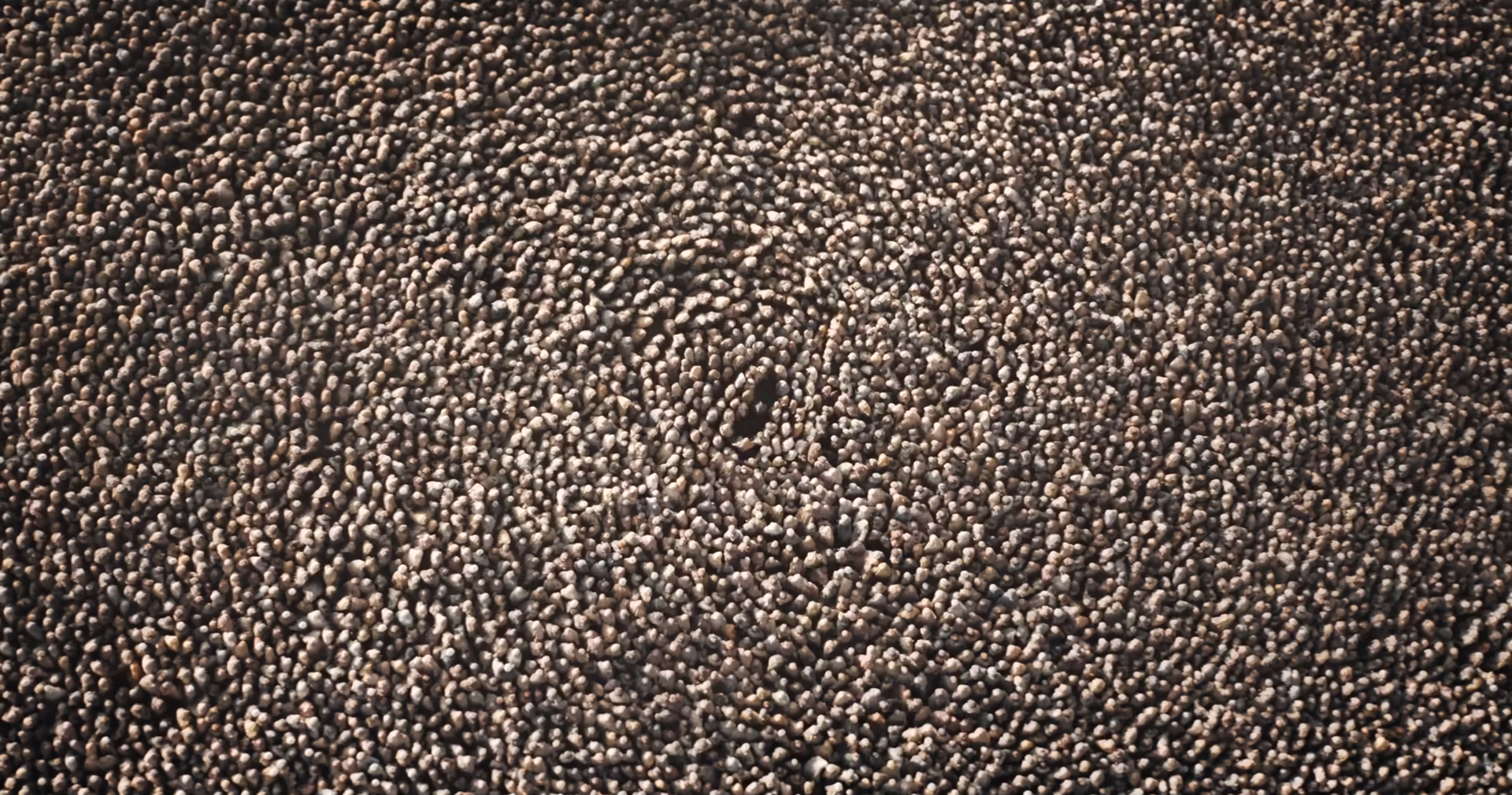
Chief among these directors though is Denis Villeneuve, who tops his first Dune film with an even more grandiose sequel and simultaneously smashes the box office – though not quite enough to unseat Inside Out 2 from the top. With that said, Pixar’s artistic cache is still wavering, leaving Latvian director Gints Zilbalodis to pick up the slack and keep pushing animation forward in the beautifully minimalist Flow.
Speaking of which, Zilbalodis is one of many up-and-coming directors worth noting this year. Nickel Boys and Monkey Man are extraordinary debuts for RaMell Ross and Dev Patel, while Coralie Fargeat, Magnus von Horn, and Brady Corbet make their well-deserved breakthroughs in The Substance, The Girl with the Needle, and The Brutalist. After 2022’s All Quiet on the Western Front, Conclave also marks the second time we have seen Edward Berger direct a film that nips at the edges of the year’s top 10, setting a healthy pattern that will hopefully continue into the future.
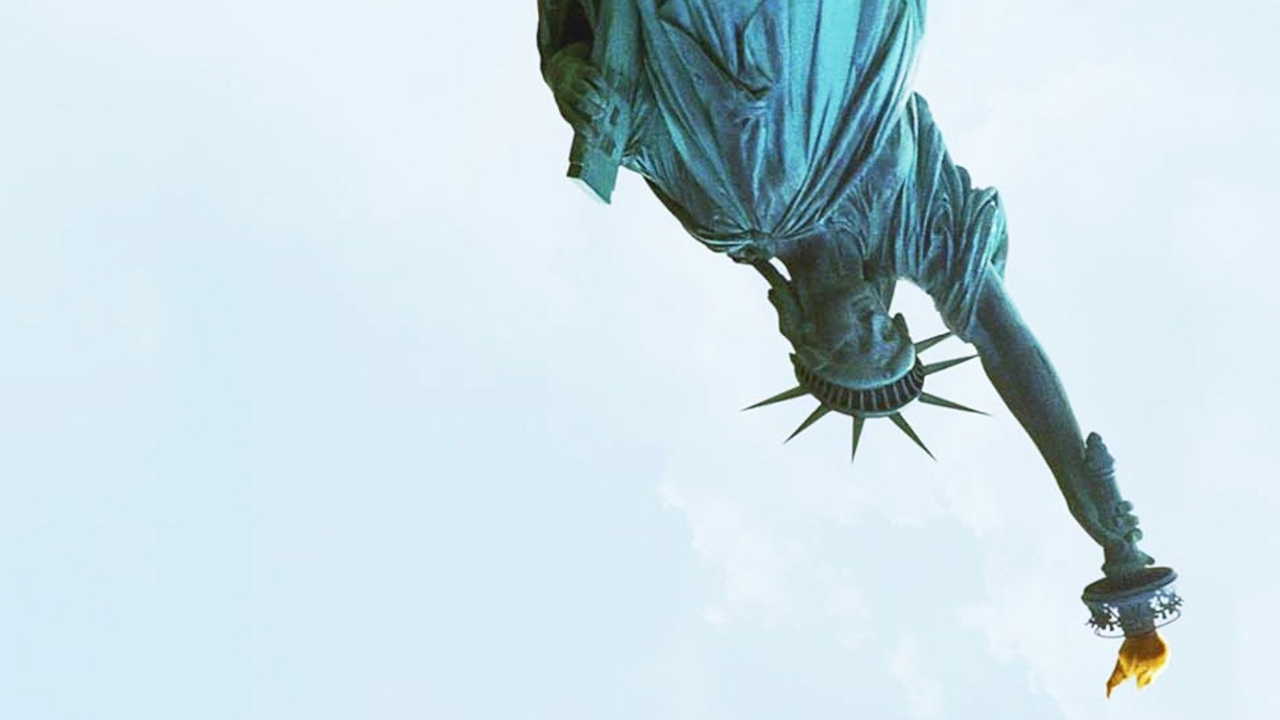
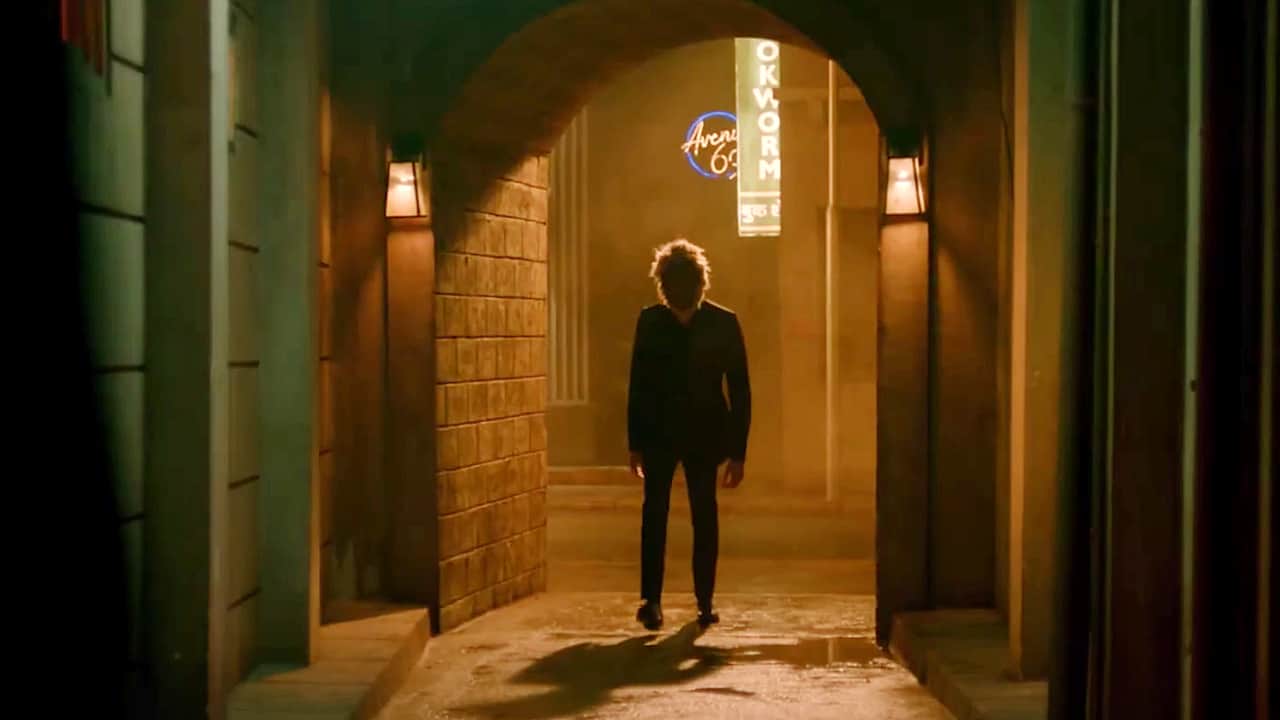
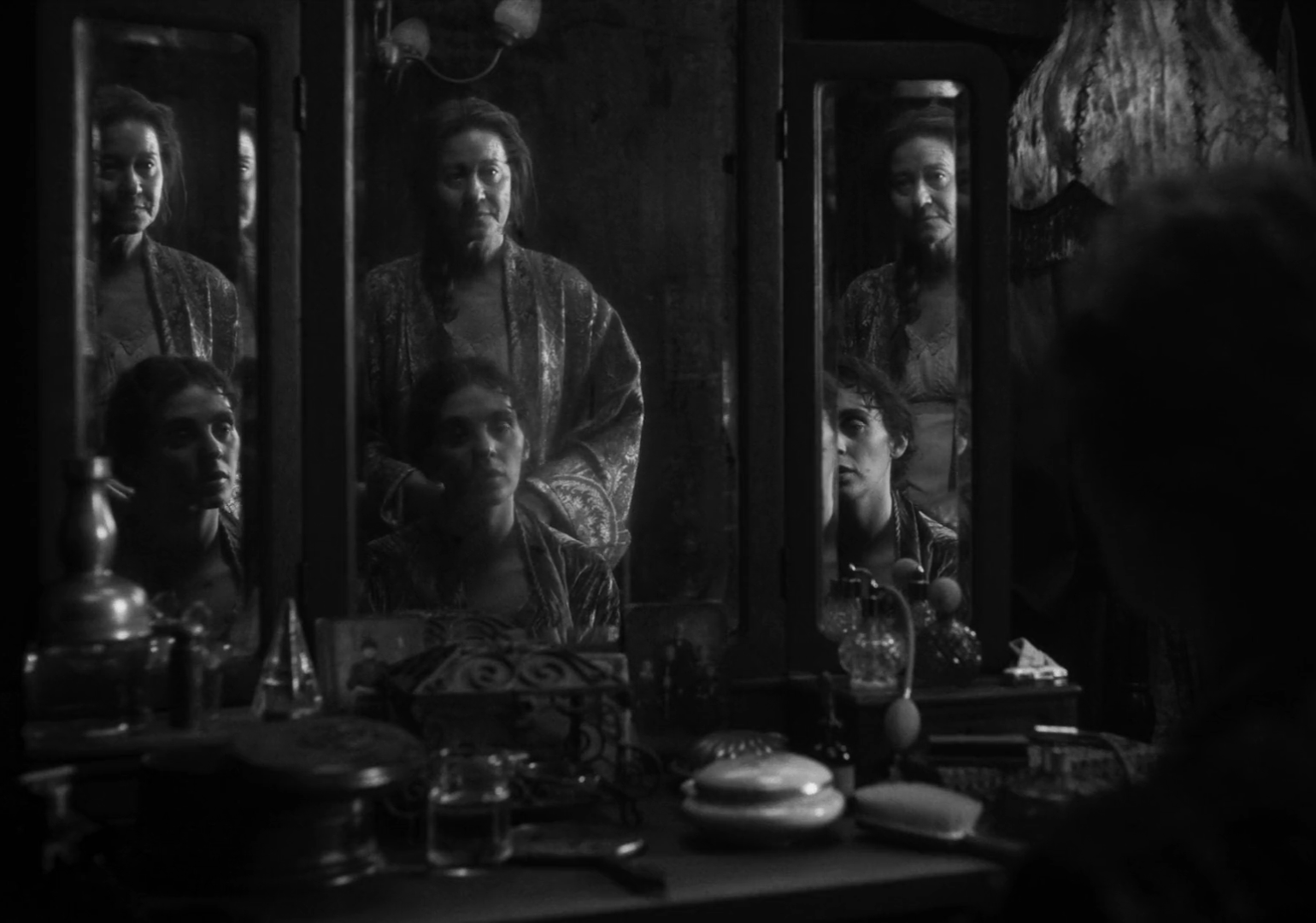
At the Academy Awards and Cannes Film Festival, Sean Baker gets recognition for the remarkably consistent work he has been doing since 2015, with Anora winning the top awards at both. This is a feat accomplished by only three other films in history – The Lost Weekend, Marty, and Parasite.
Quite curiously, Anora is also part of a larger trend of films this year proving that Quentin Tarantino had an eye for casting in Once Upon a Time in Hollywood. Many of the young actors who played Manson Family members there have since launched into the celebrity stratosphere, this year taking on significant roles across a number of films. Besides Mikey Madison’s breakthrough in Anora, Margaret Qualley excels in The Substance and Kinds of Kindness, Austin Butler takes a villainous turn in Dune: Part Two, Dakota Fanning is led down a trail of lies in Ripley, and Maya Hawke is introduced as Anxiety in Inside Out 2. A new generation of talent is here, and Tarantino saw it before any of us.
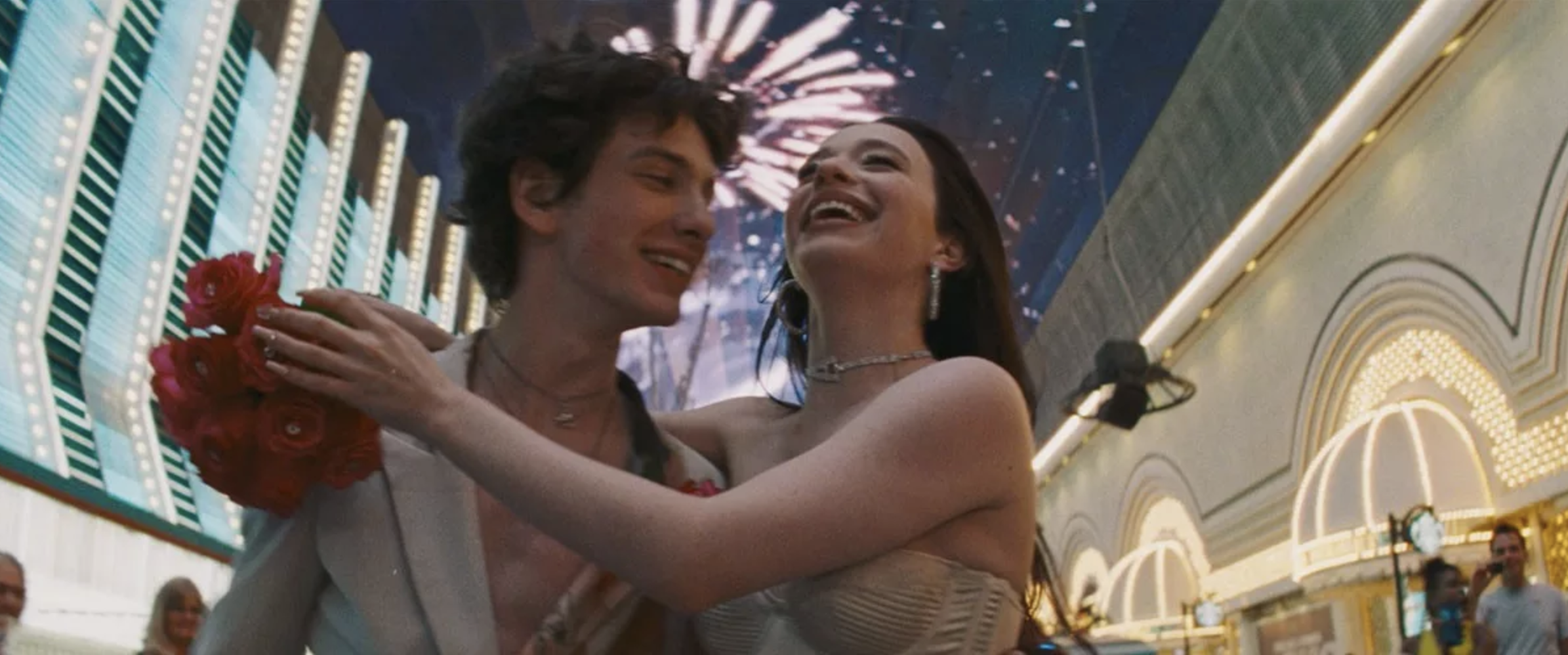
Film Archives
| Film | Director | Grade |
| A Complete Unknown | James Mangold | R |
| A Quiet Place: Day One | Michael Sarnoski | R |
| A Real Pain | Jesse Eisenberg | R |
| Alien: Romulus | Fede Álvarez | R |
| All We Imagine as Light | Payal Kapadia | R |
| Anora | Sean Baker | HR |
| Blitz | Steve McQueen | HR |
| Challengers | Luca Guadagnino | HR |
| Civil War | Alex Garland | HR |
| Conclave | Edward Berger | HR |
| Disclaimer | Alfonso Cuarón | HR |
| Dune: Part Two | Denis Villeneuve | MS/MP |
| Flow | Gints Zilbalodis | HR |
| Furiosa: A Mad Max Saga | George Miller | MS |
| Horizon: An American Saga – Chapter 1 | Kevin Costner | R |
| I Saw the TV Glow | Jane Schoenbrun | R |
| I’m Still Here | Walter Salles | R |
| Joker: Folie à Deux | Todd Phillips | R/HR |
| Juror #2 | Clint Eastwood | R |
| Kinds of Kindness | Yorgos Lanthimos | HR |
| Kingdom of the Planet of the Apes | Wes Ball | R |
| Longlegs | Osgood Perkins | R |
| Love Lies Bleeding | Rose Glass | R/HR |
| Maria | Pablo Larraín | HR/MS |
| MaXXXine | Ti West | R |
| Monkey Man | Dev Patel | HR |
| Nickel Boys | RaMell Ross | MS |
| Nosferatu | Robert Eggers | MS |
| Queer | Luca Guadagnino | HR/MS |
| Rebel Ridge | Jeremy Saulnier | R |
| Ripley | Steven Zaillian | MP |
| Sing Sing | Greg Kwedar | R |
| Smile 2 | Parker Finn | R |
| The Apprentice | Ali Abbasi | R/HR |
| The Brutalist | Brady Corbet | MS |
| The Fall Guy | David Leitch | R |
| The Girl with the Needle | Magnus von Horn | MS |
| The Substance | Coralie Fargeat | MS |
| The Wild Robot | Chris Sanders | R |
| Trap | M. Night Shyamalan | R |
| We Live in Time | John Crowley | R |
| Wicked | Jon M. Chu | R |
| Wolfs | Jon Watts | R |
